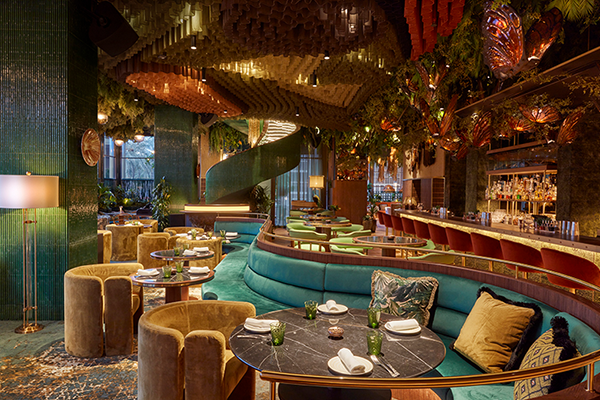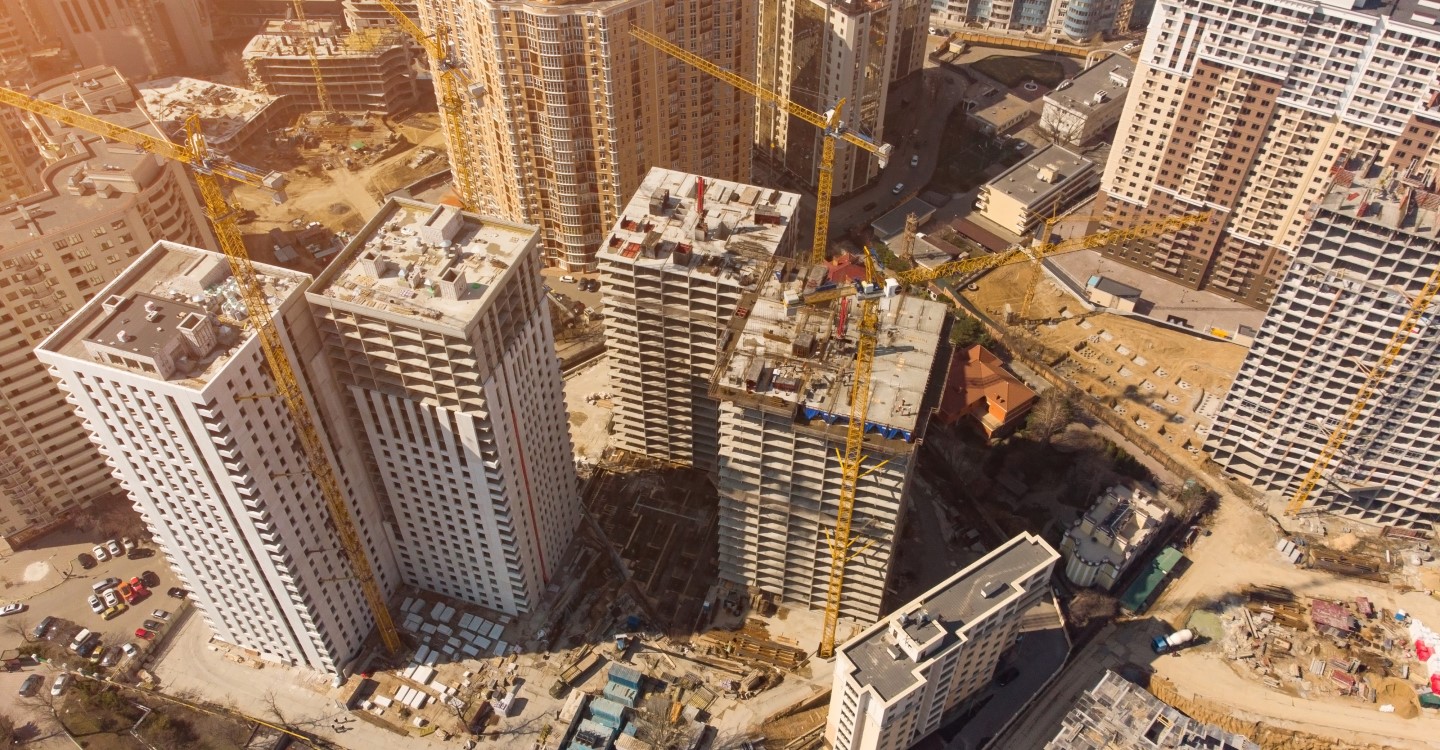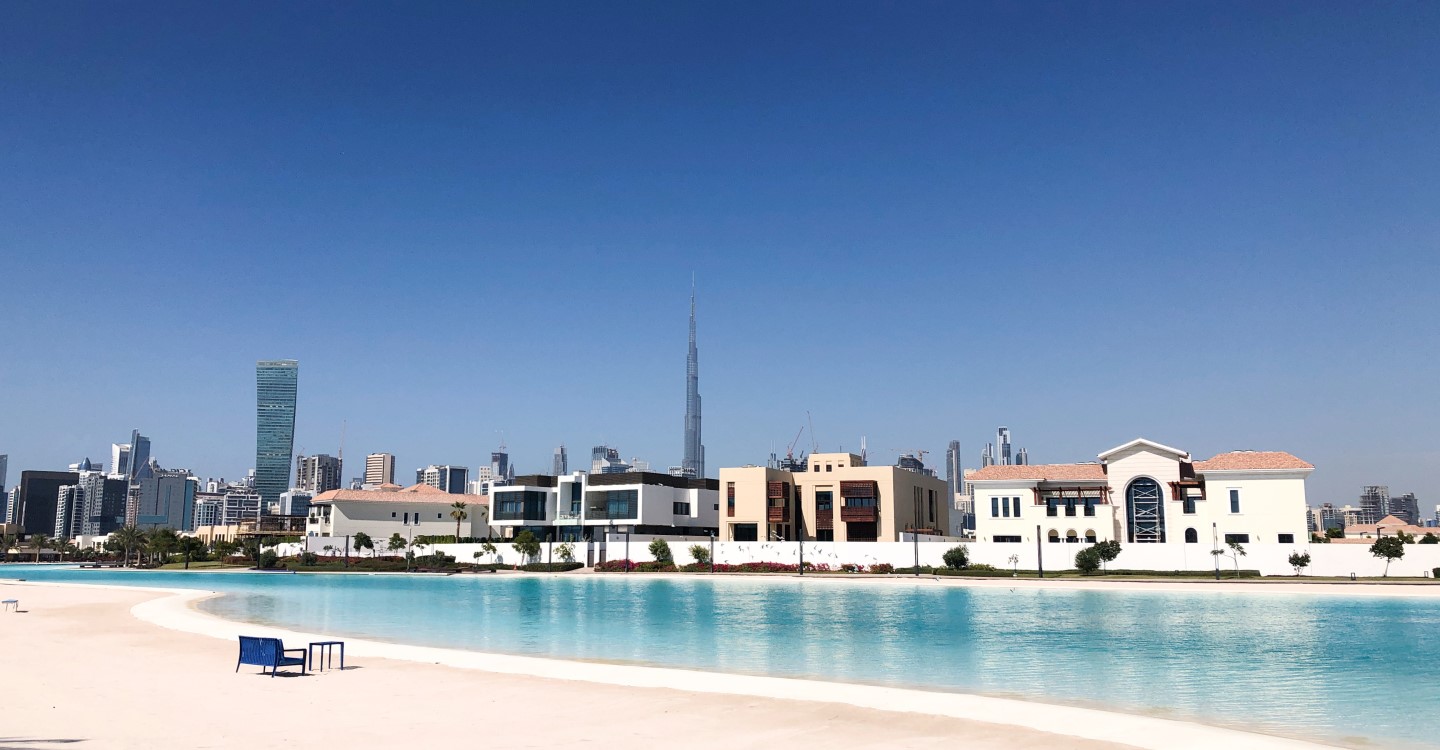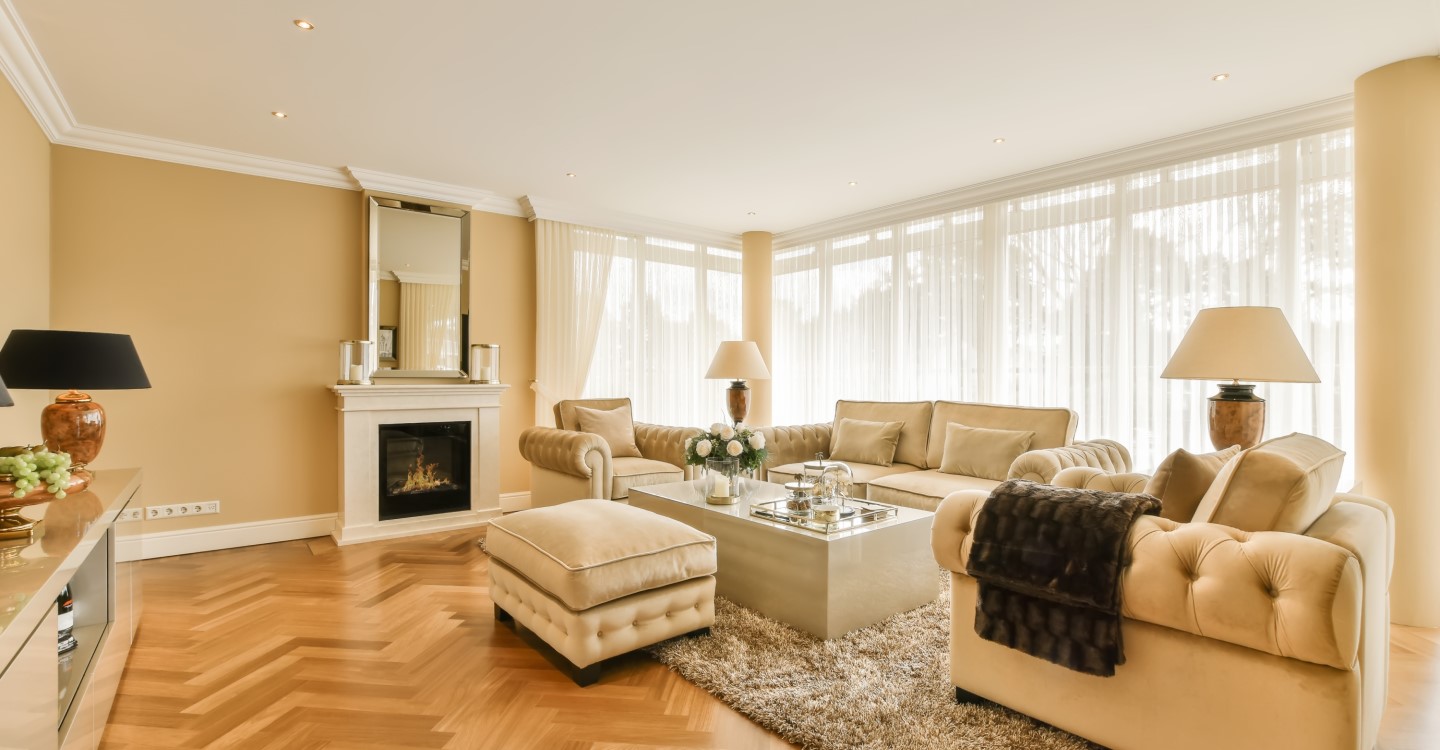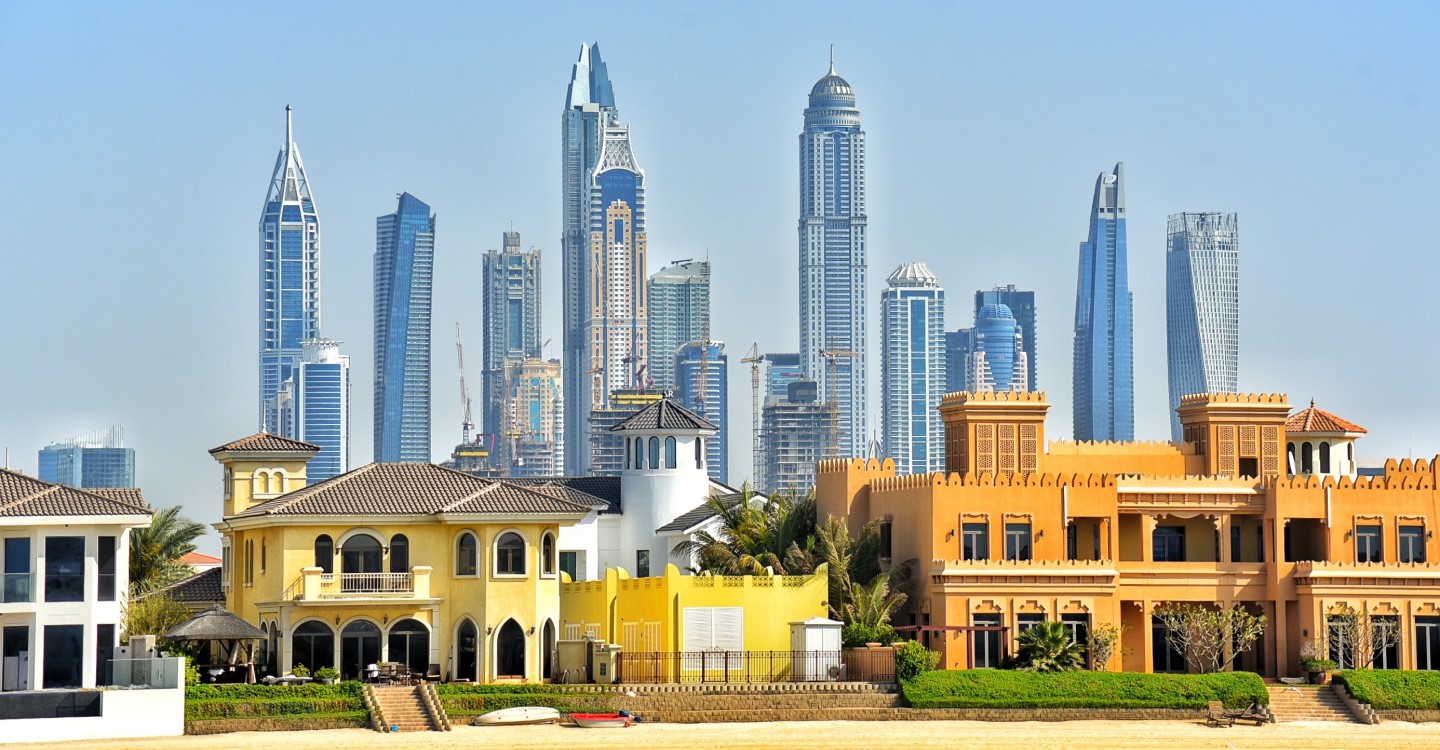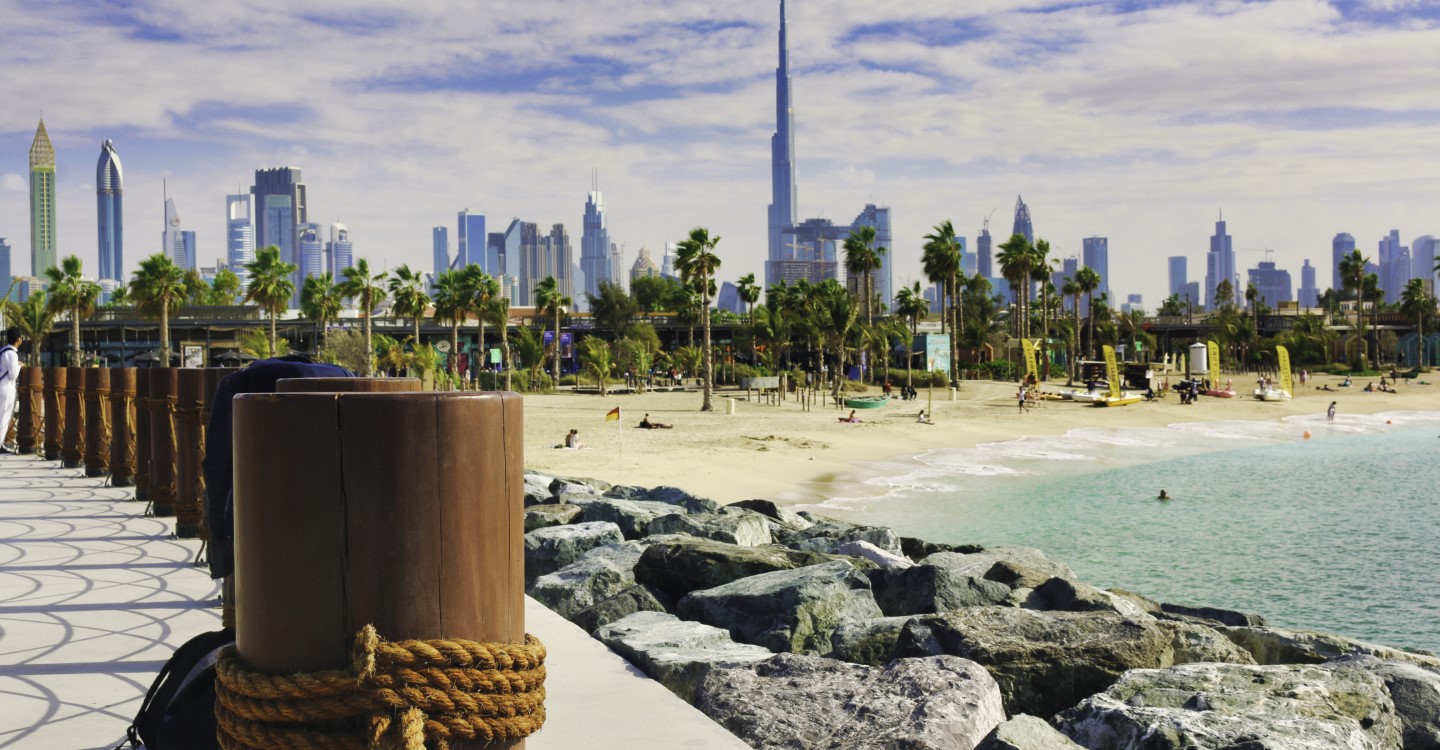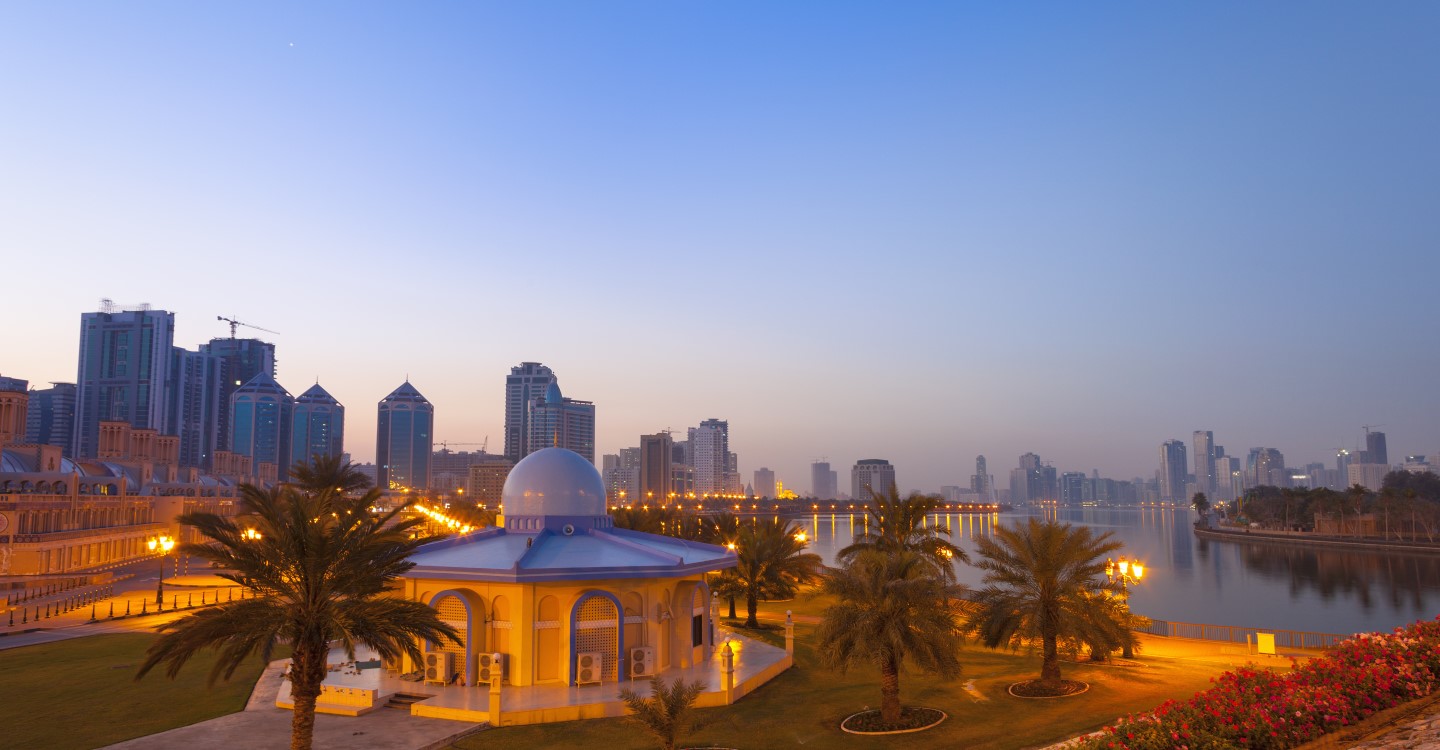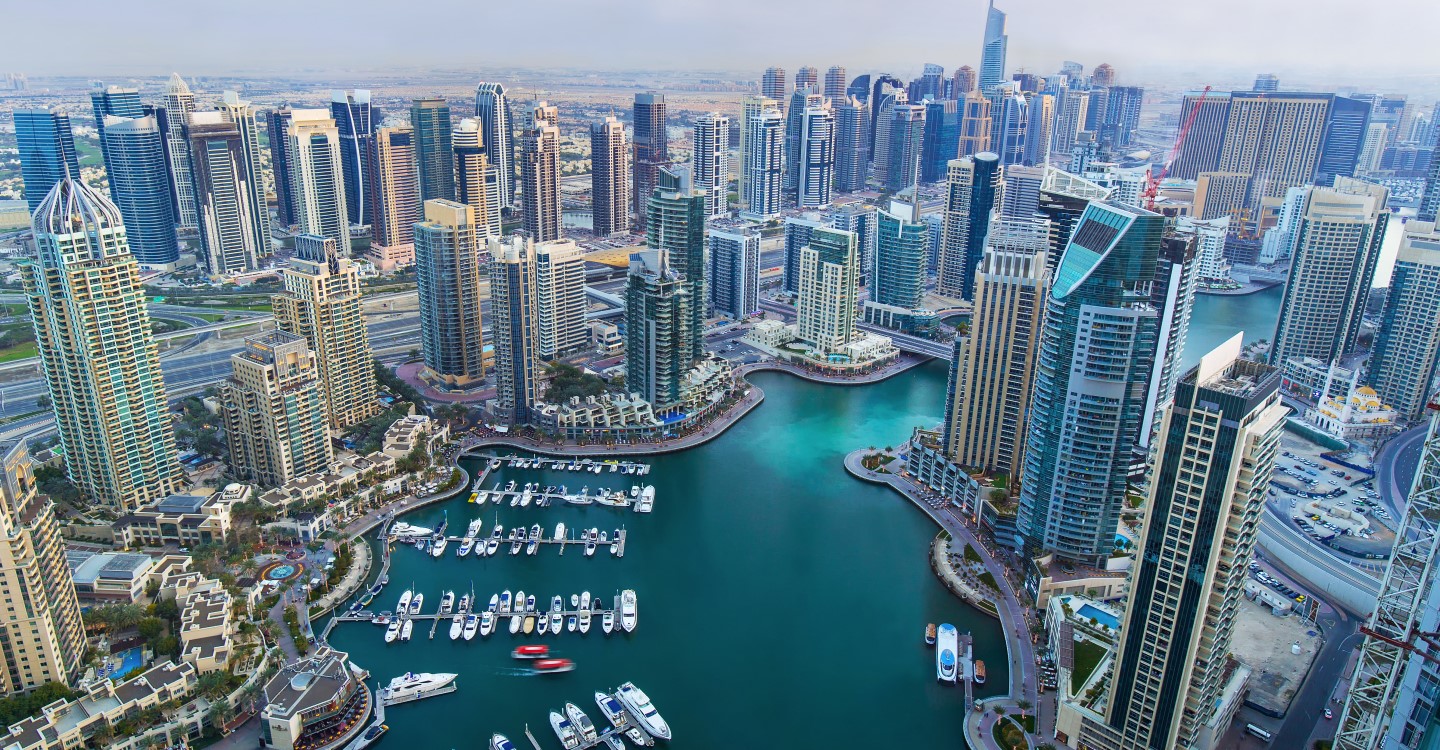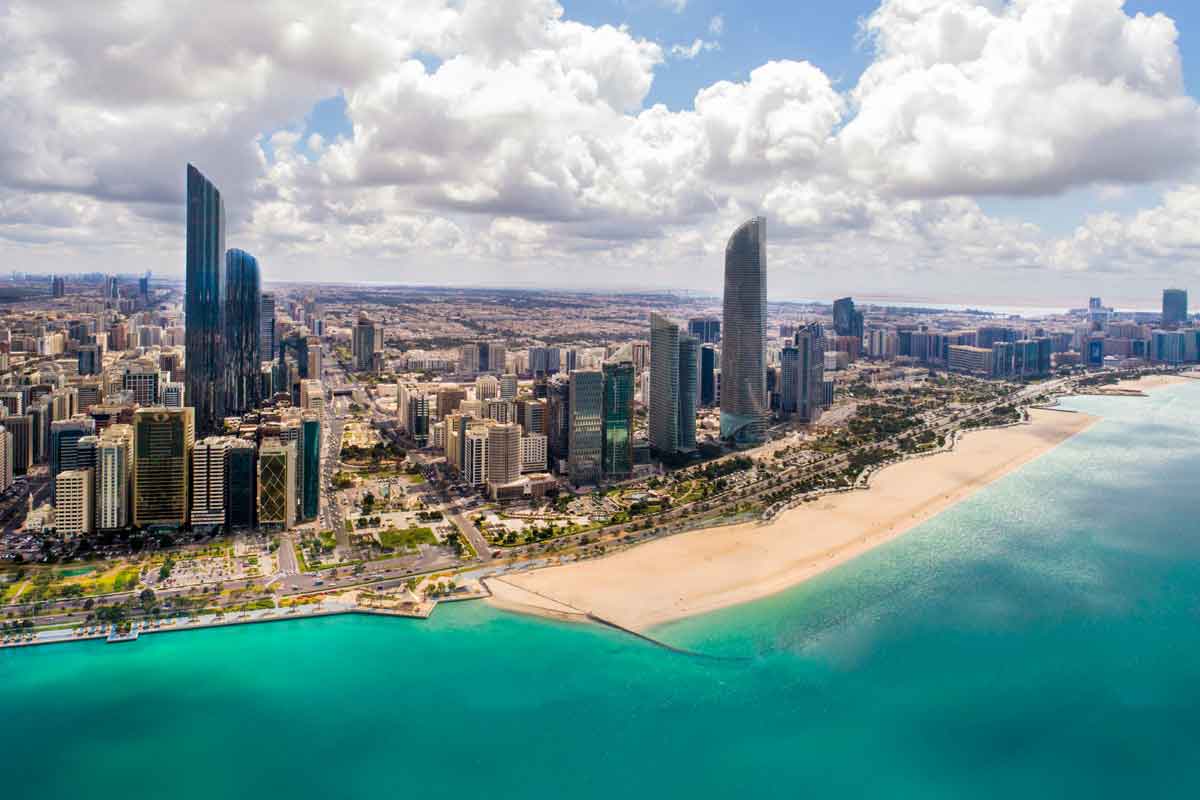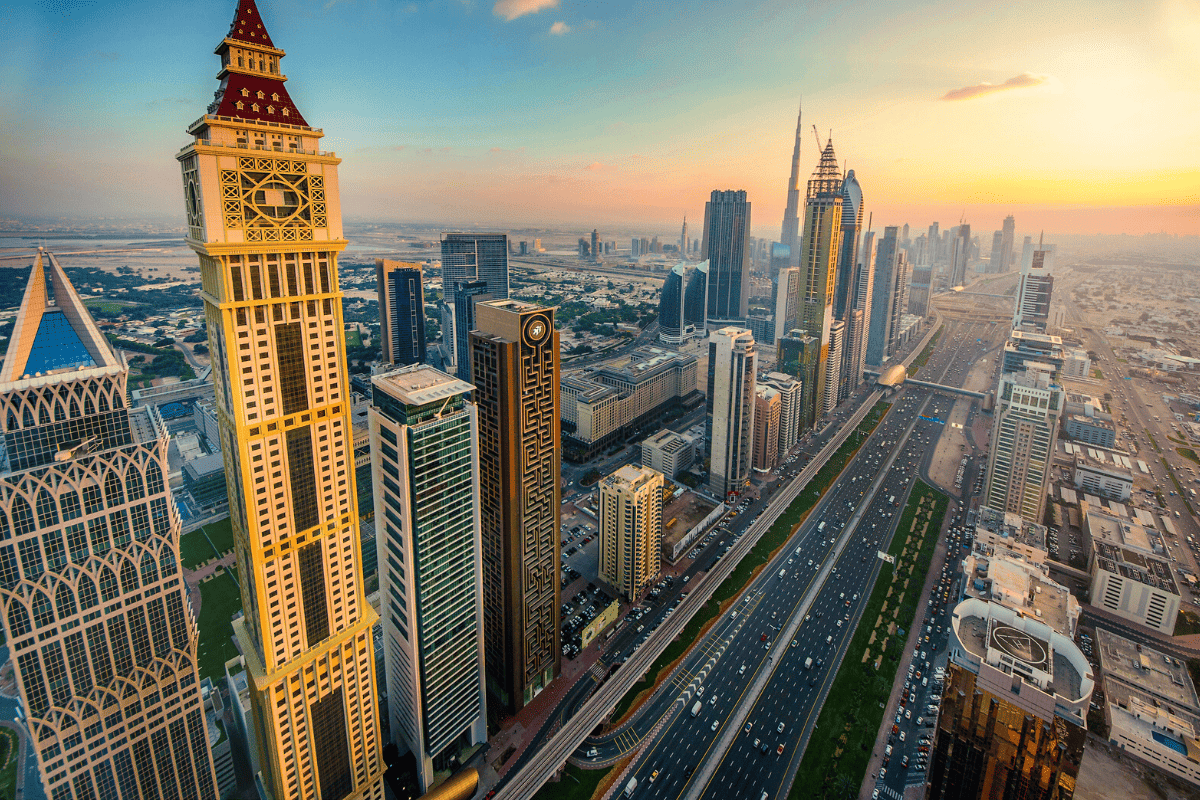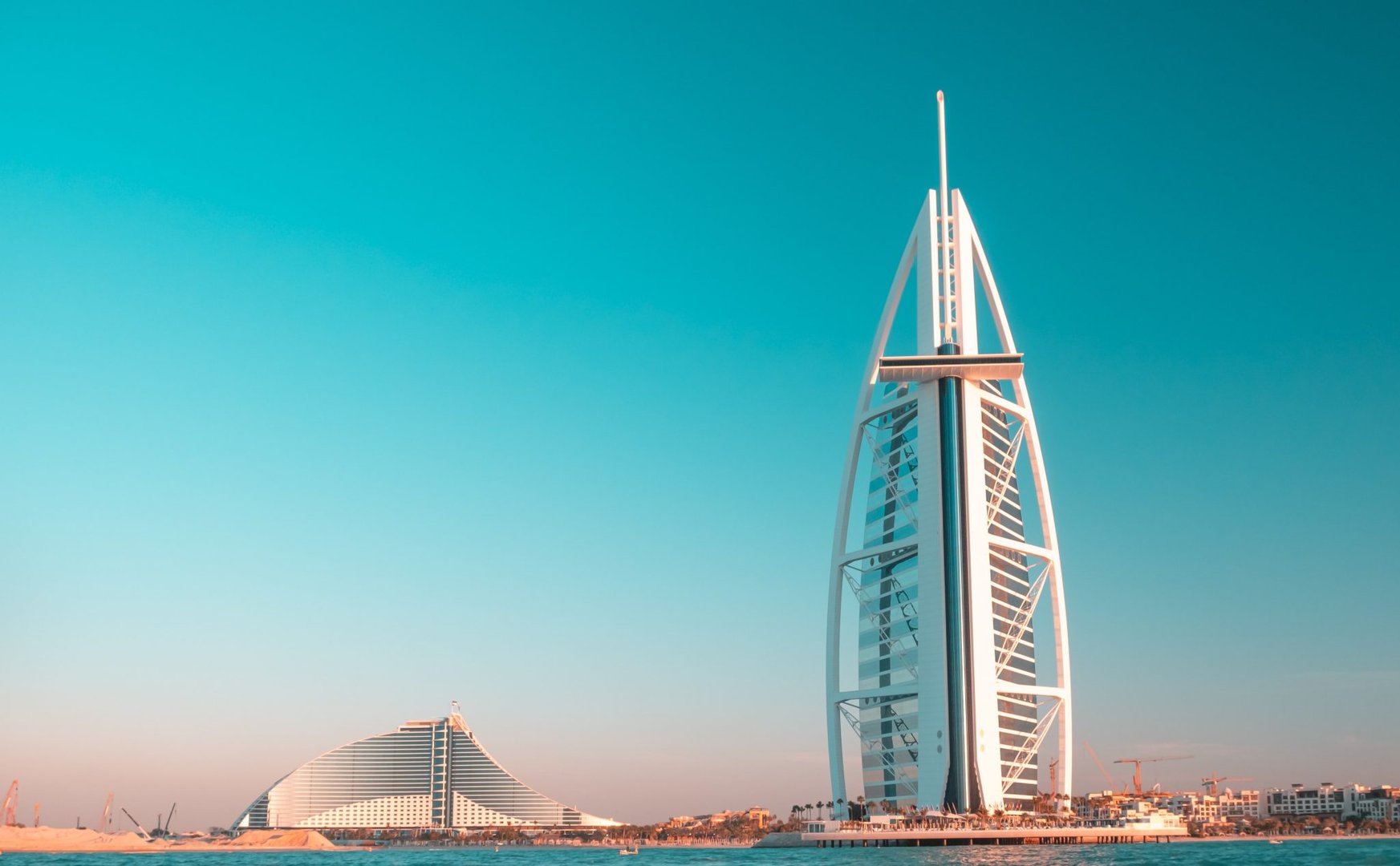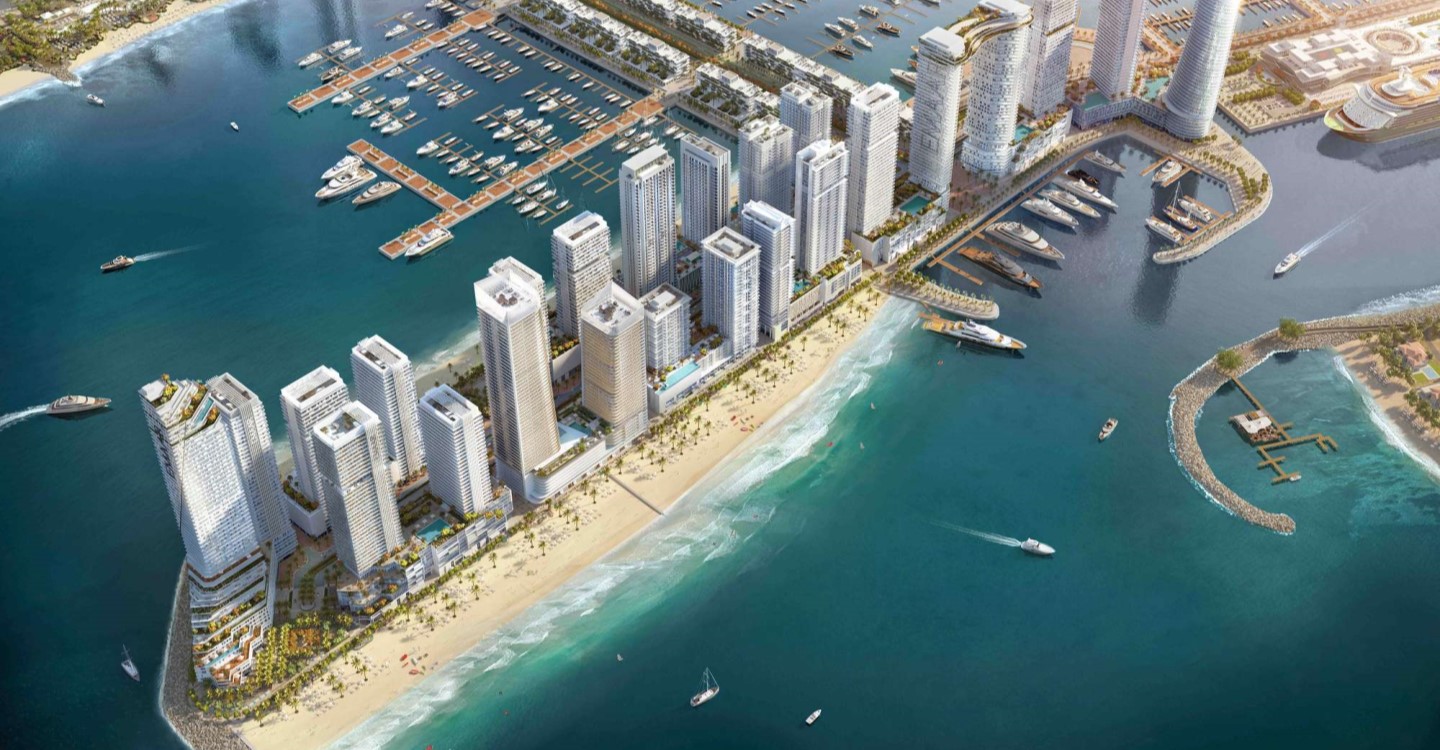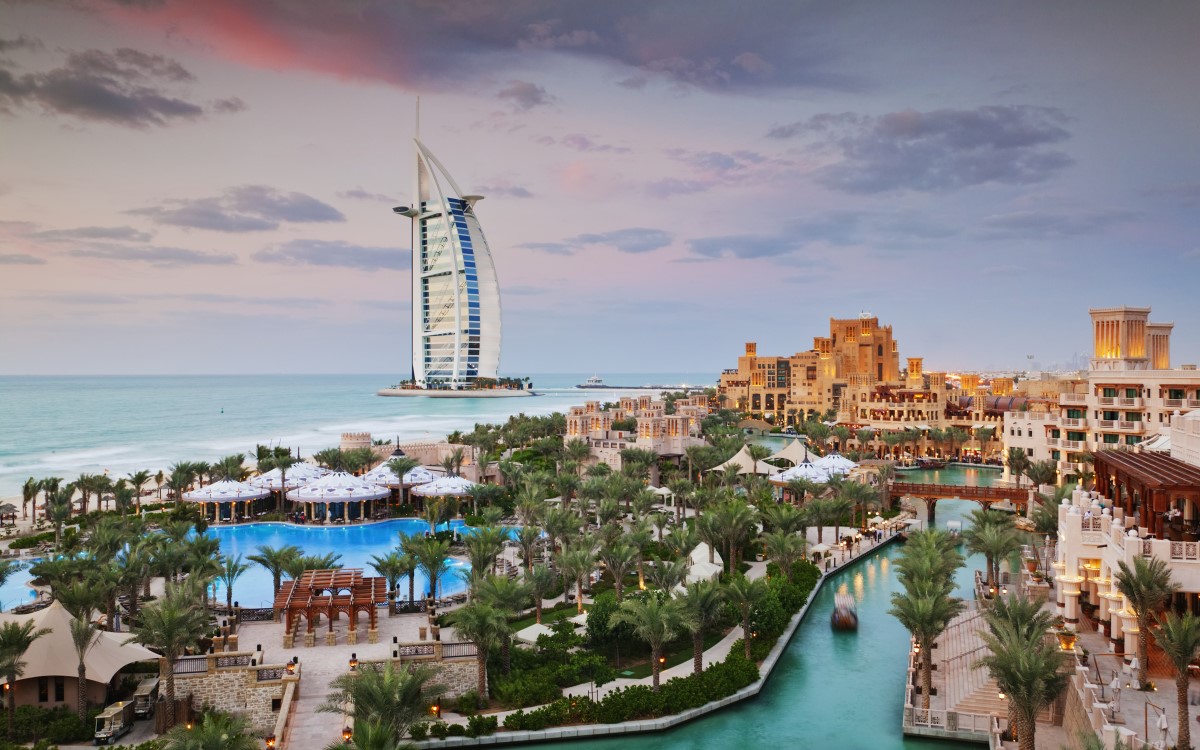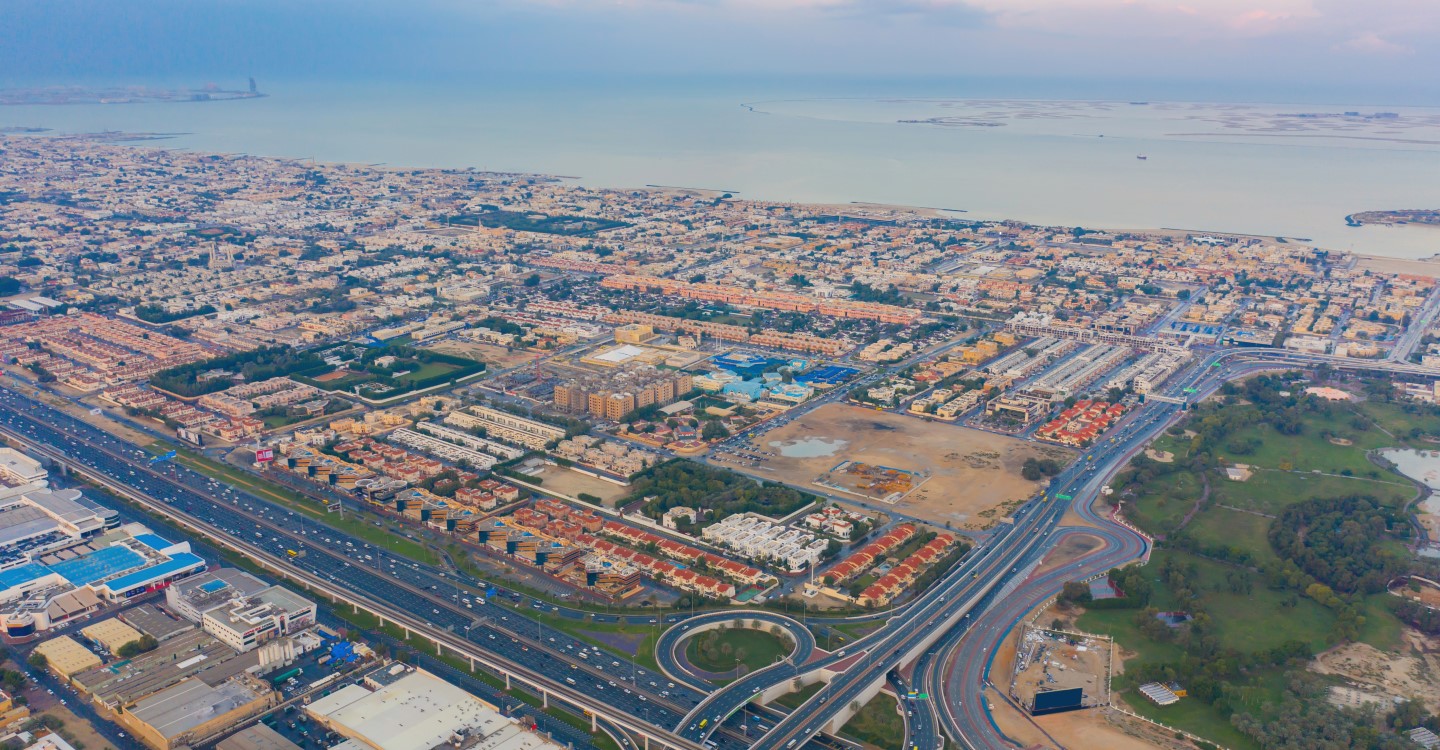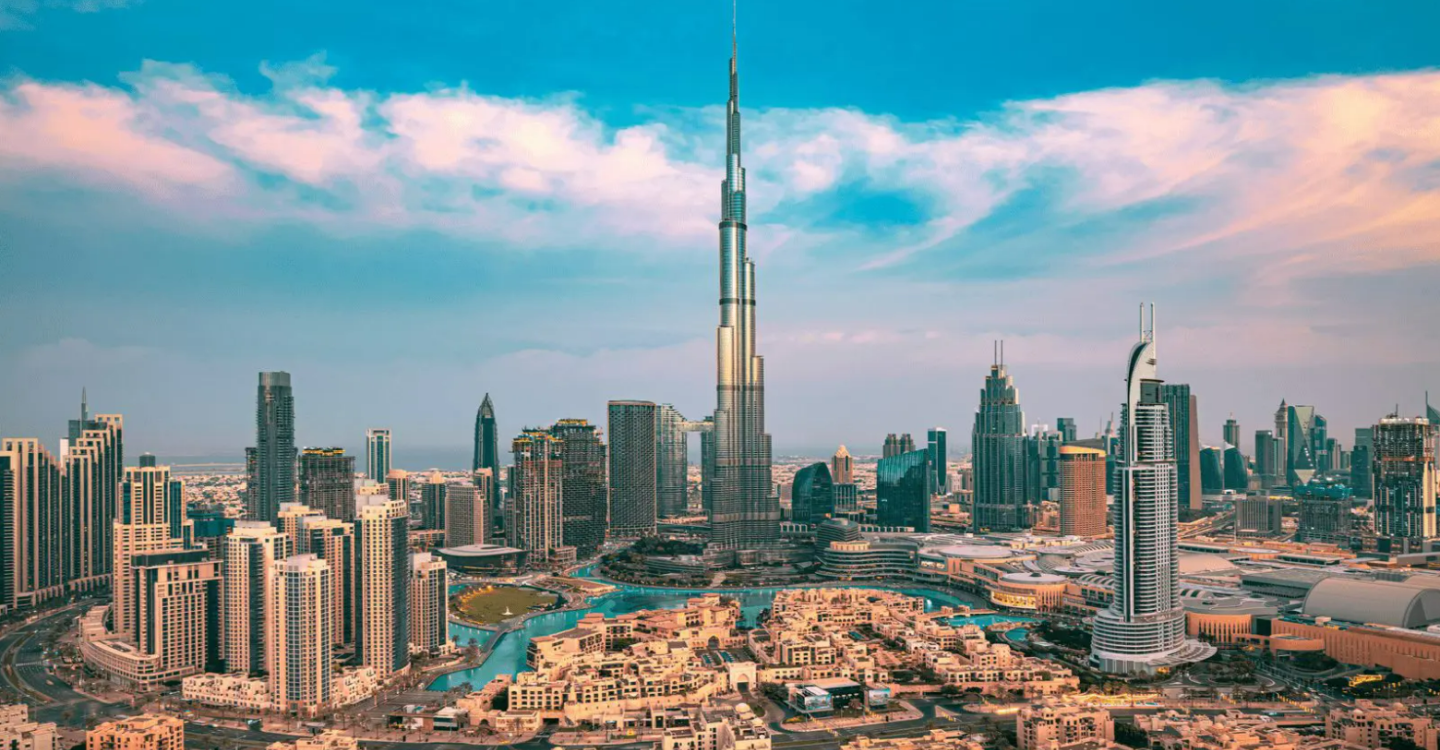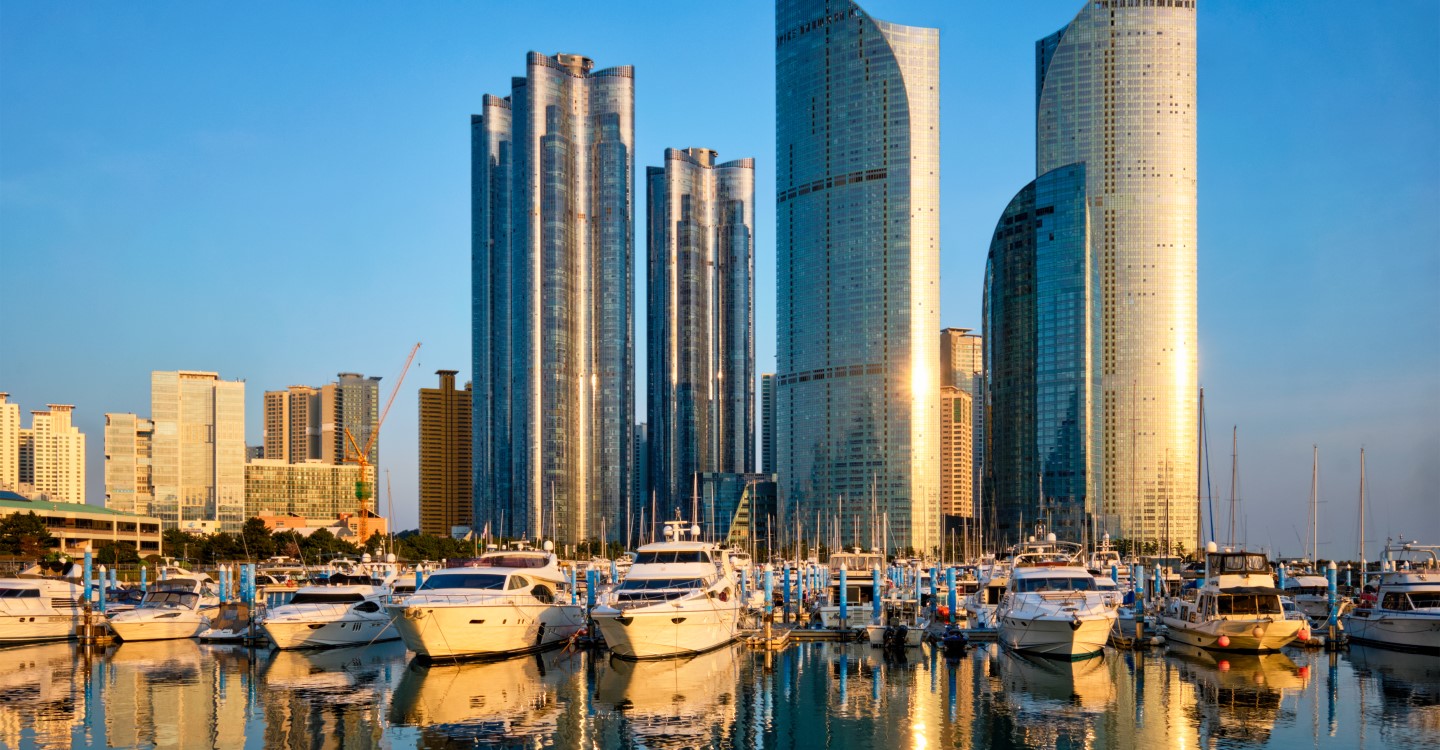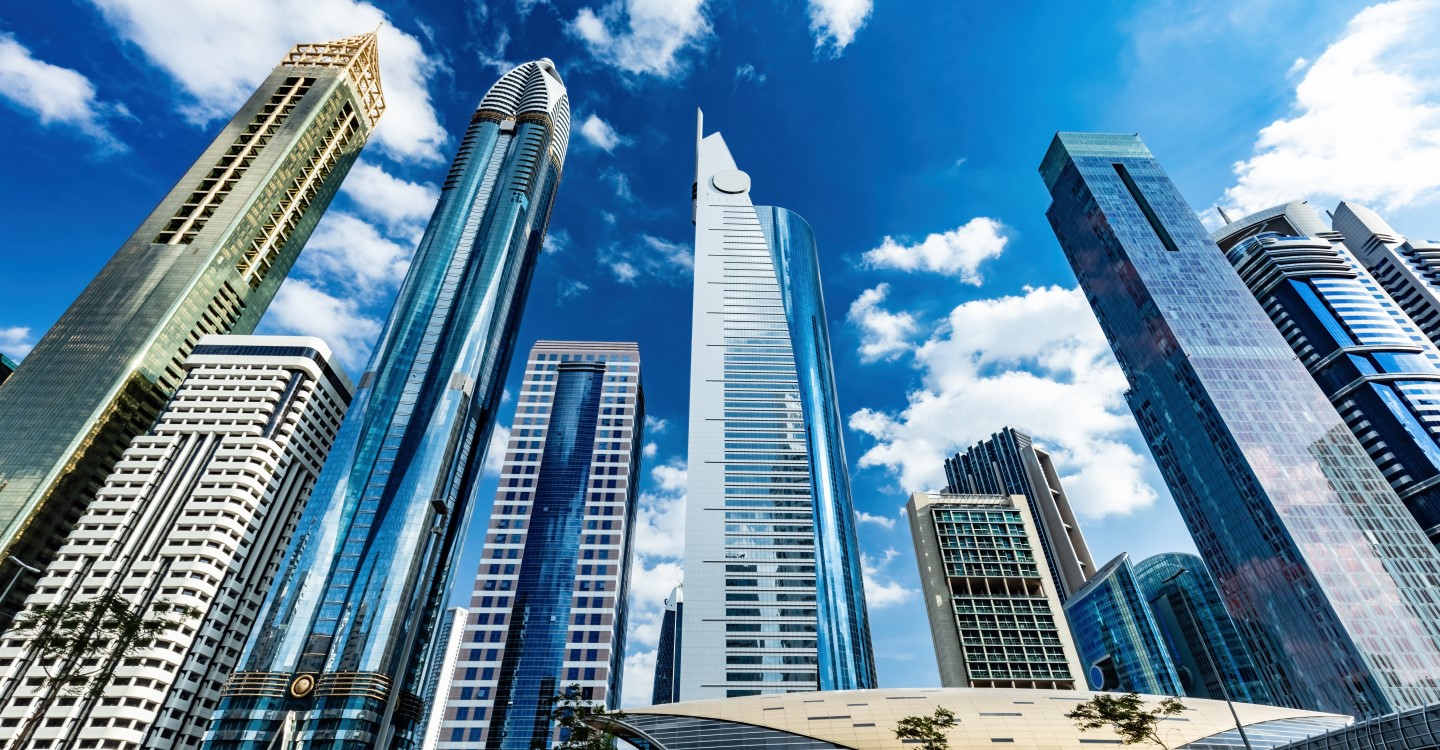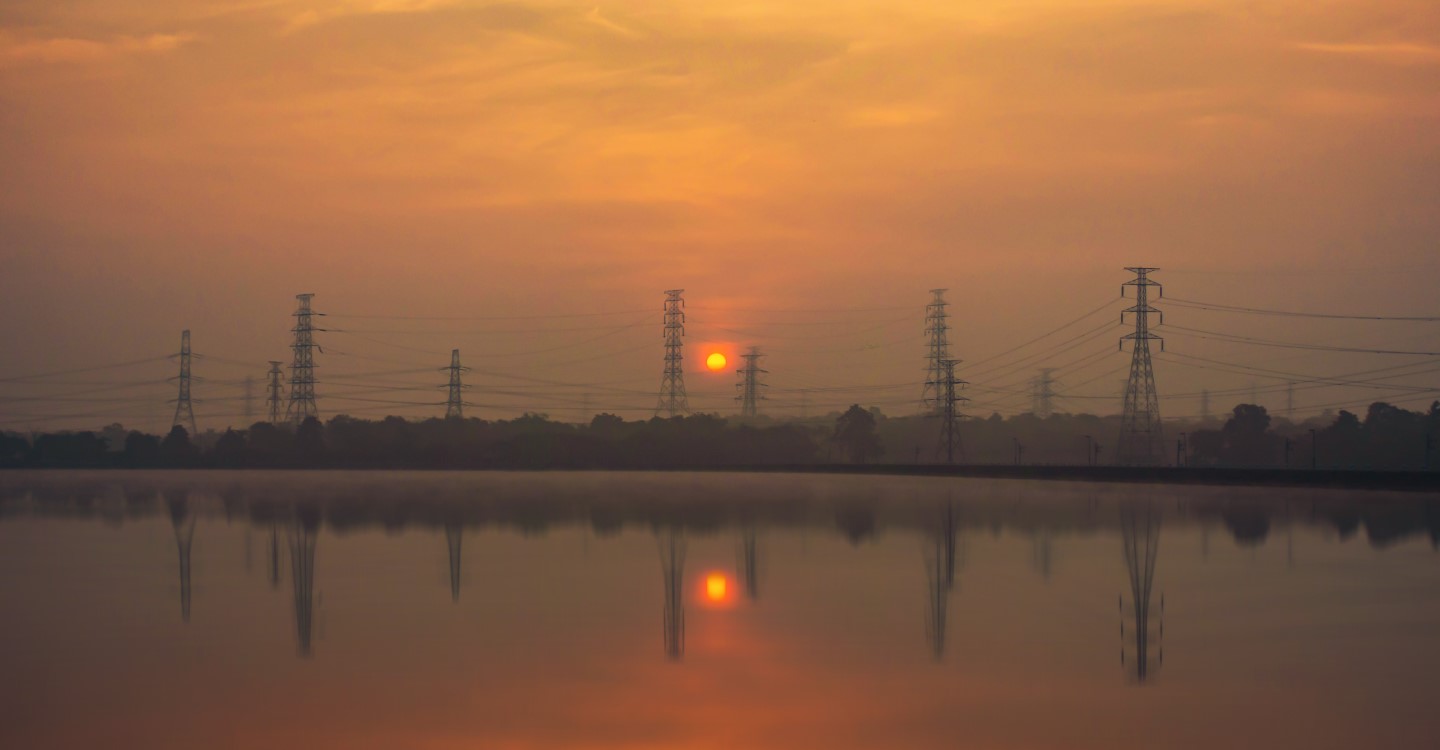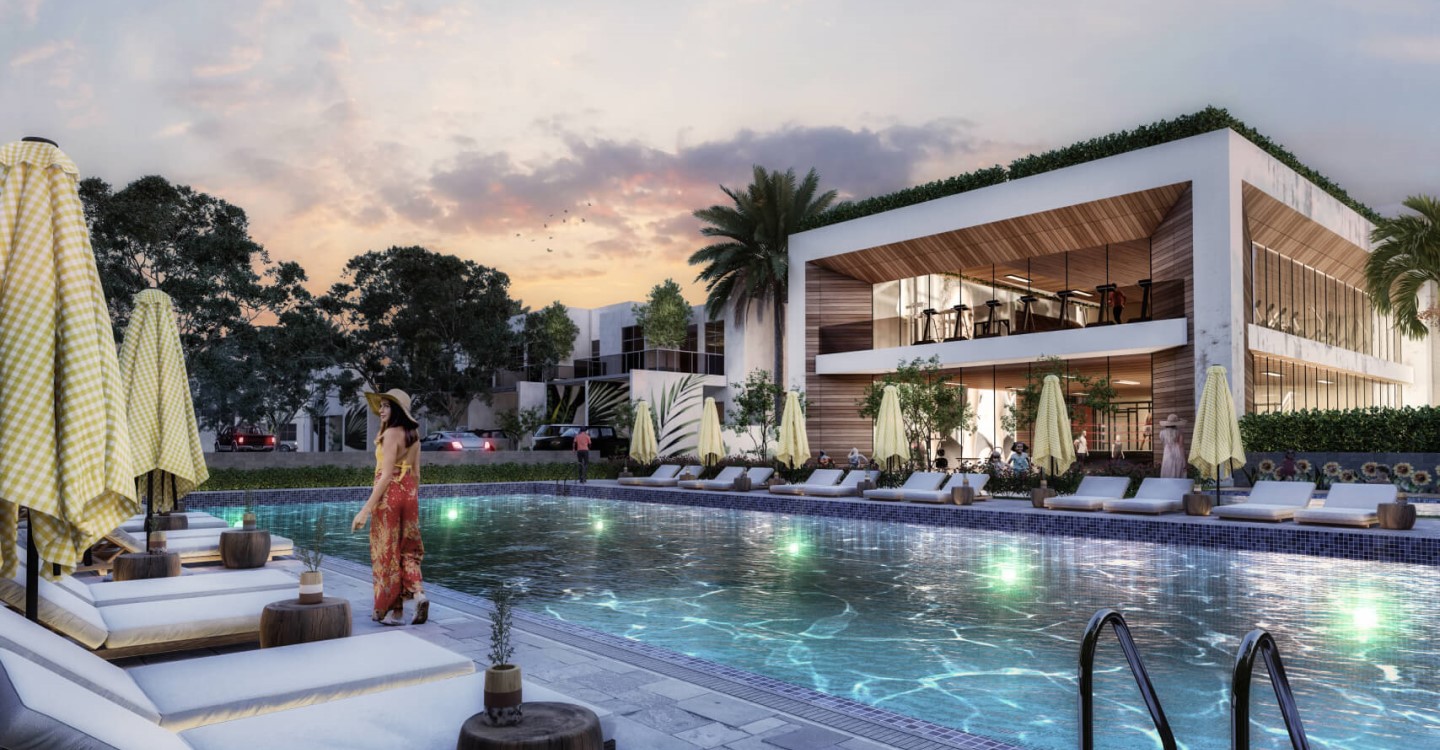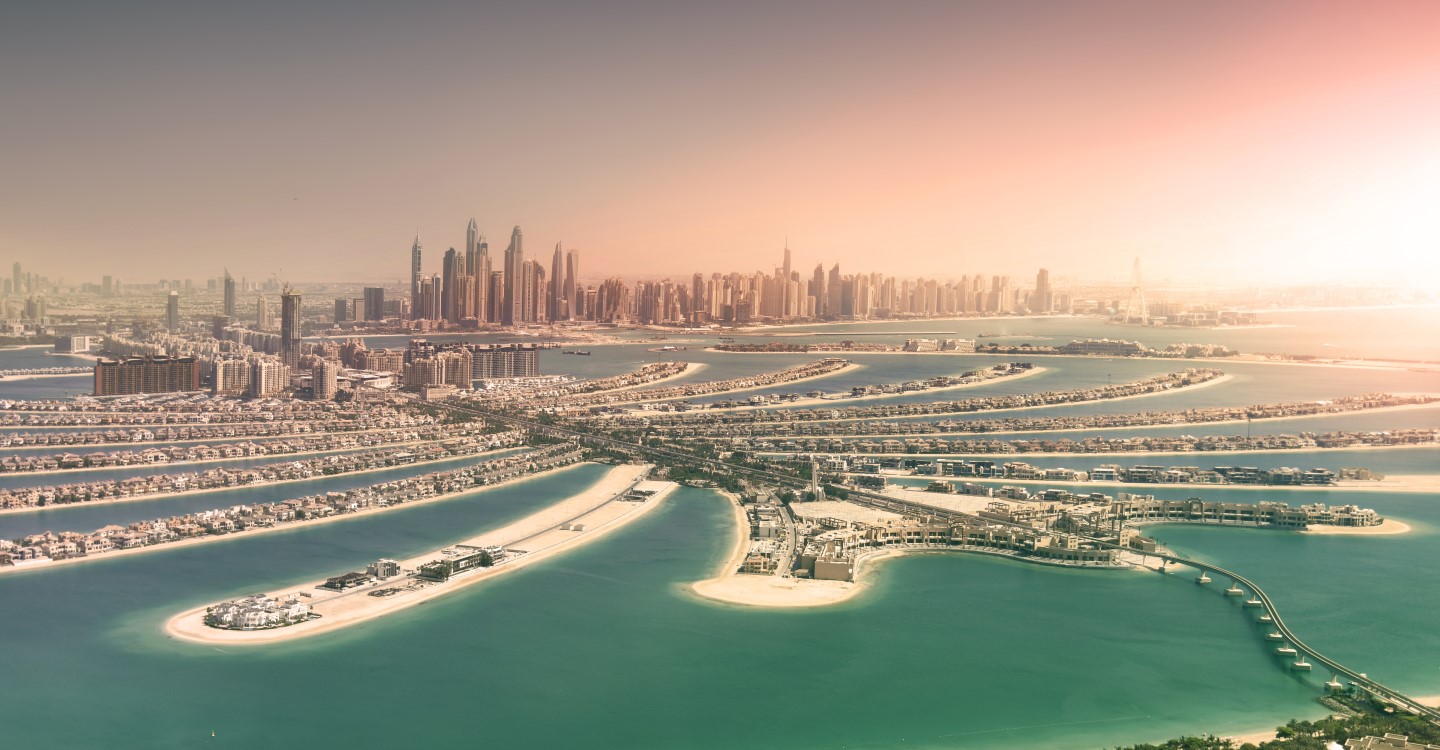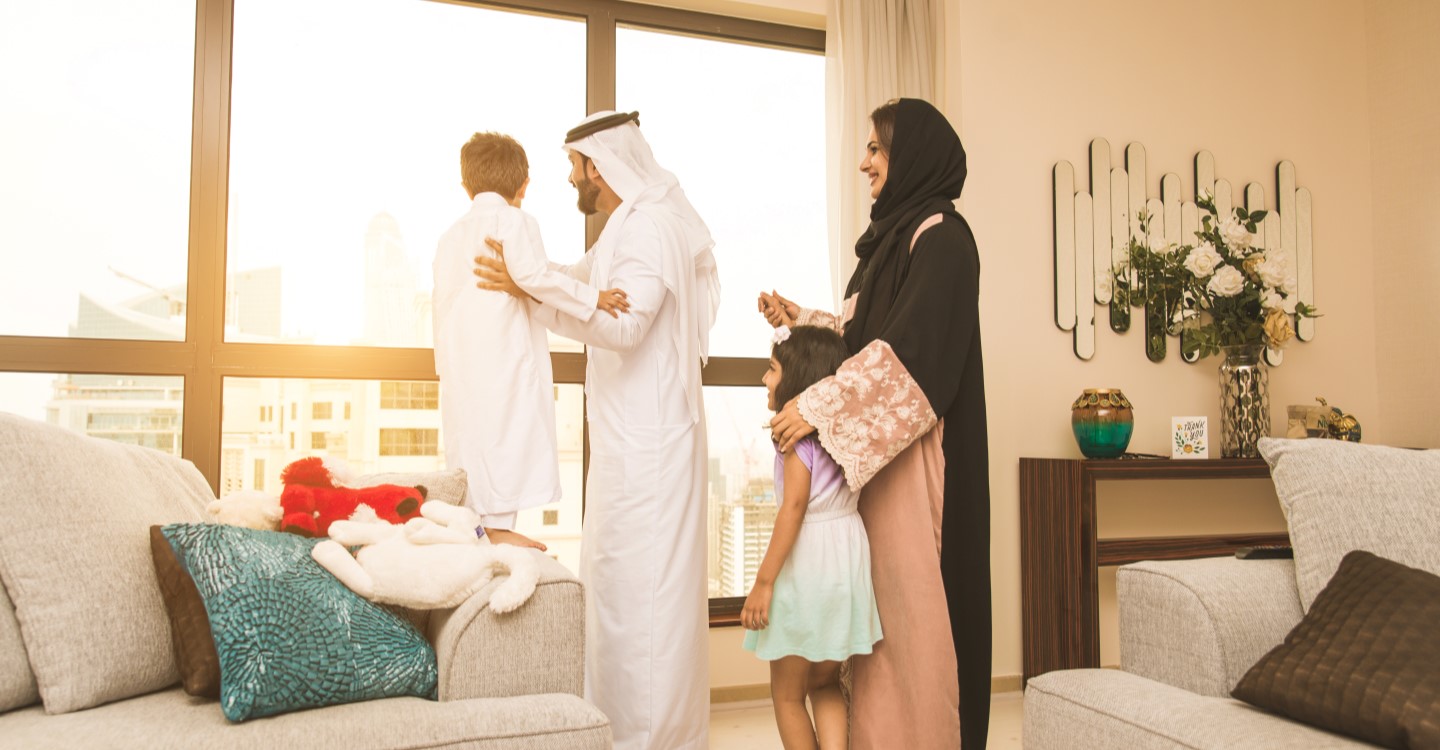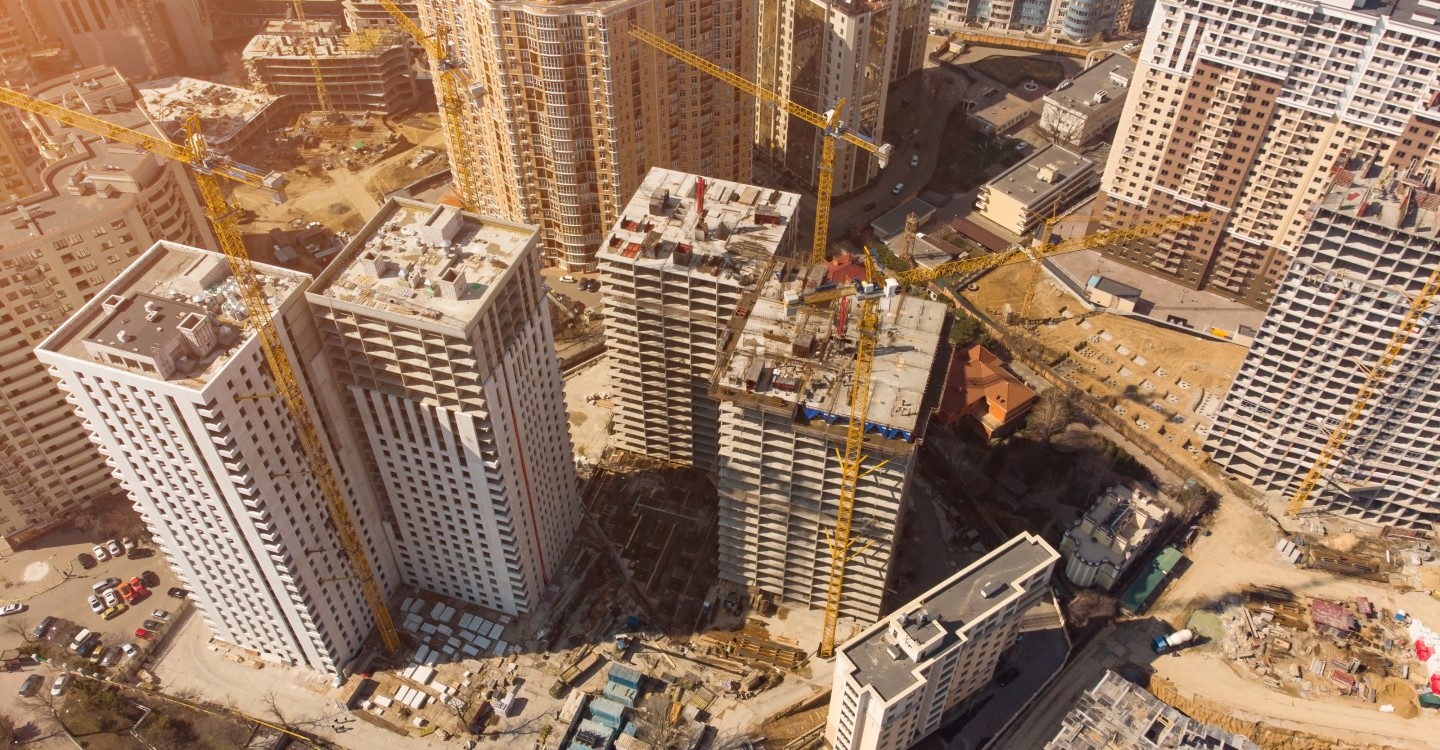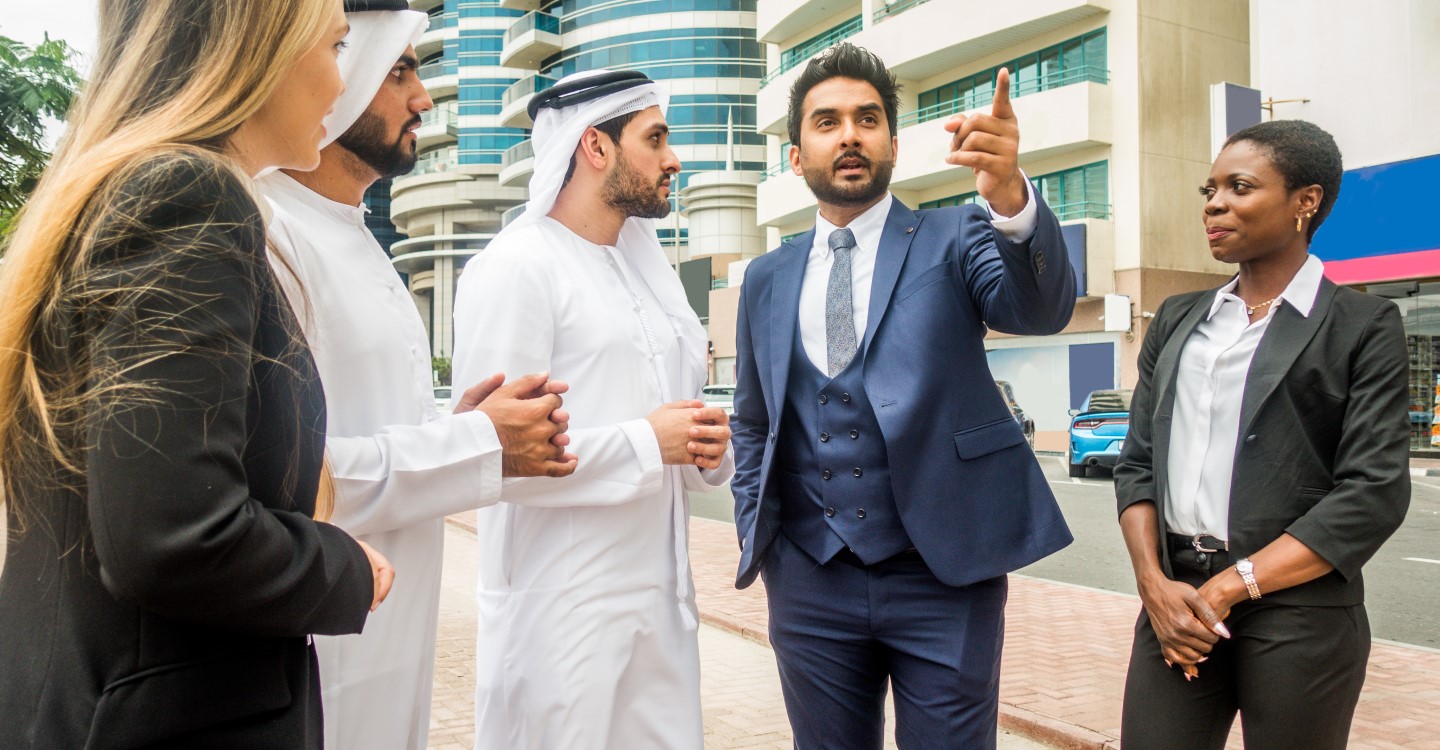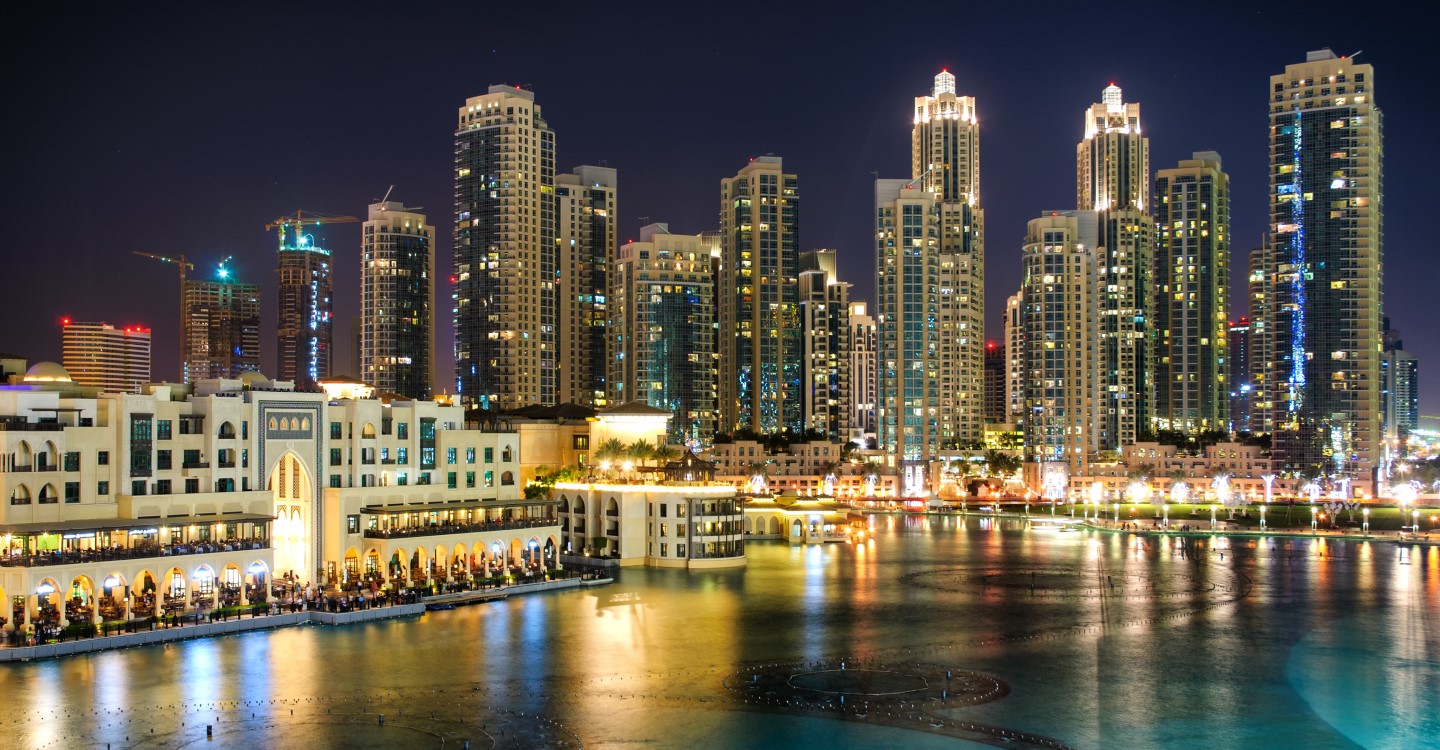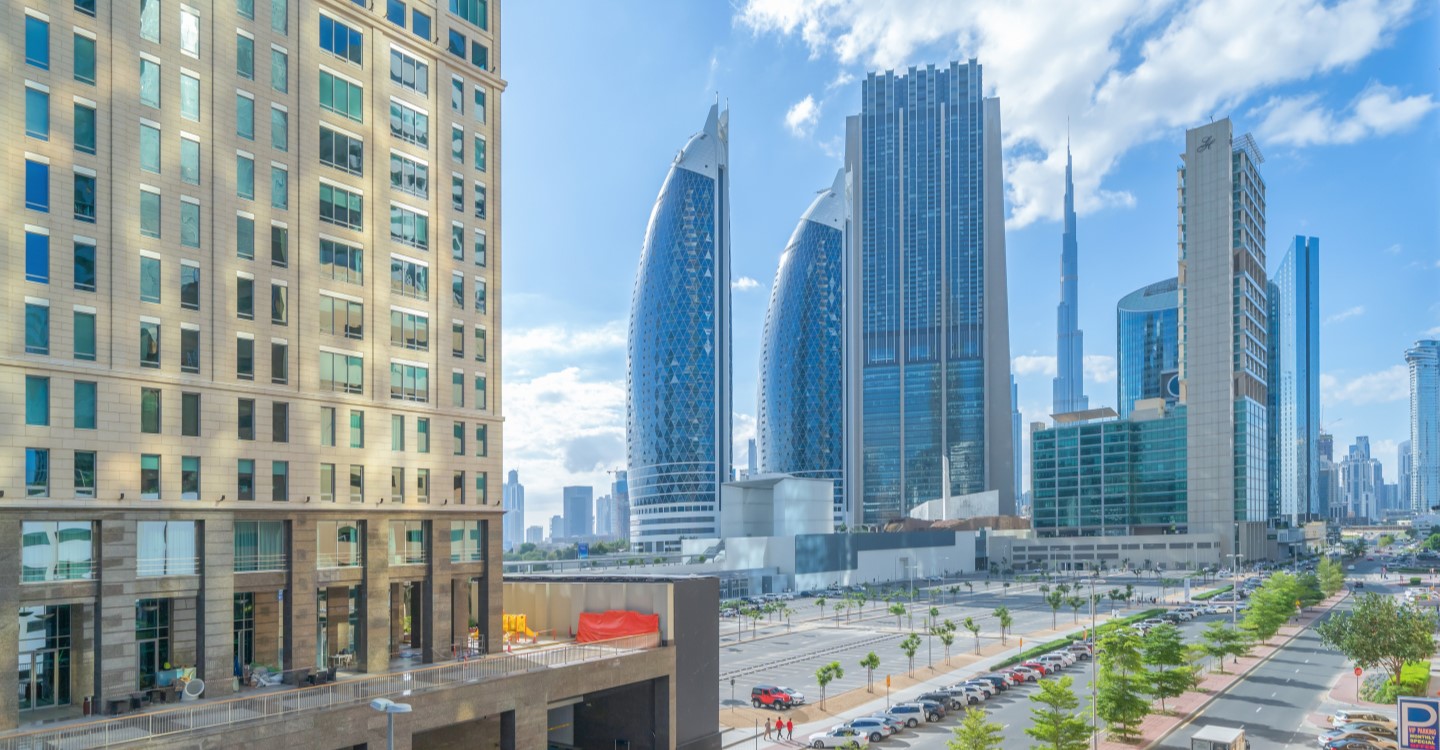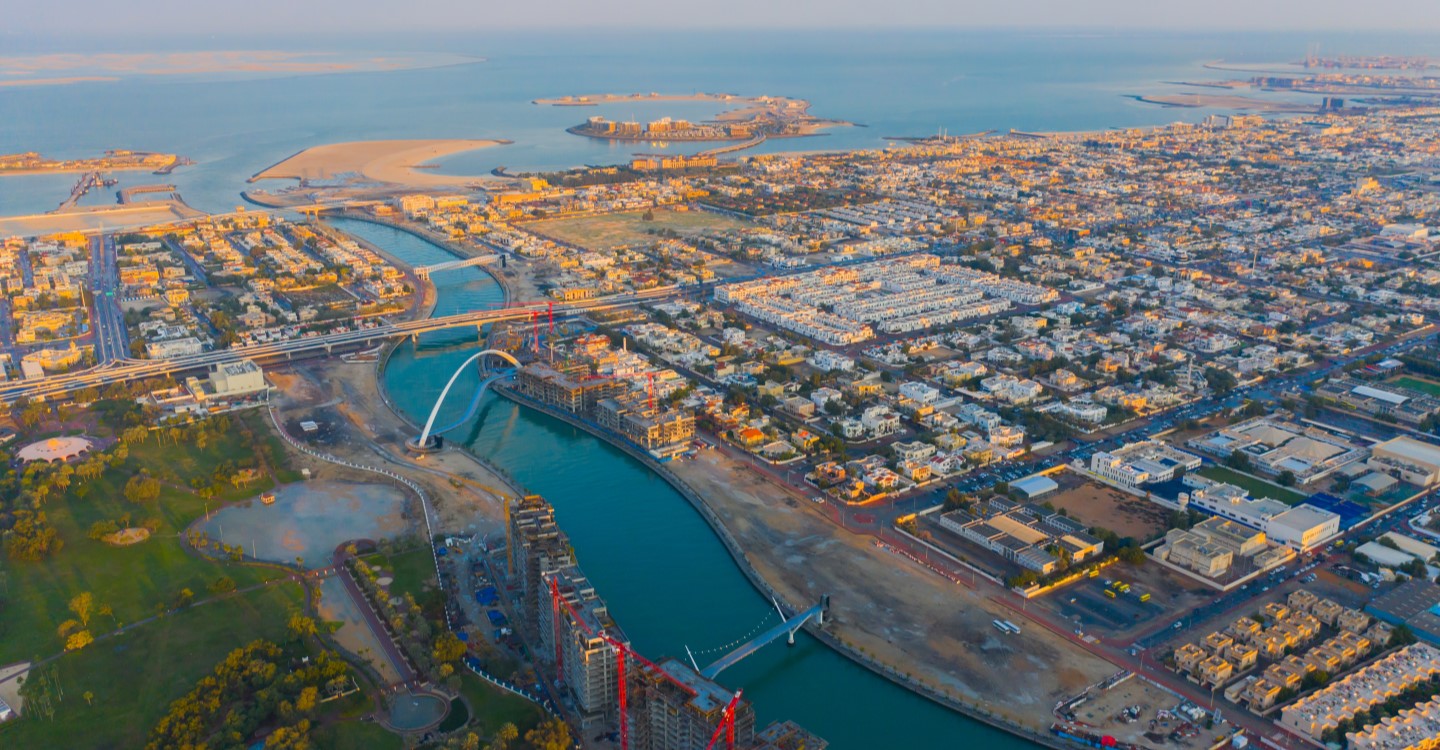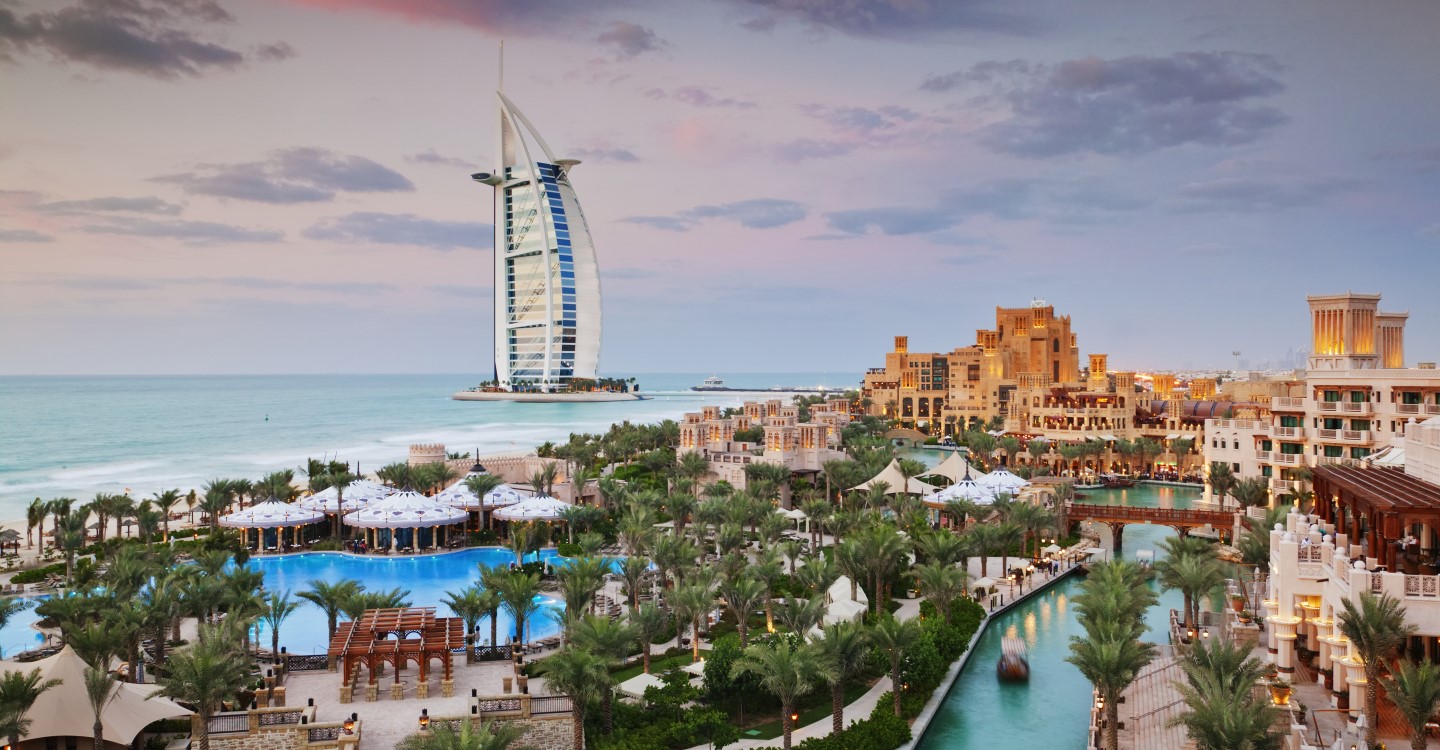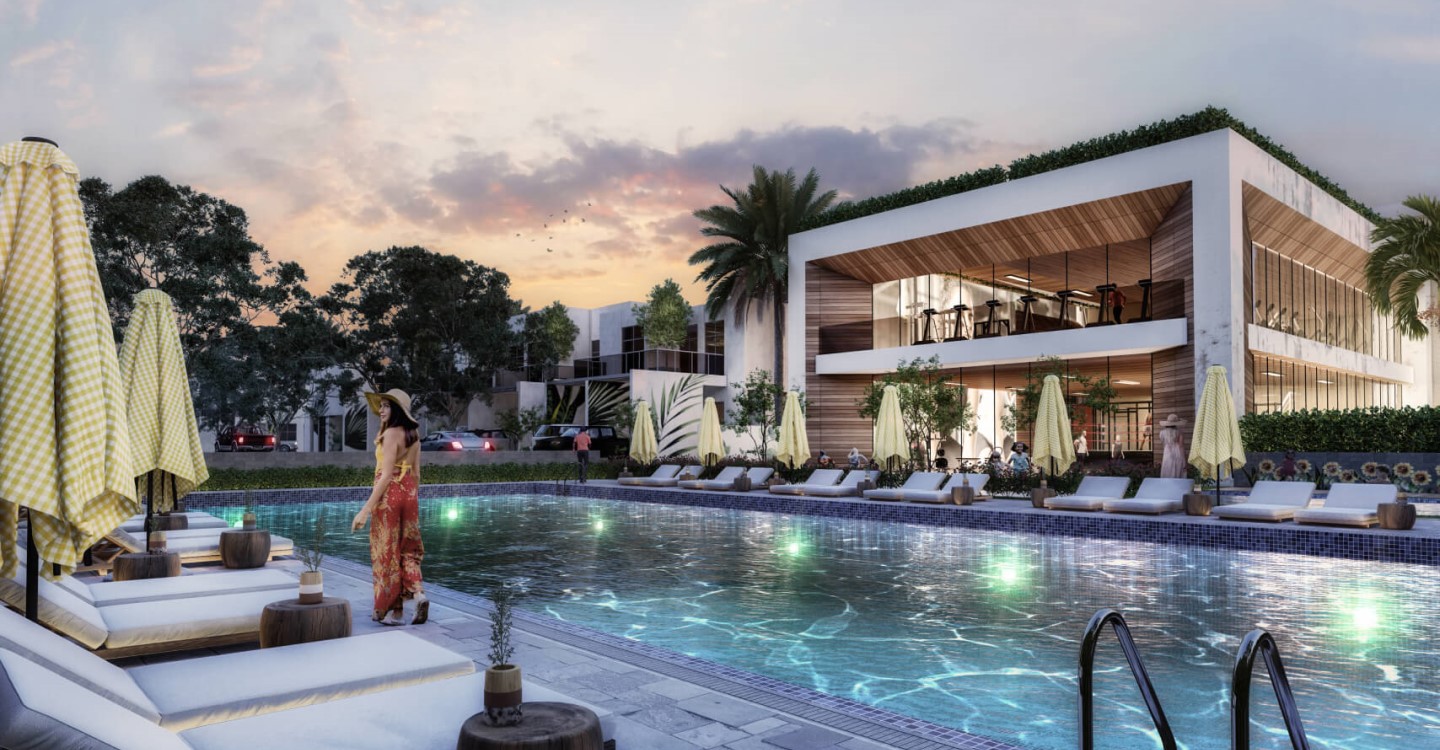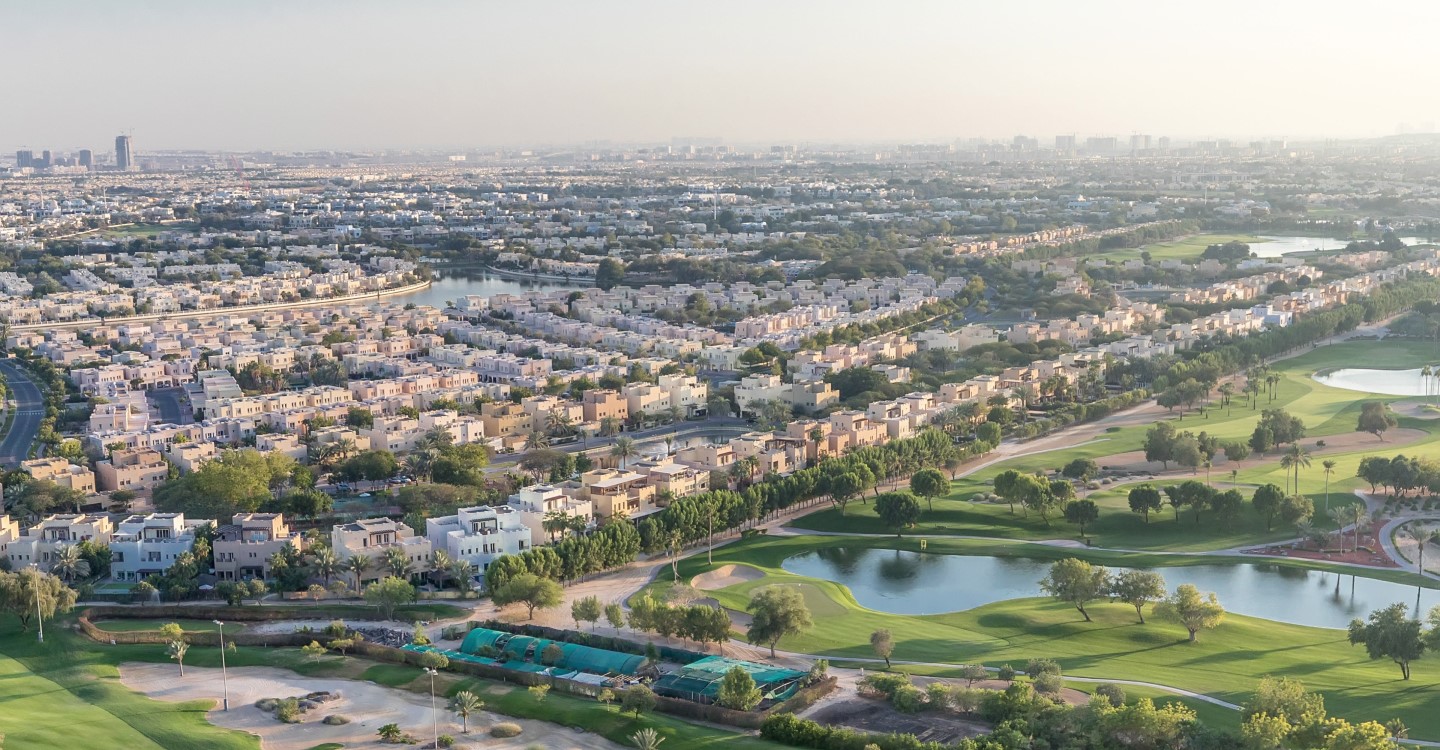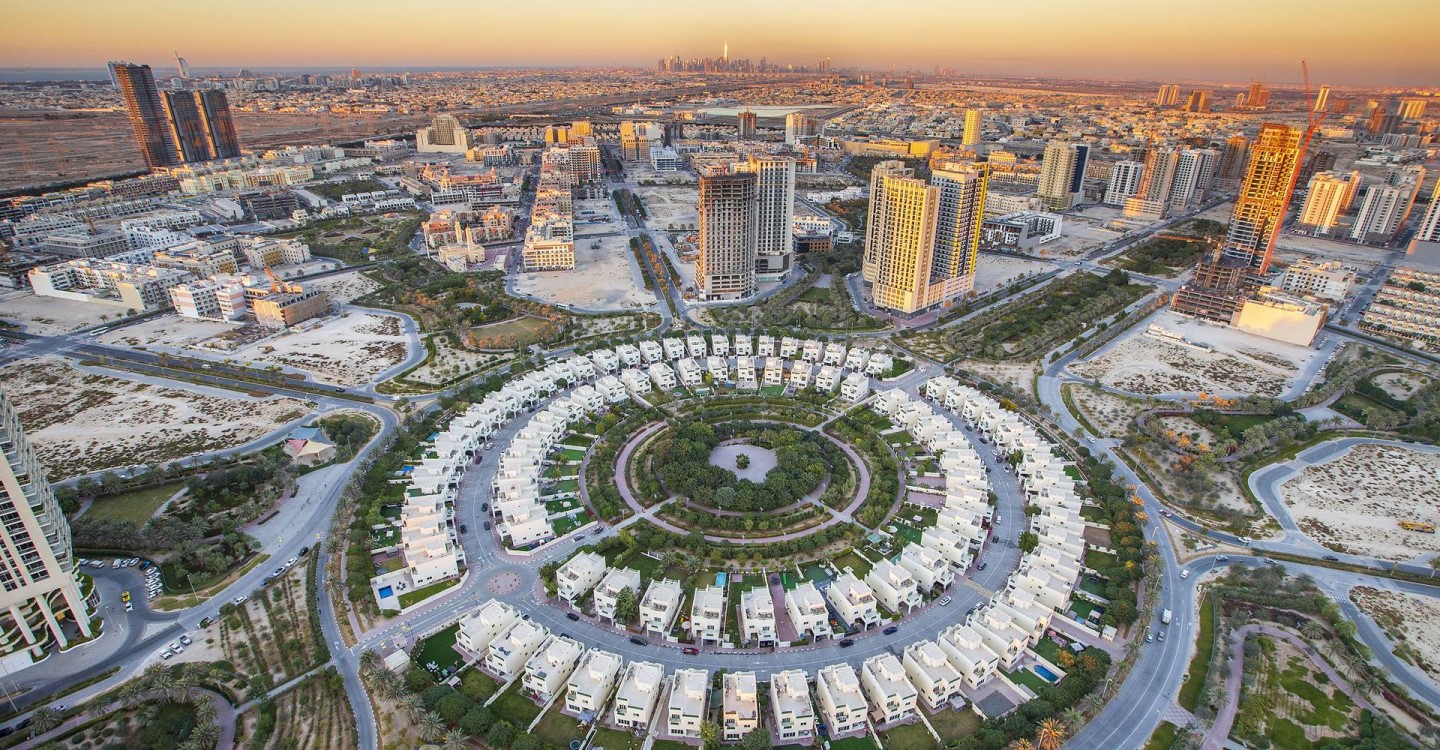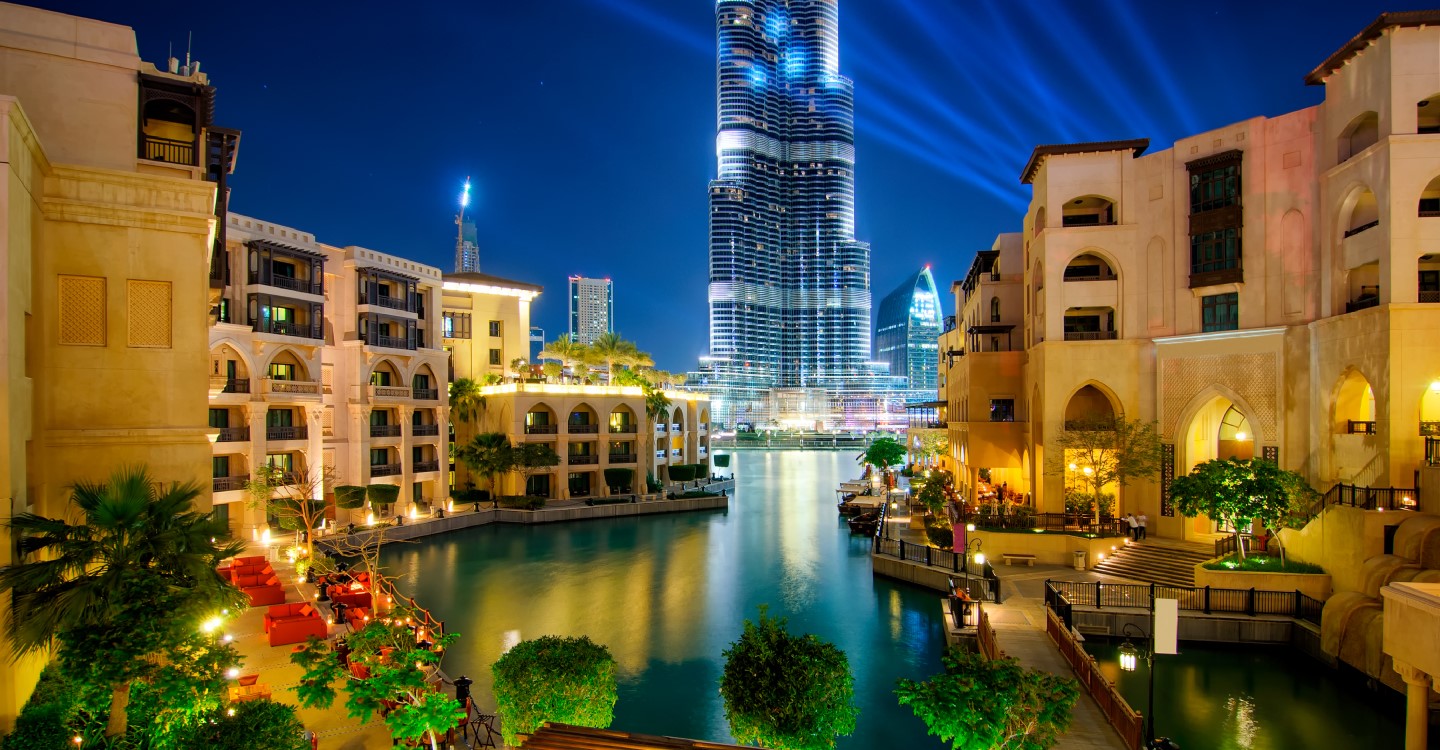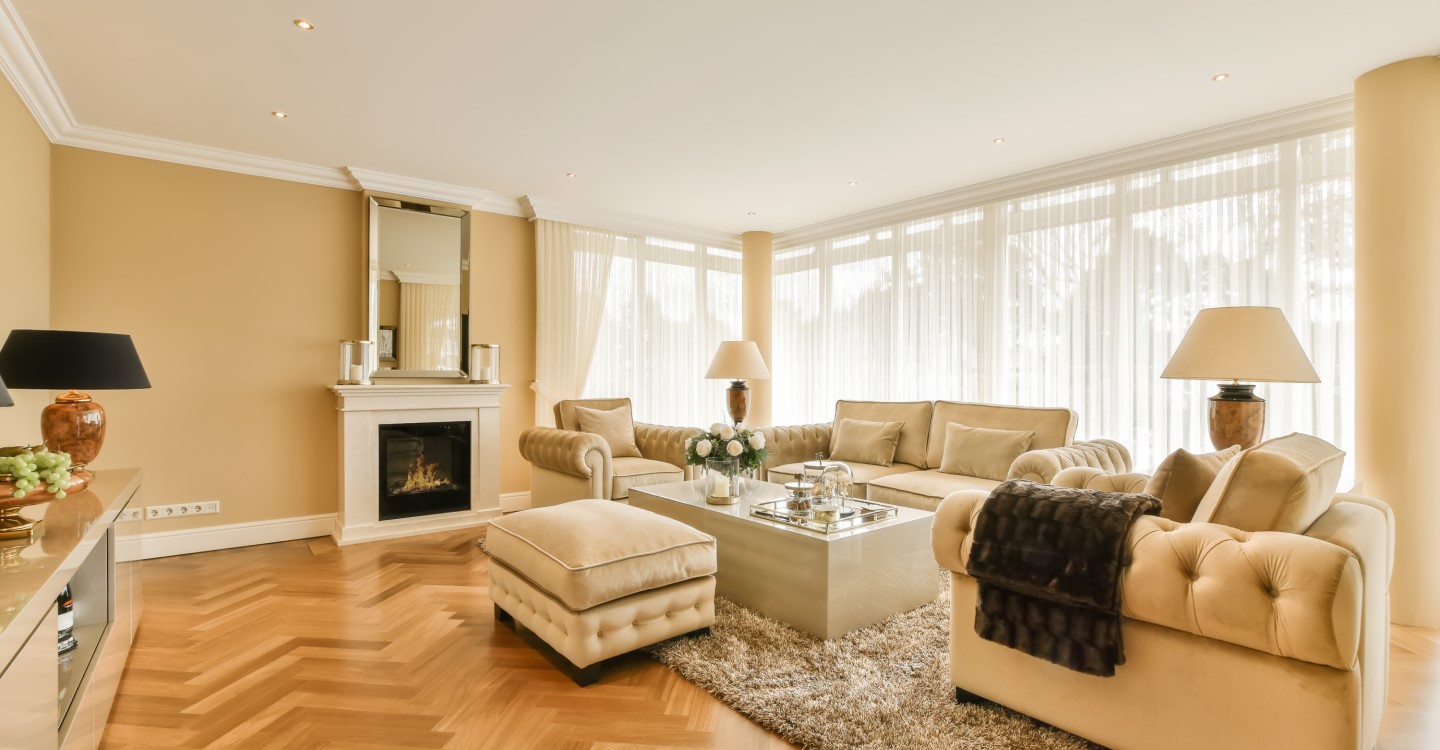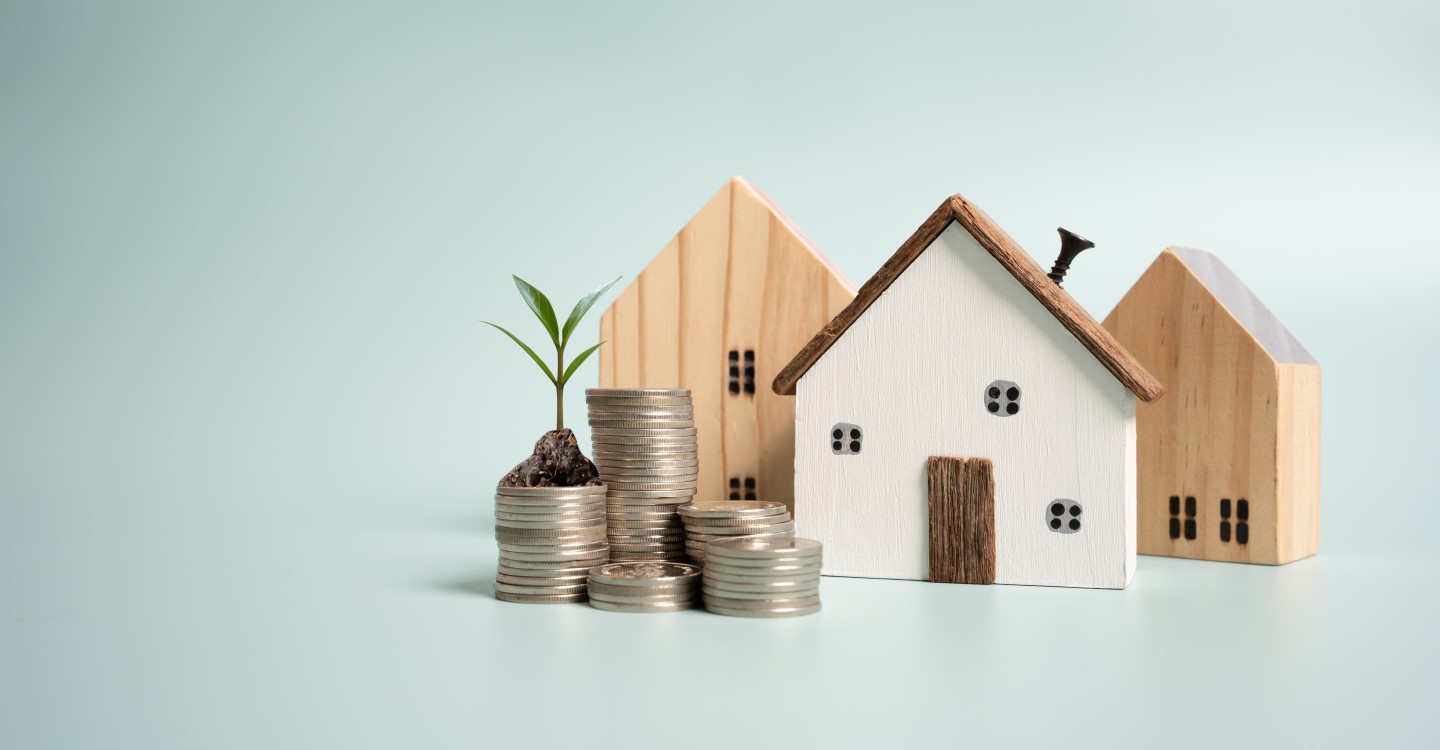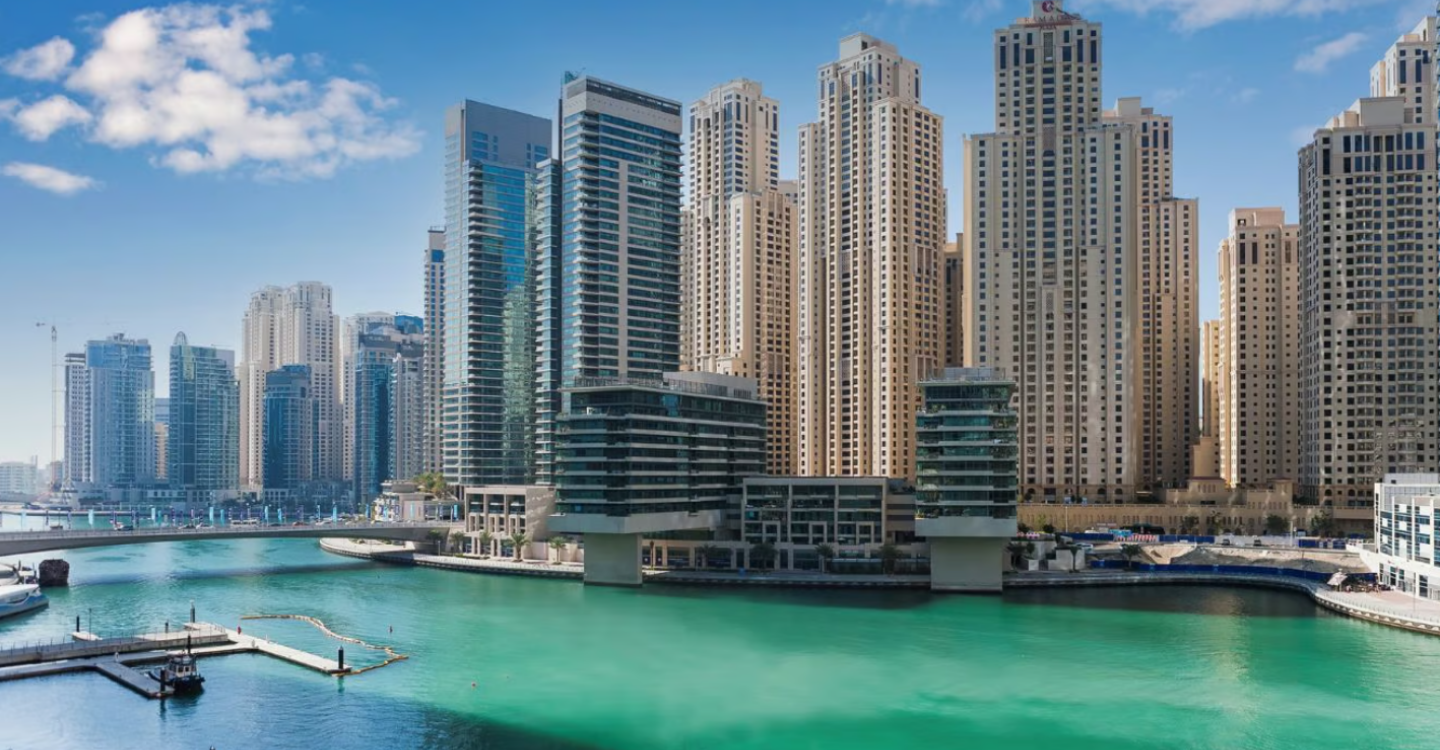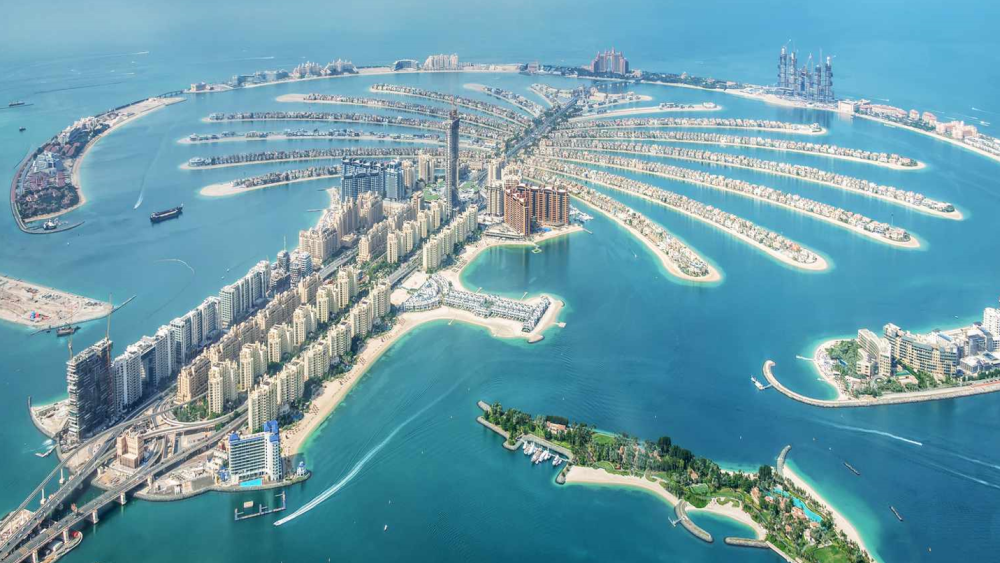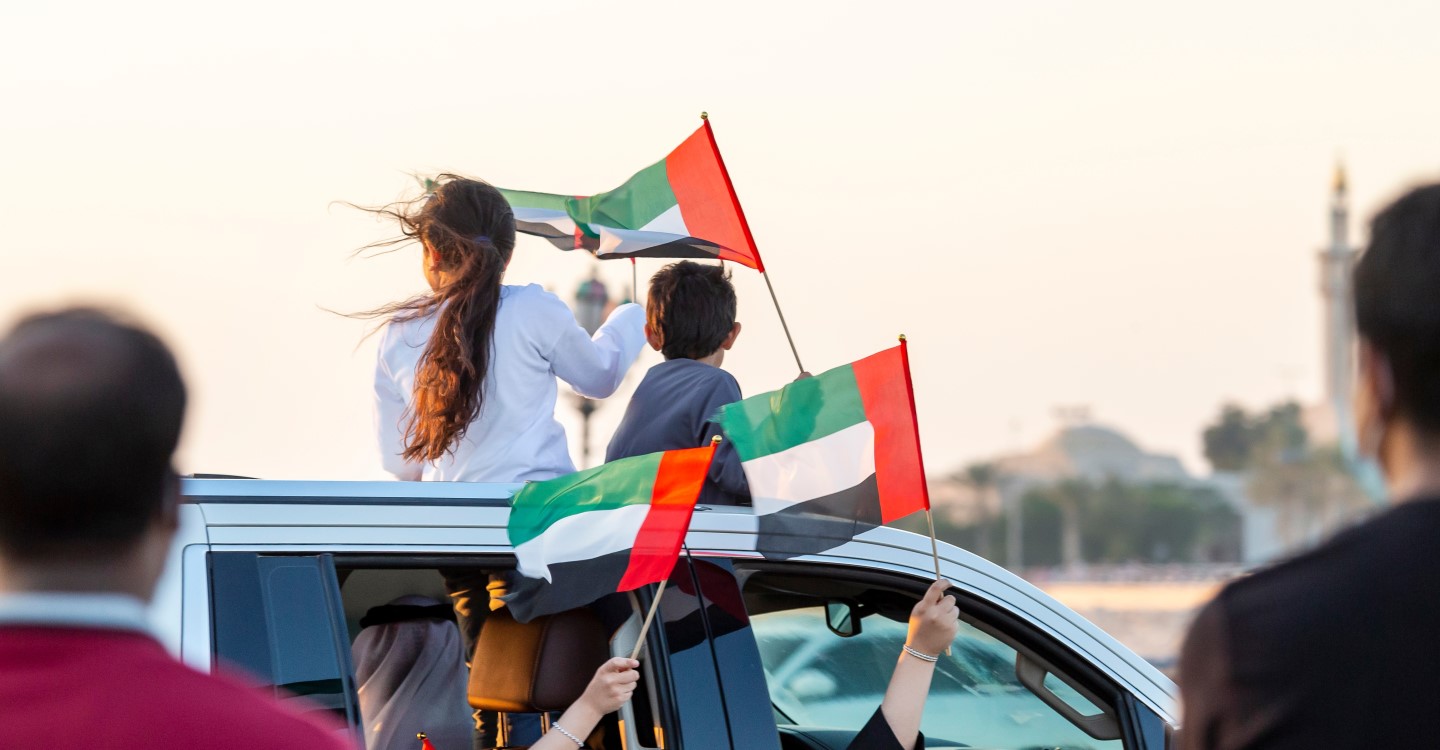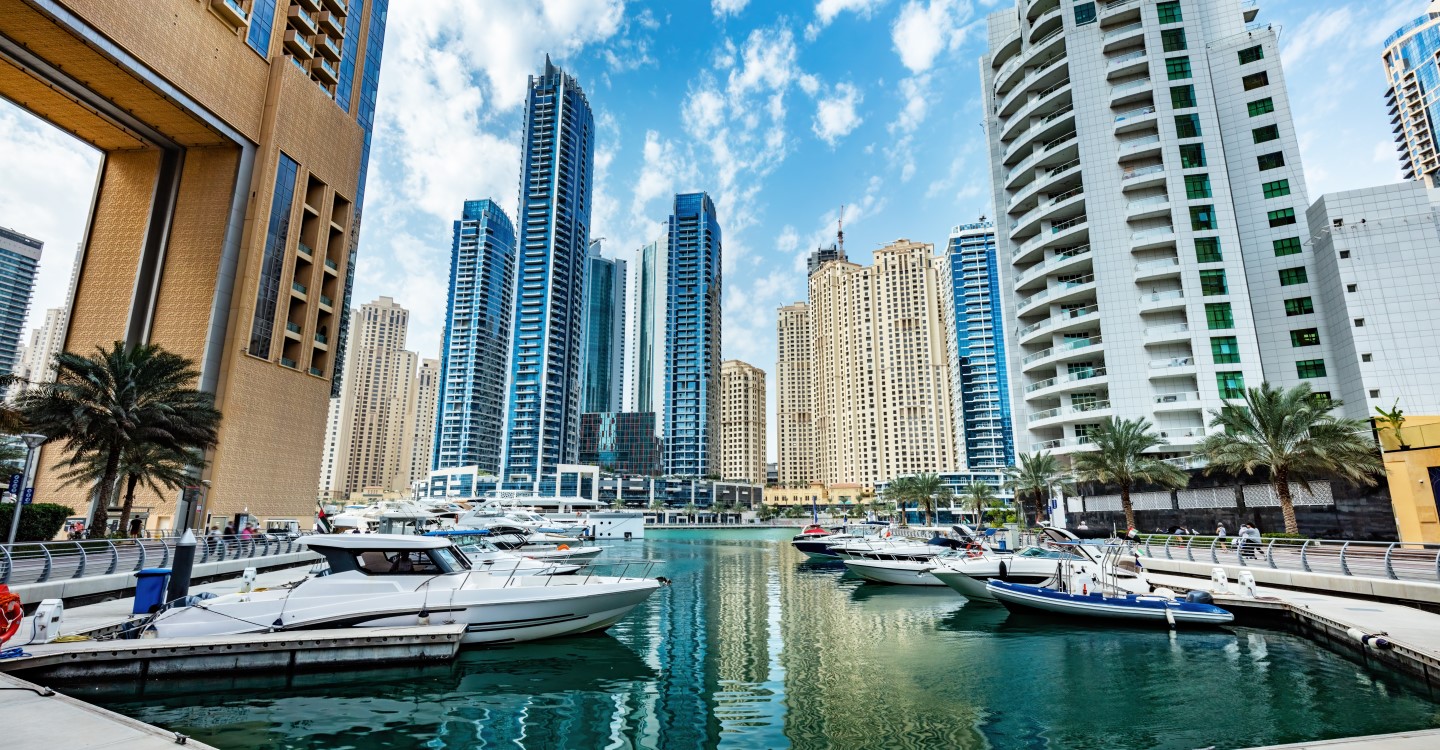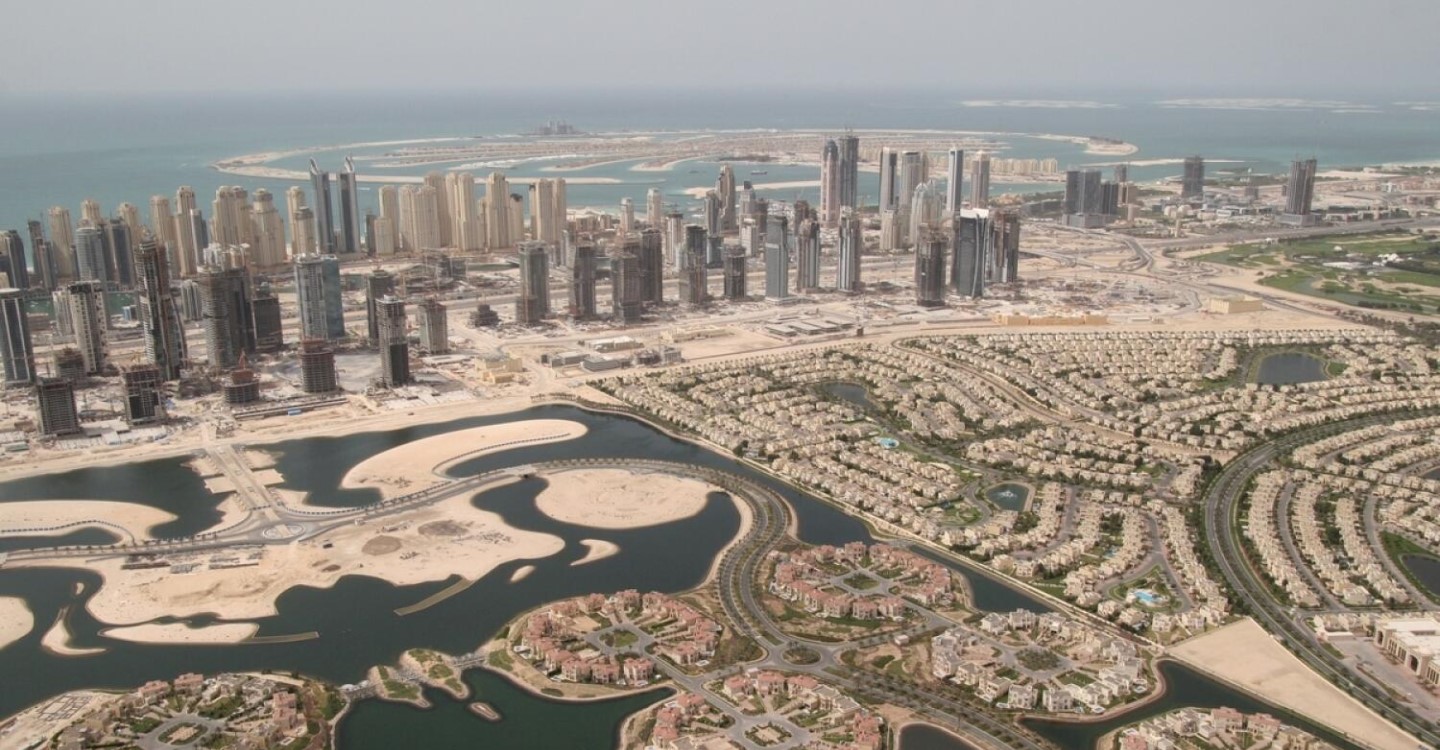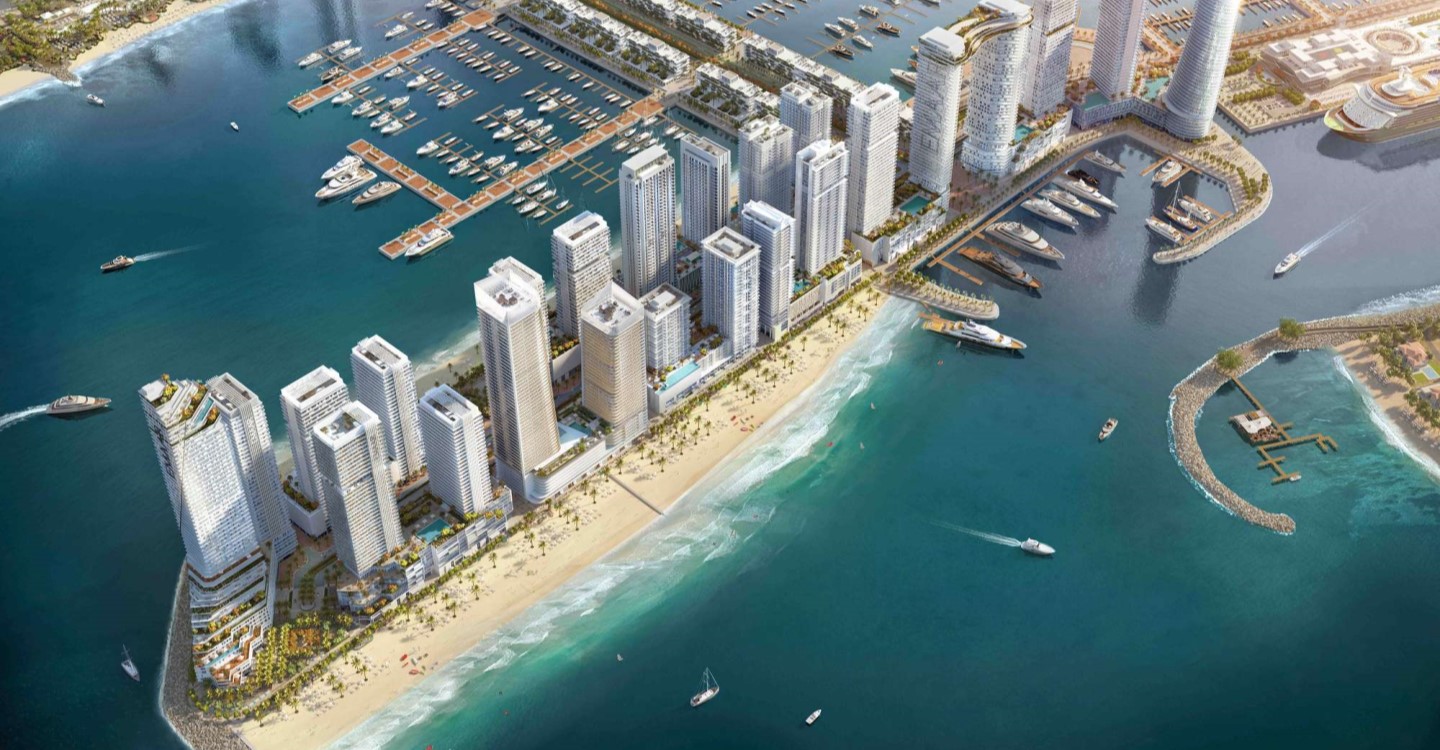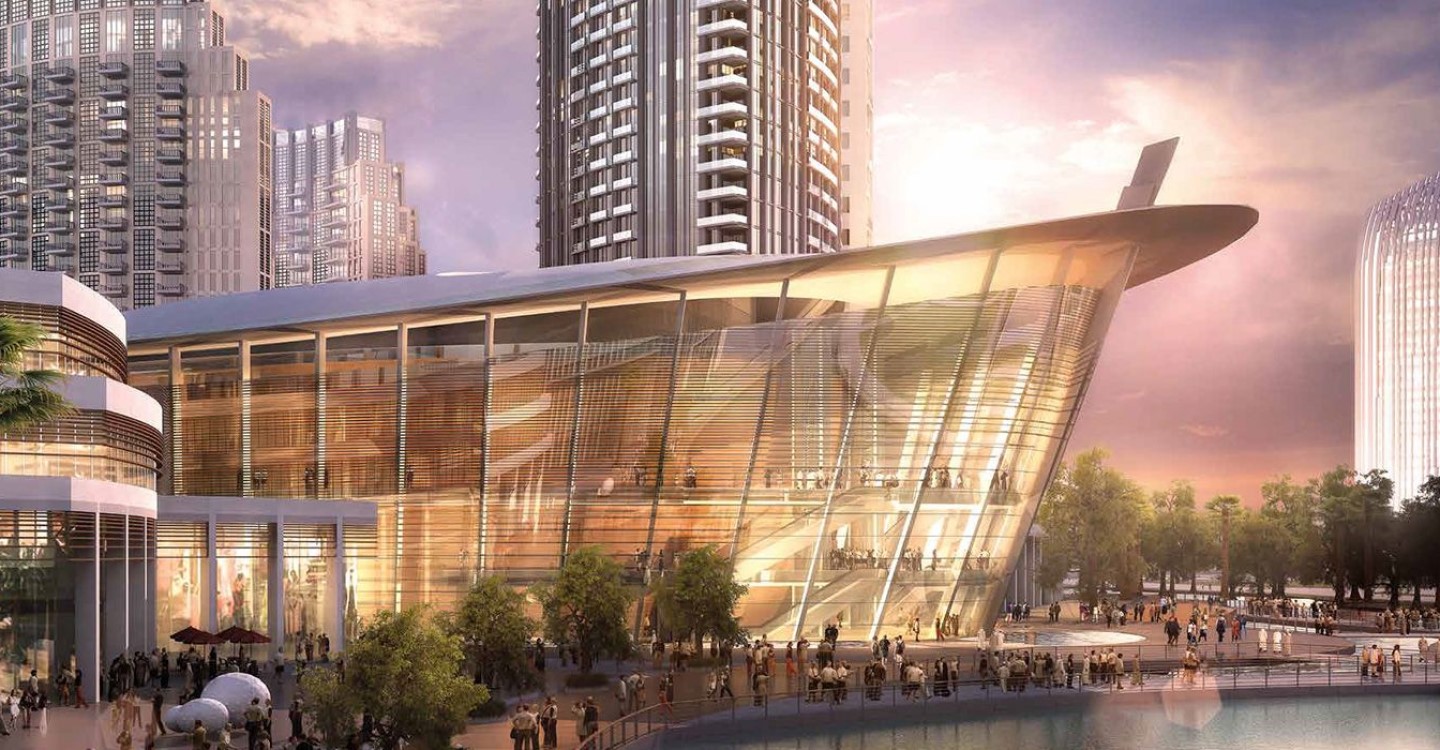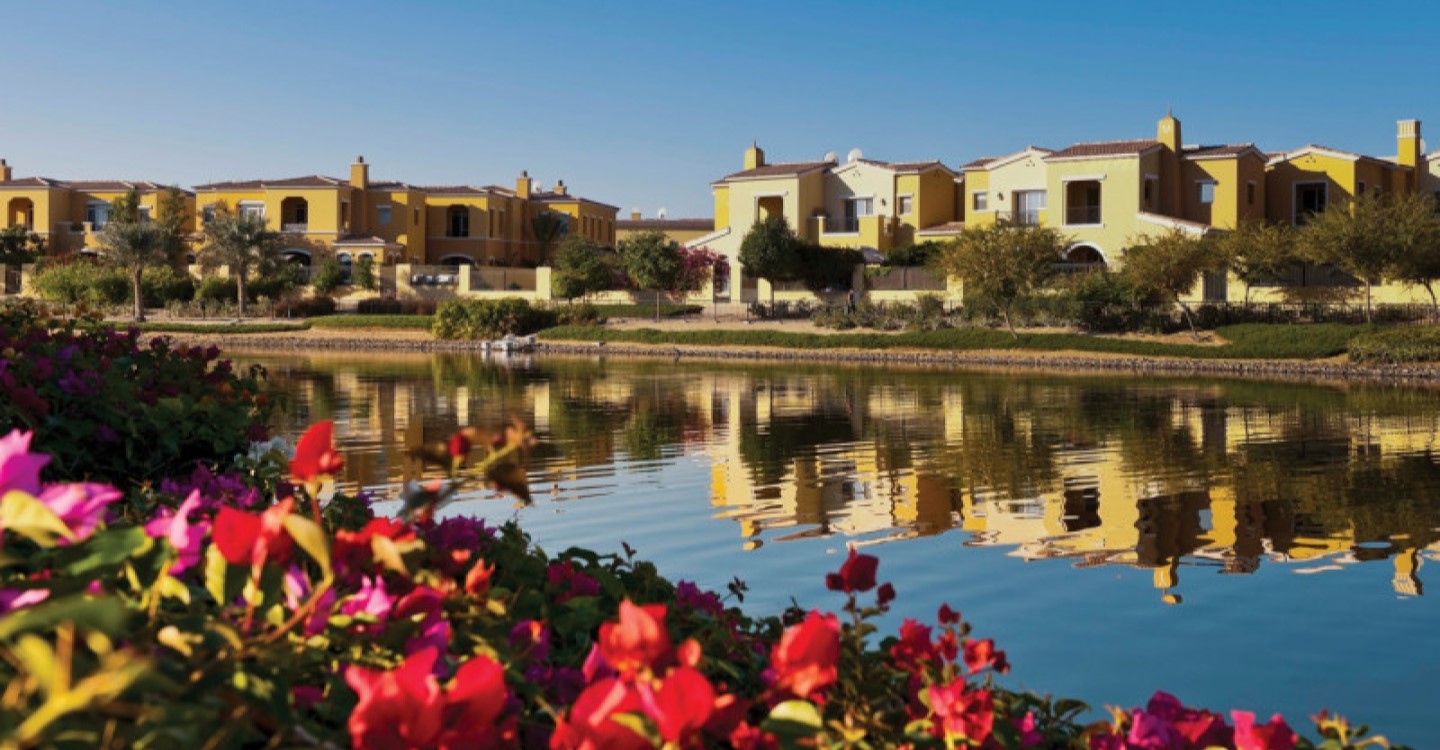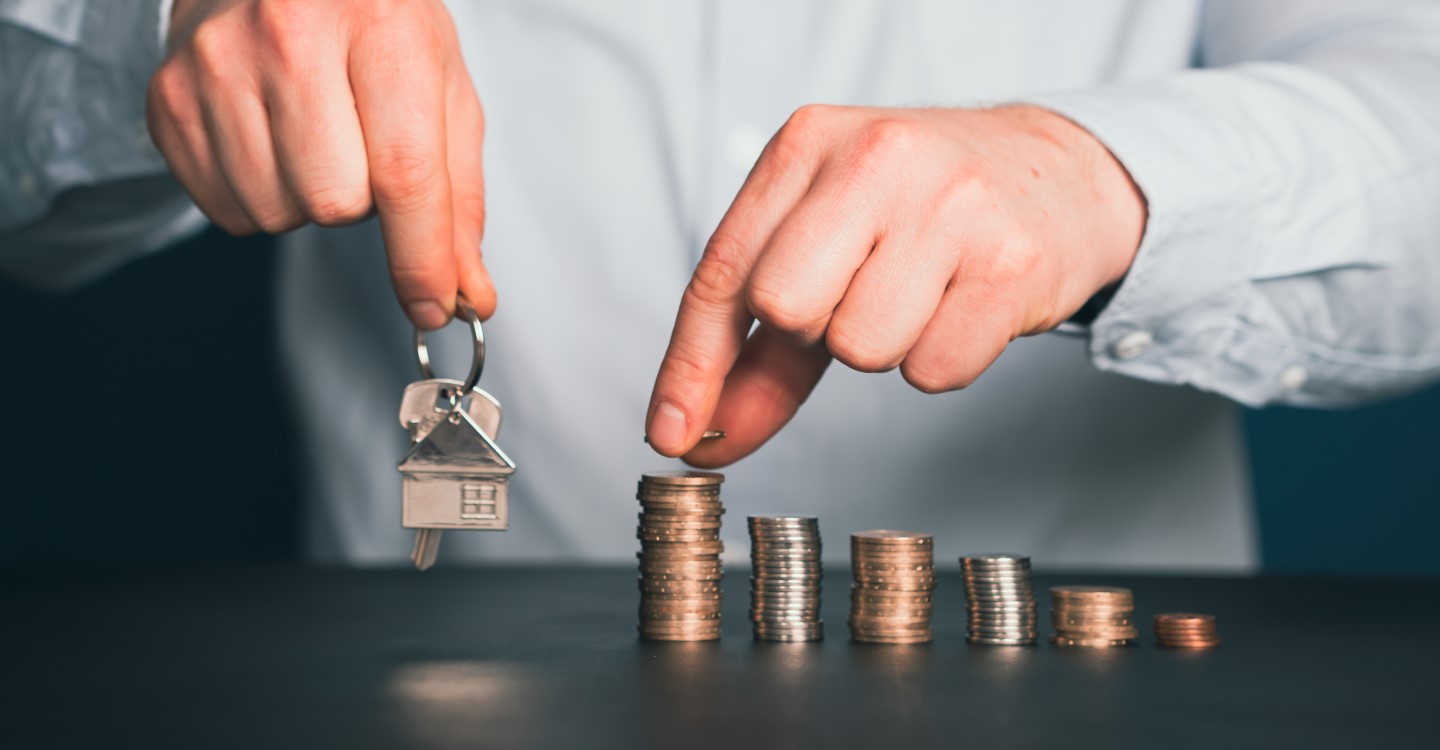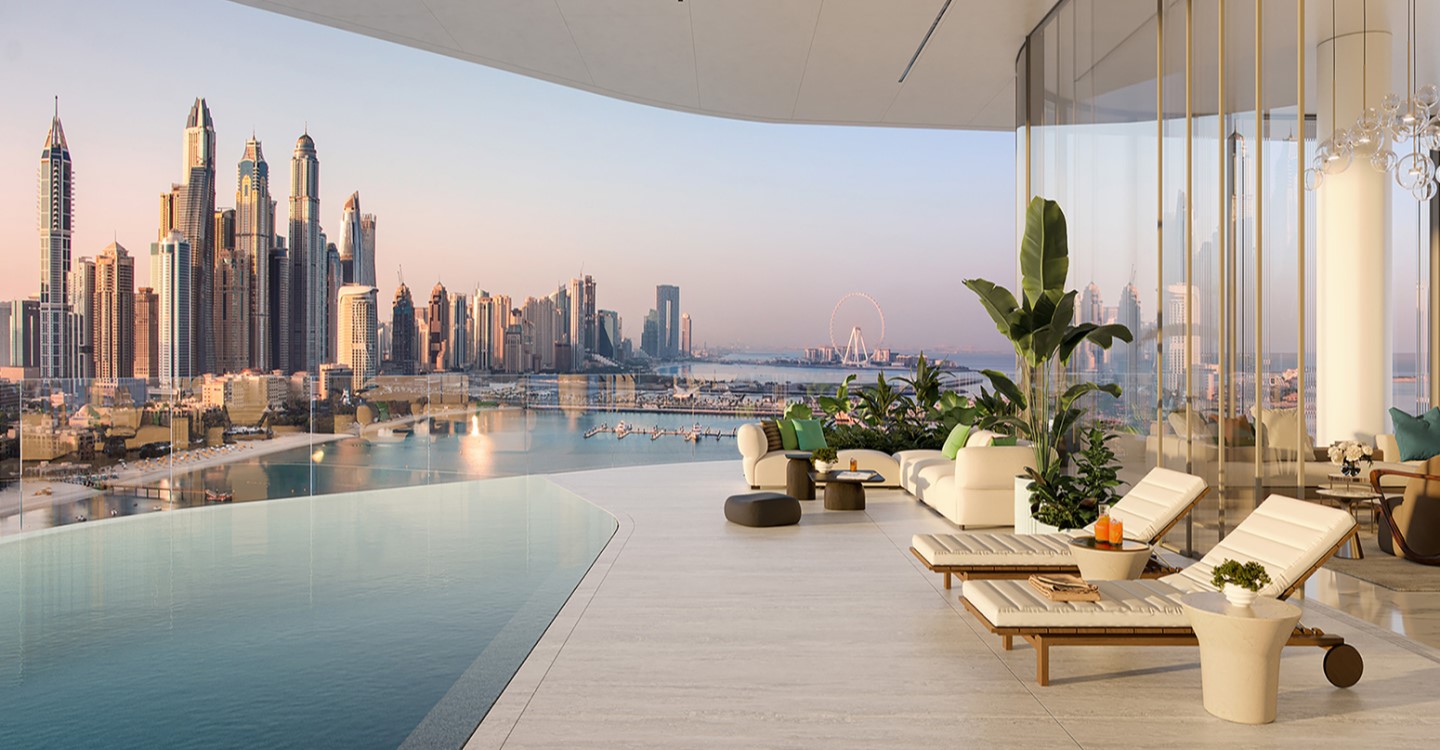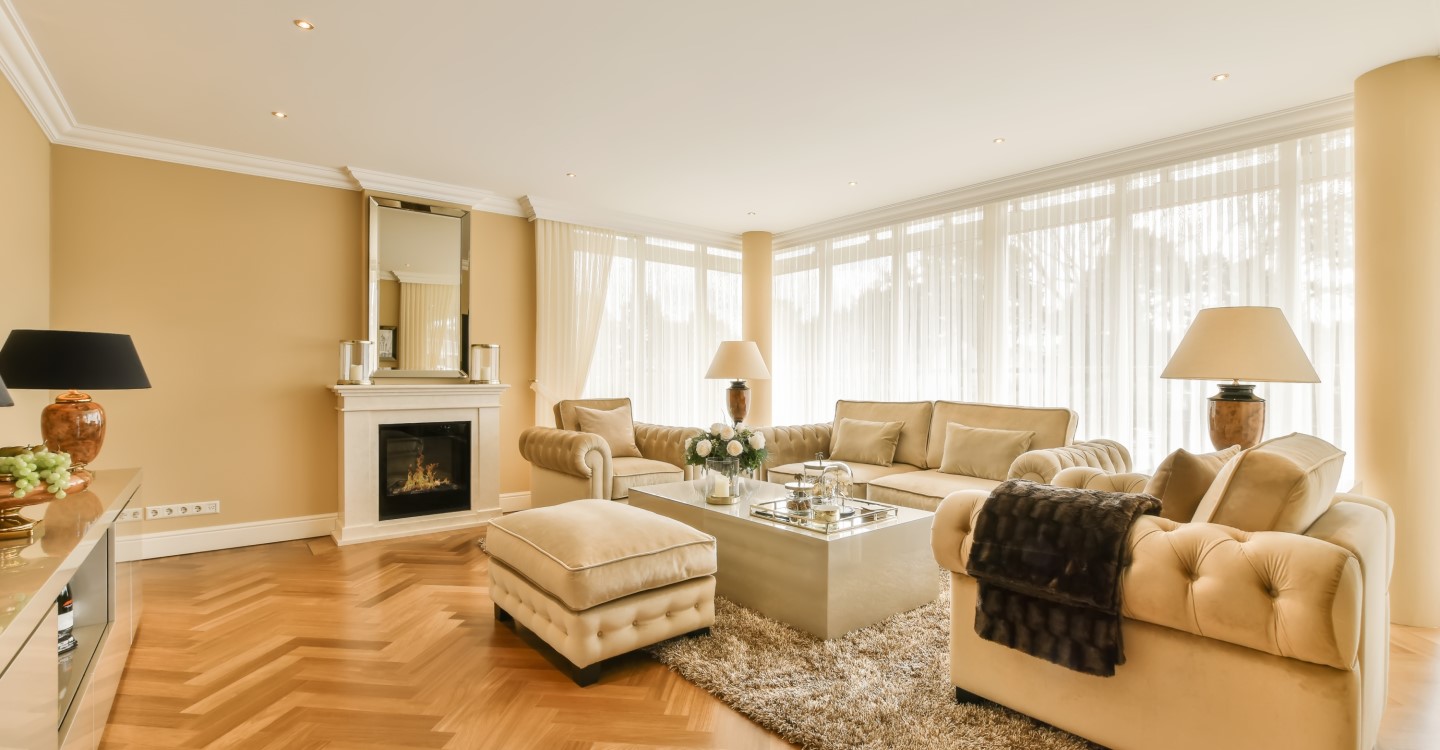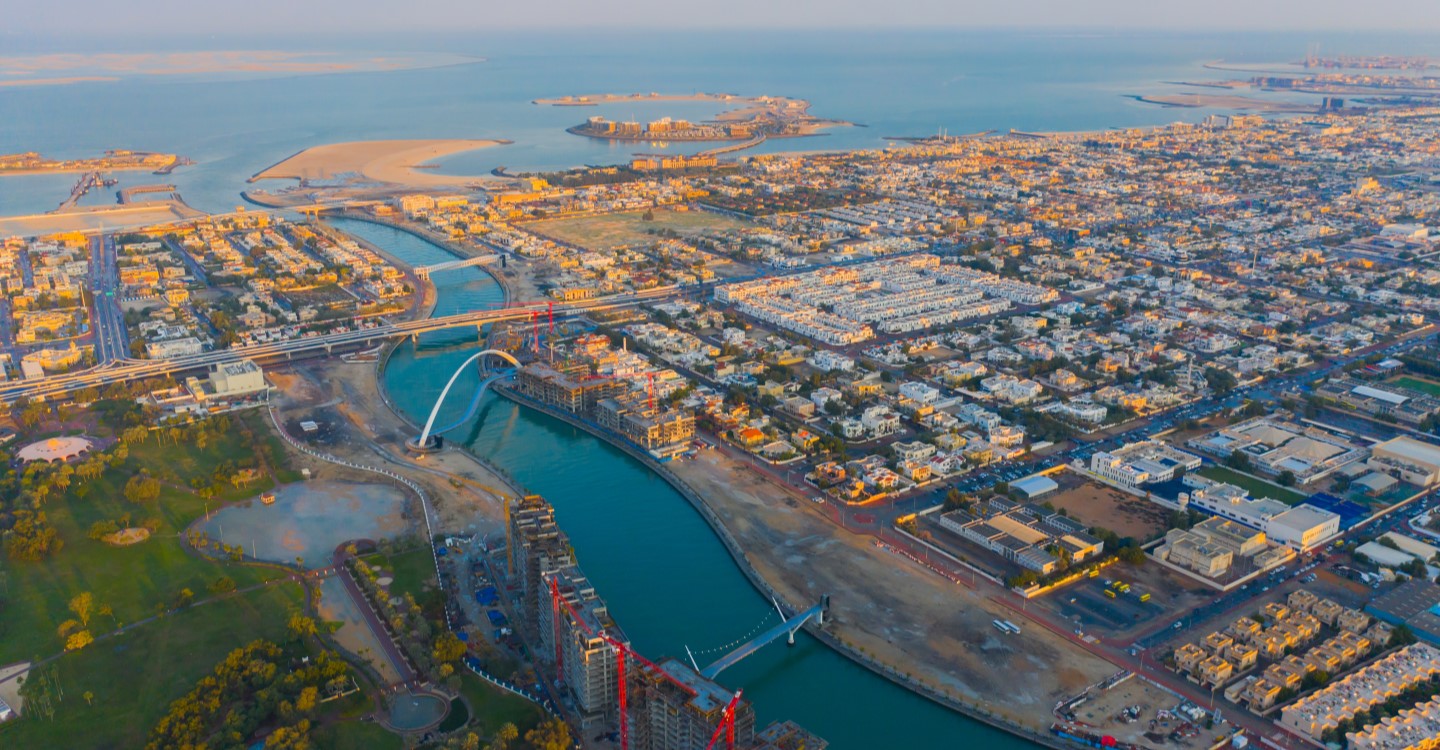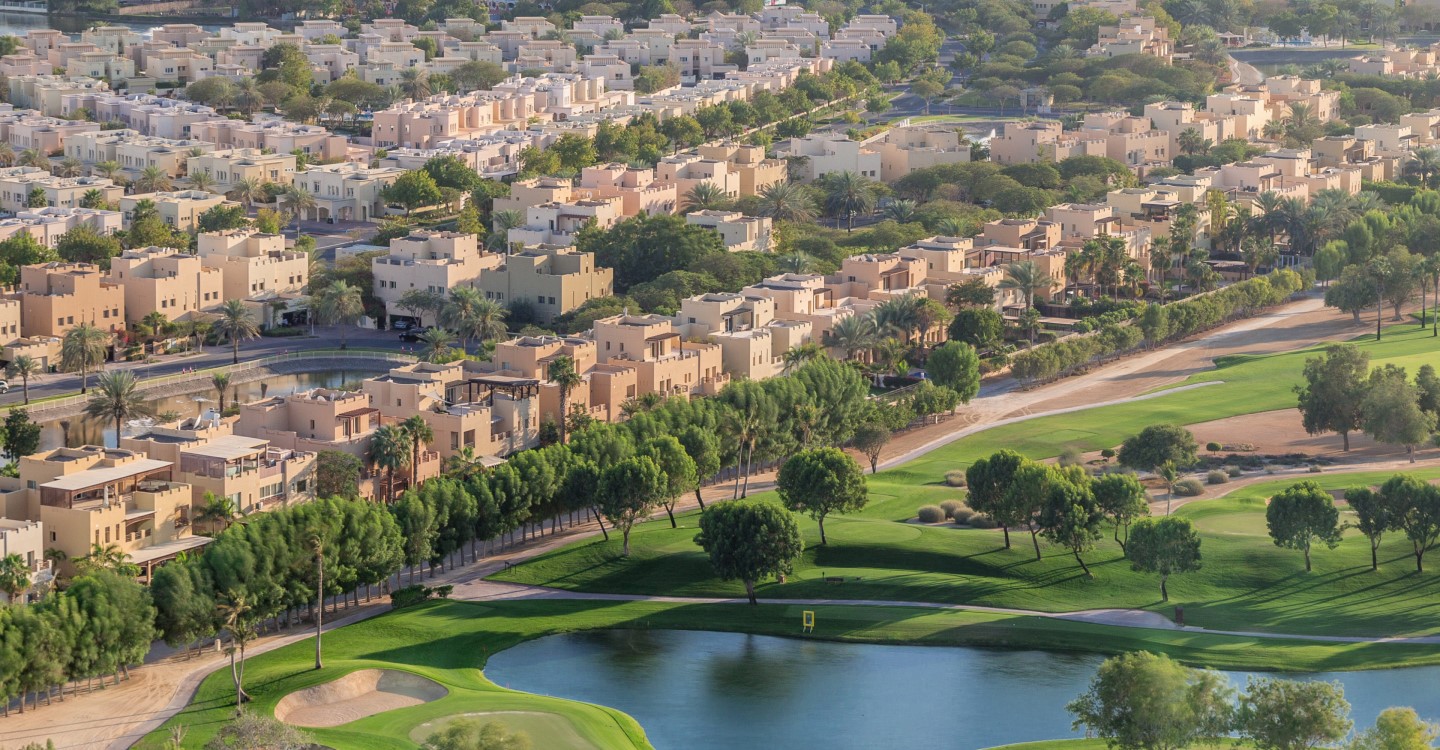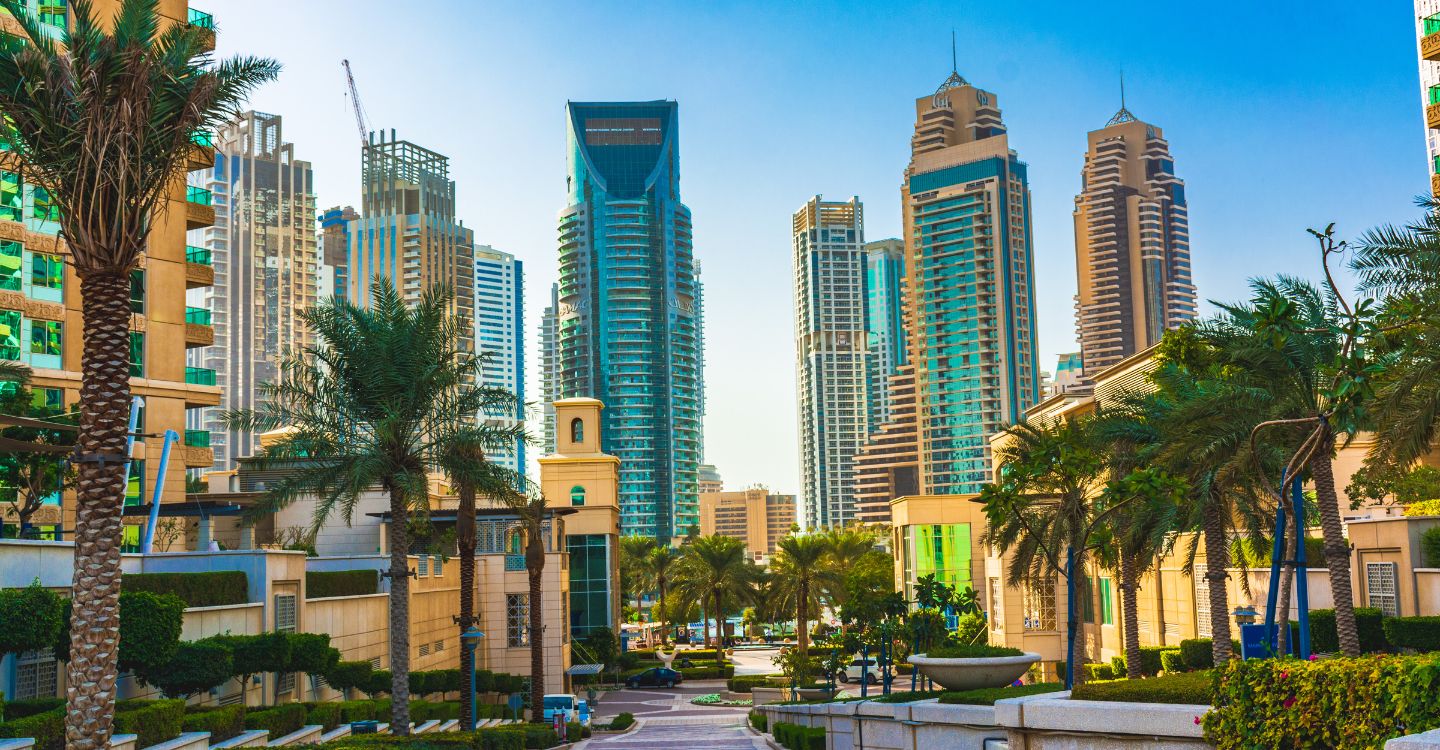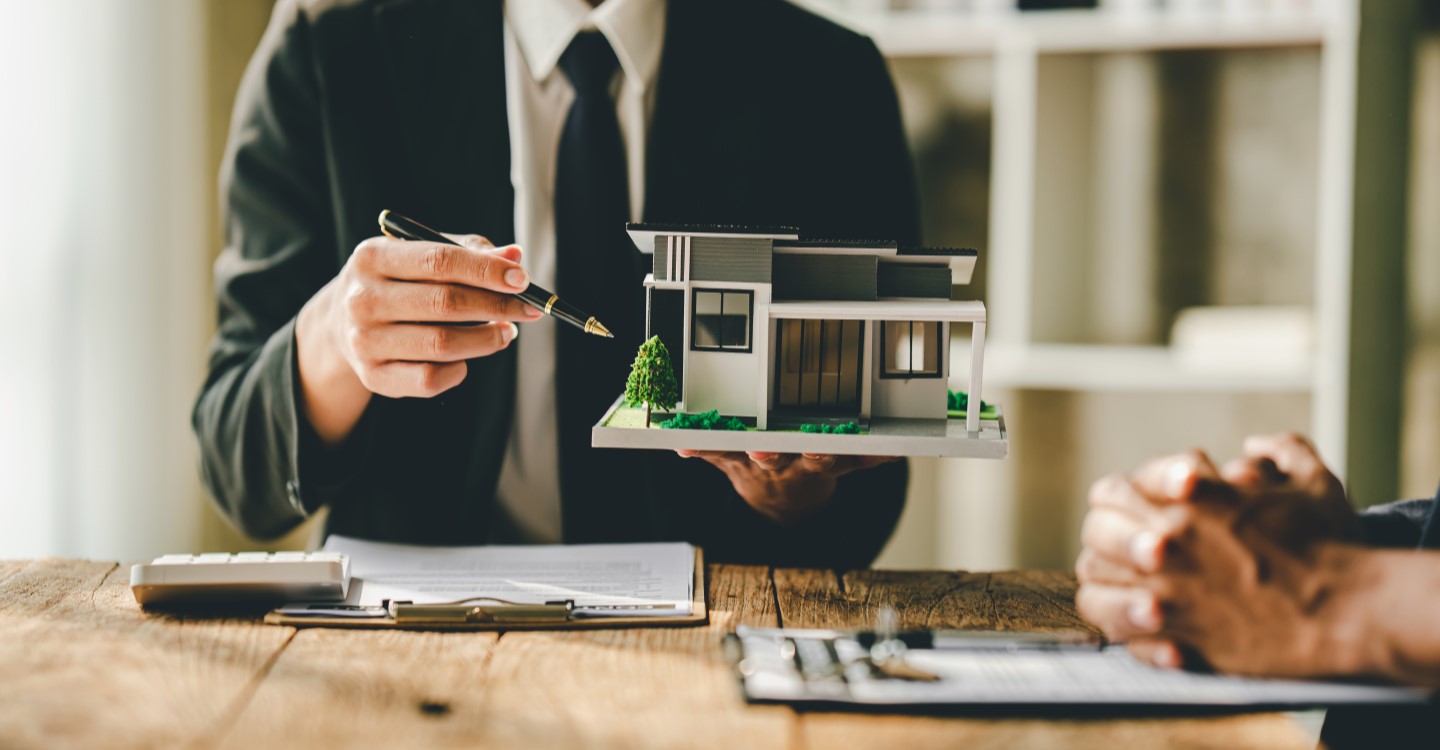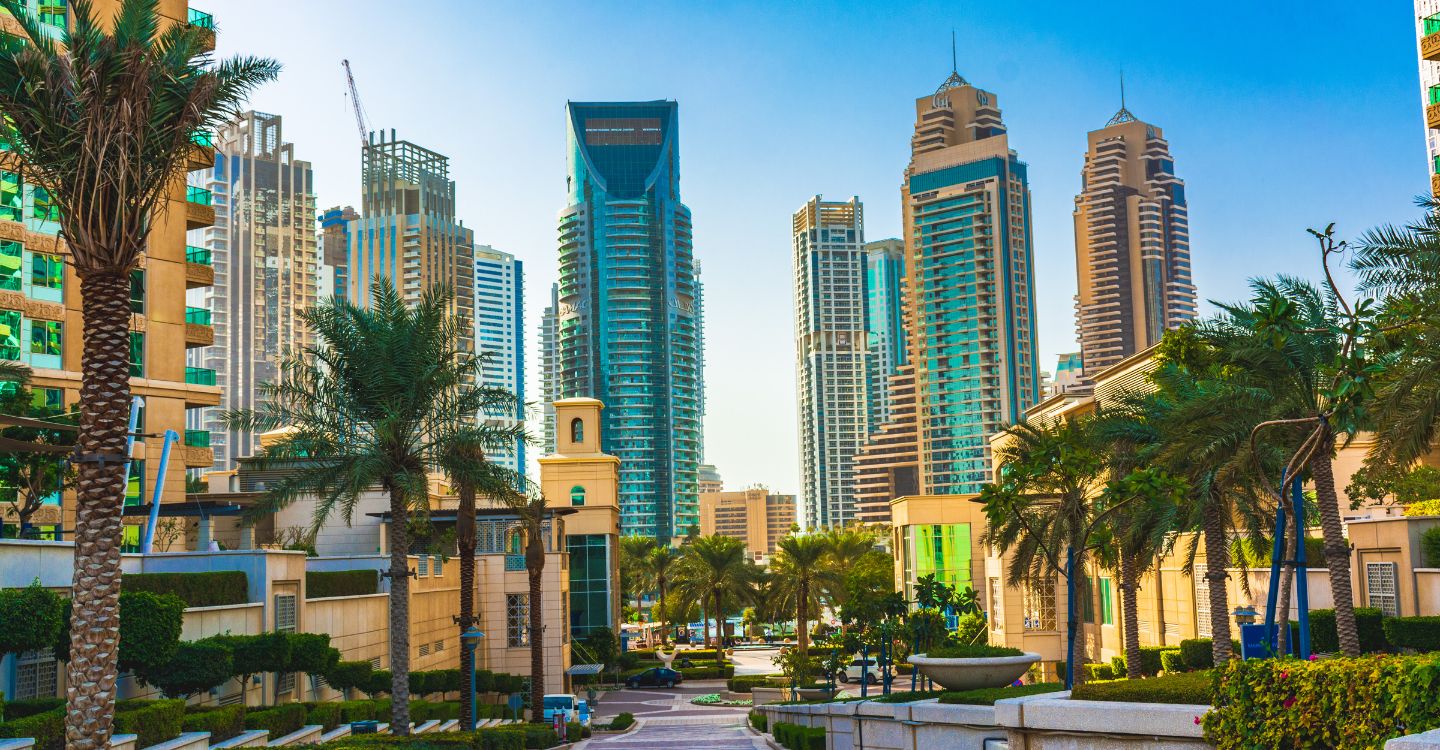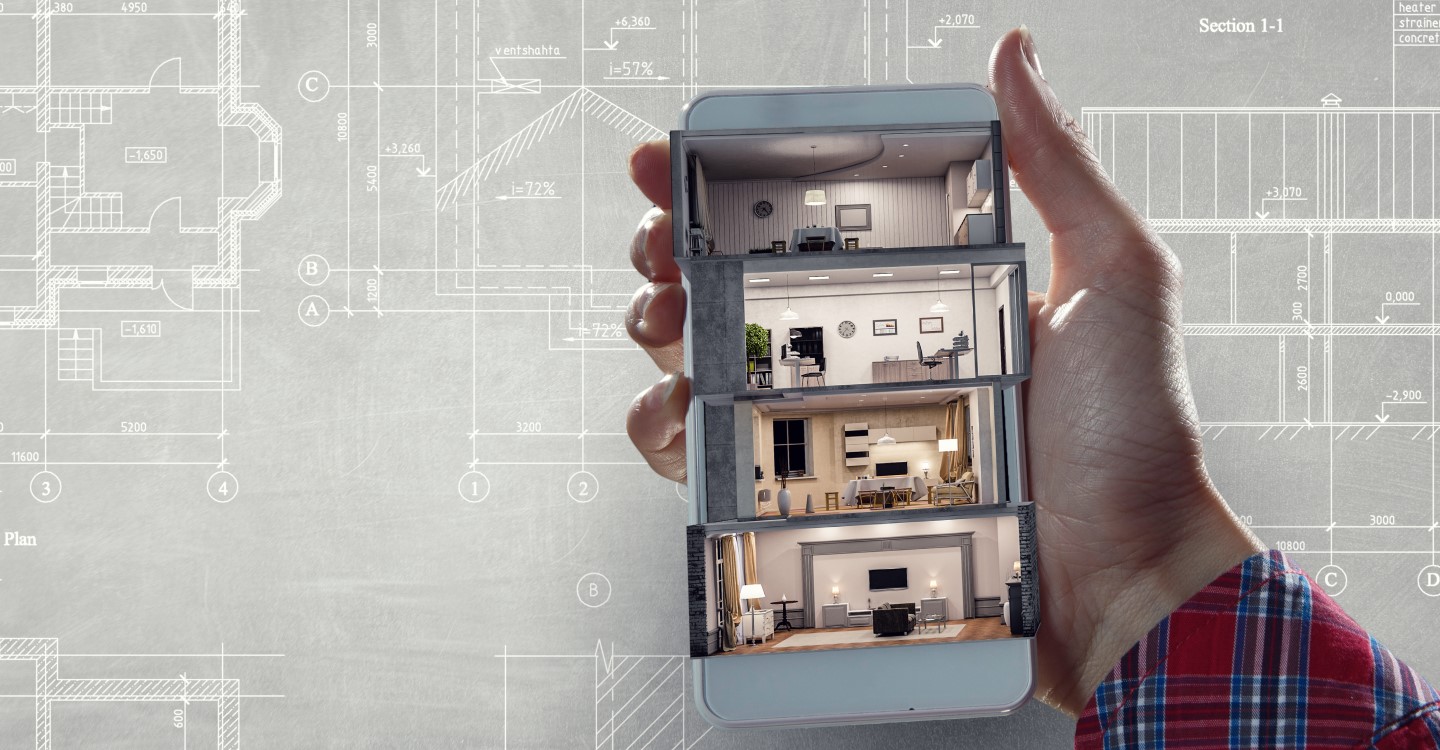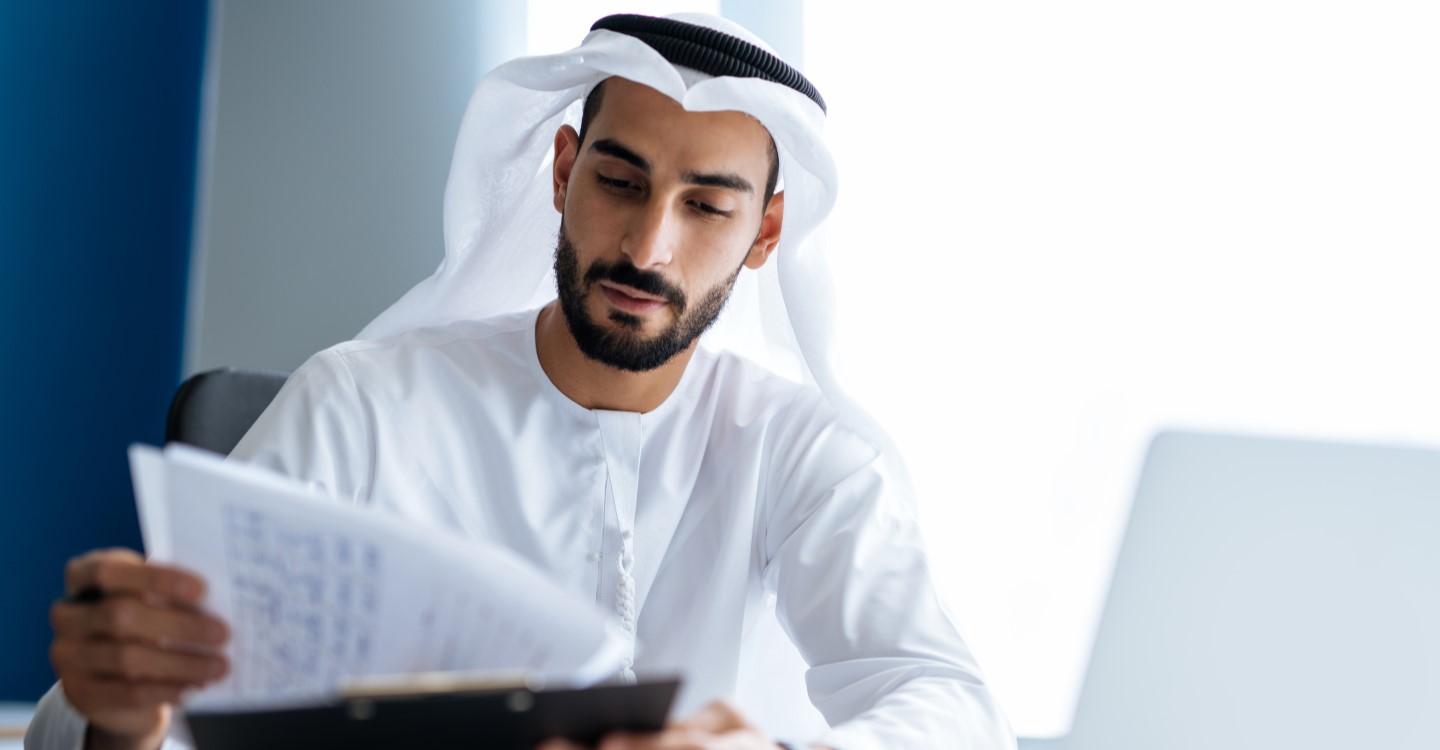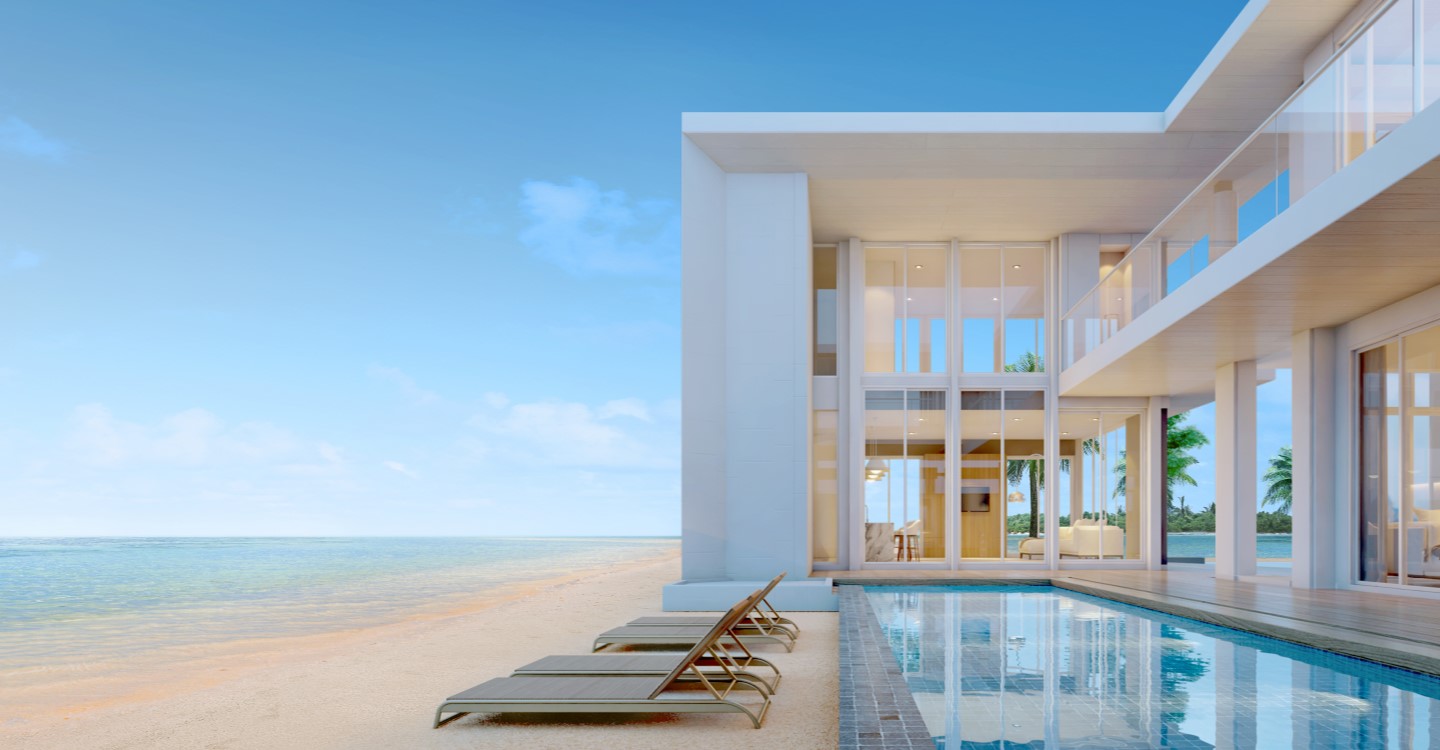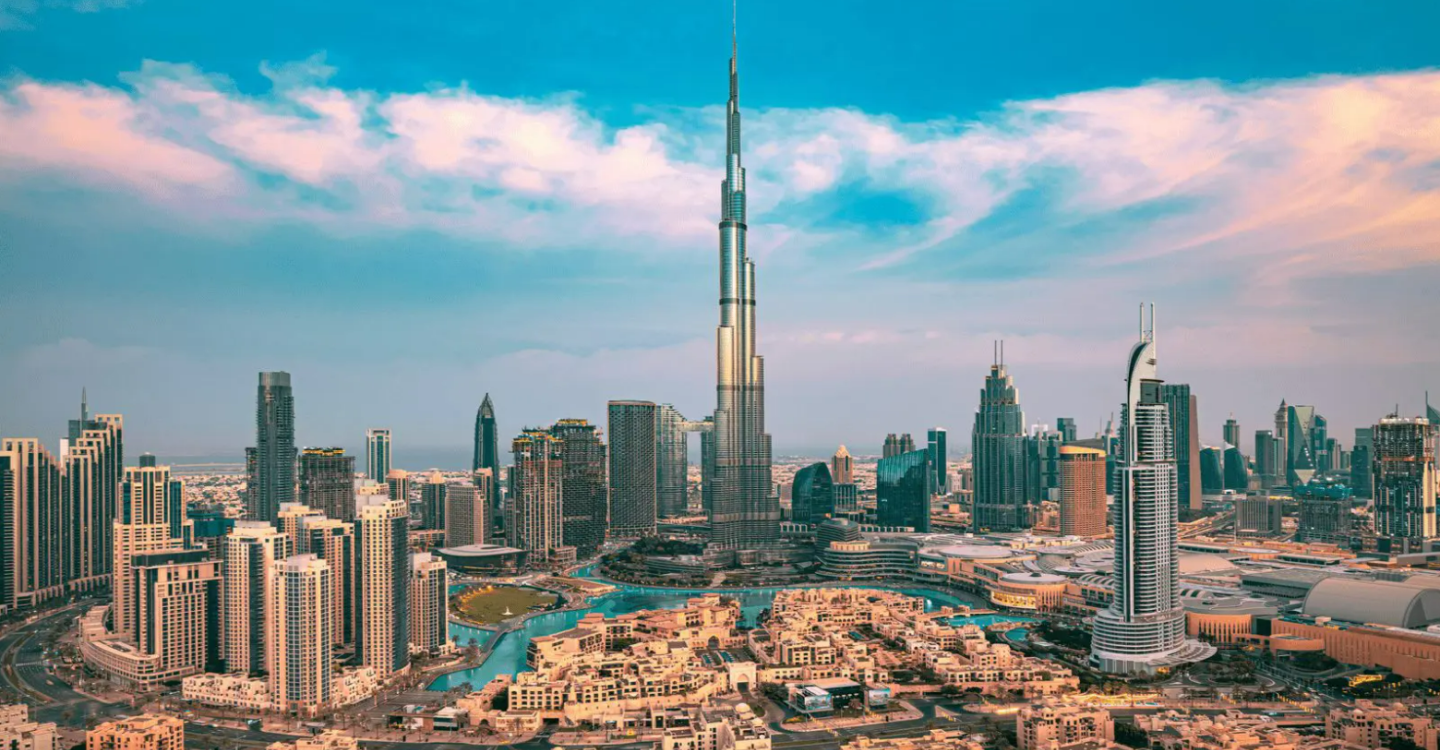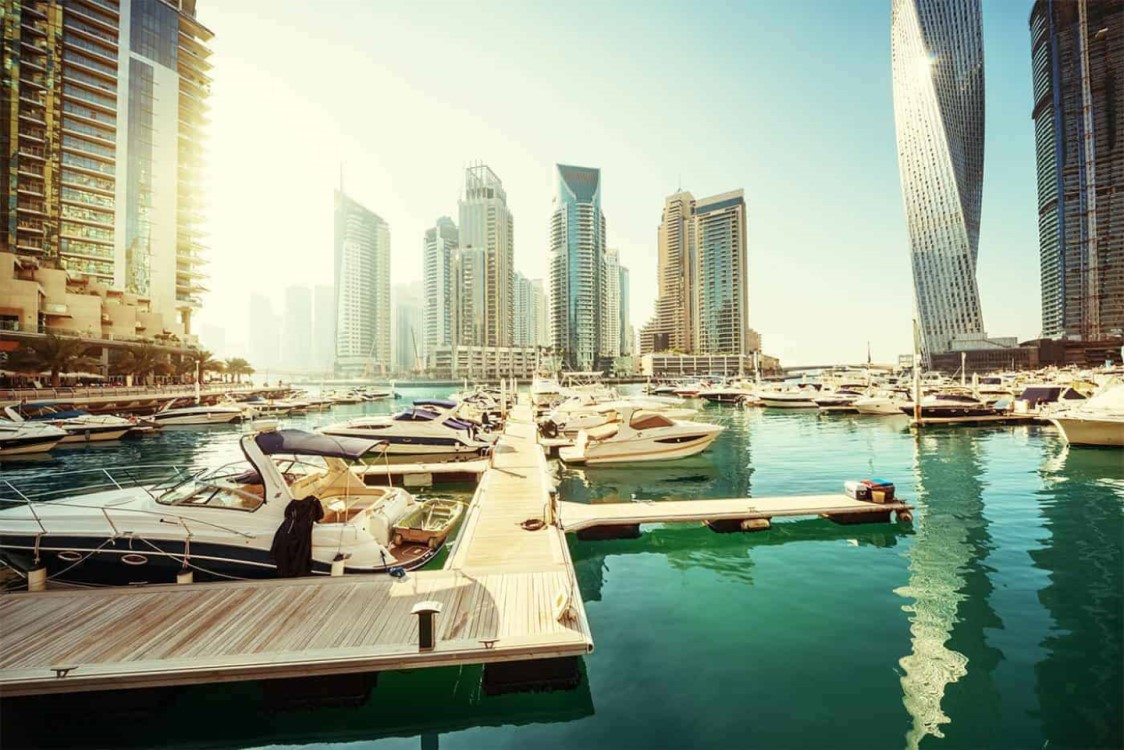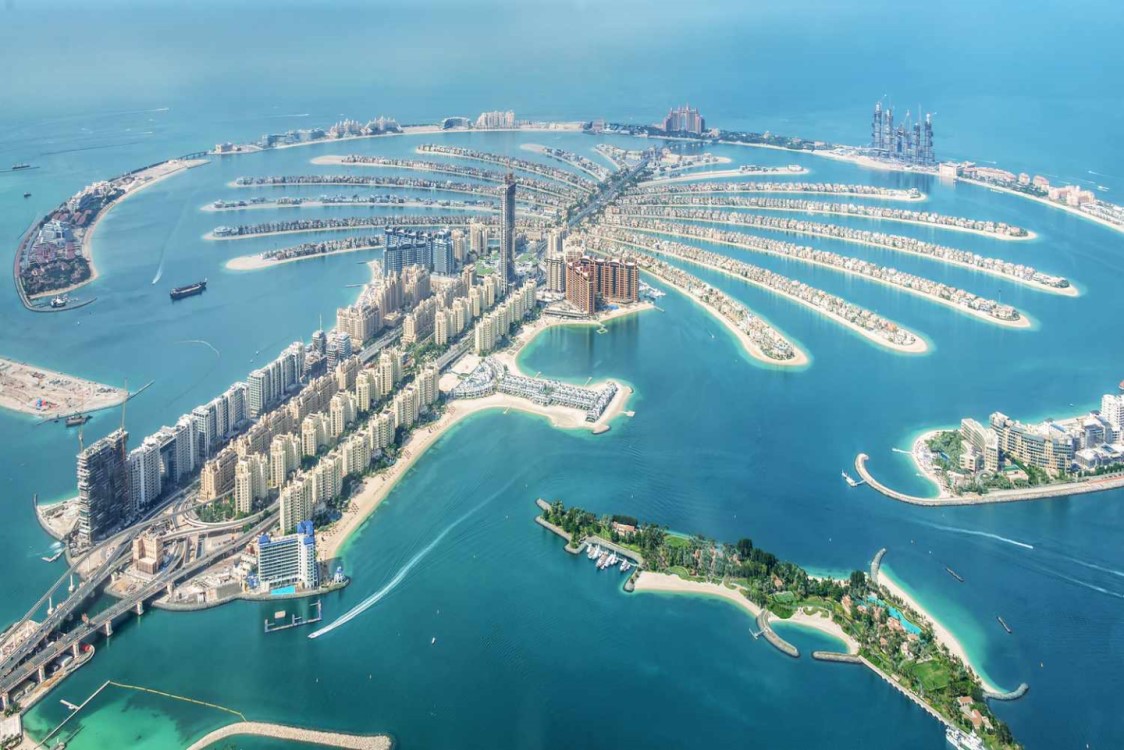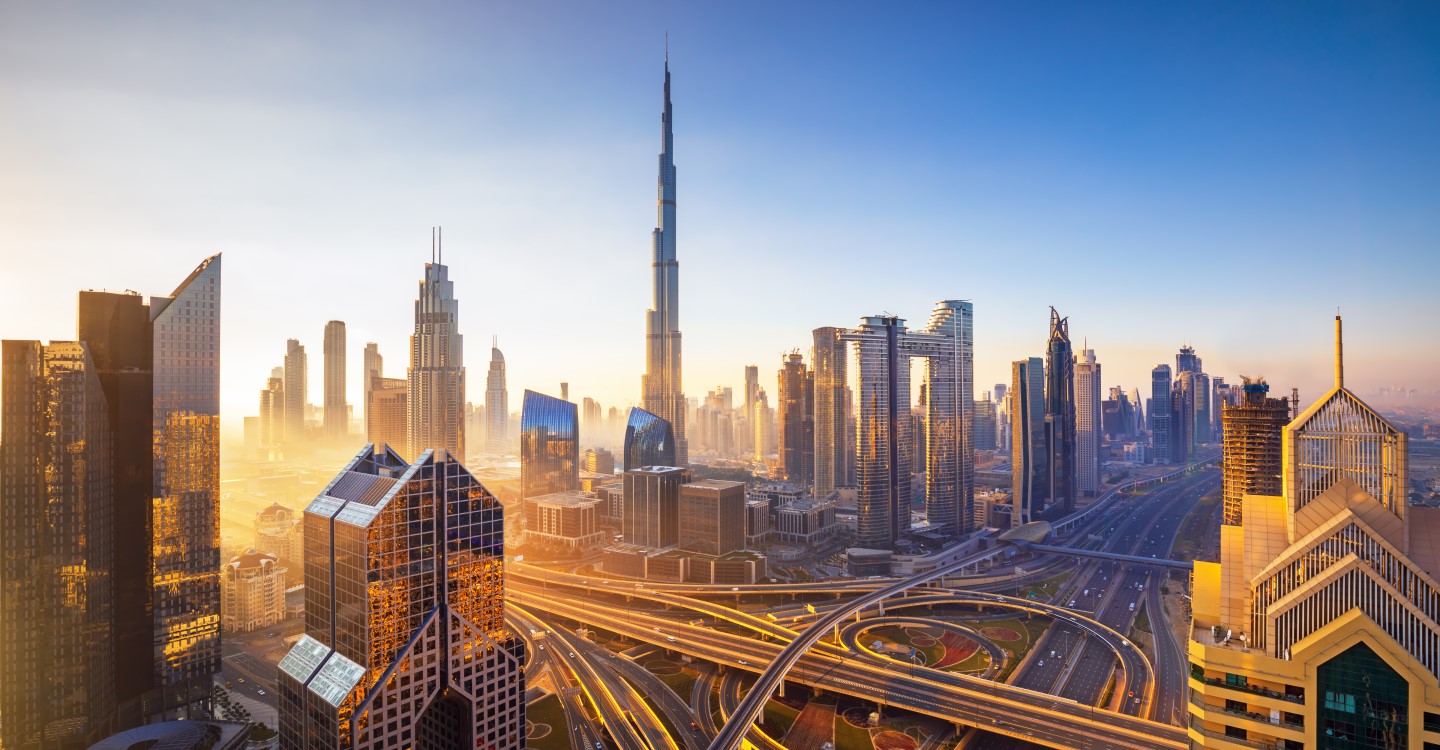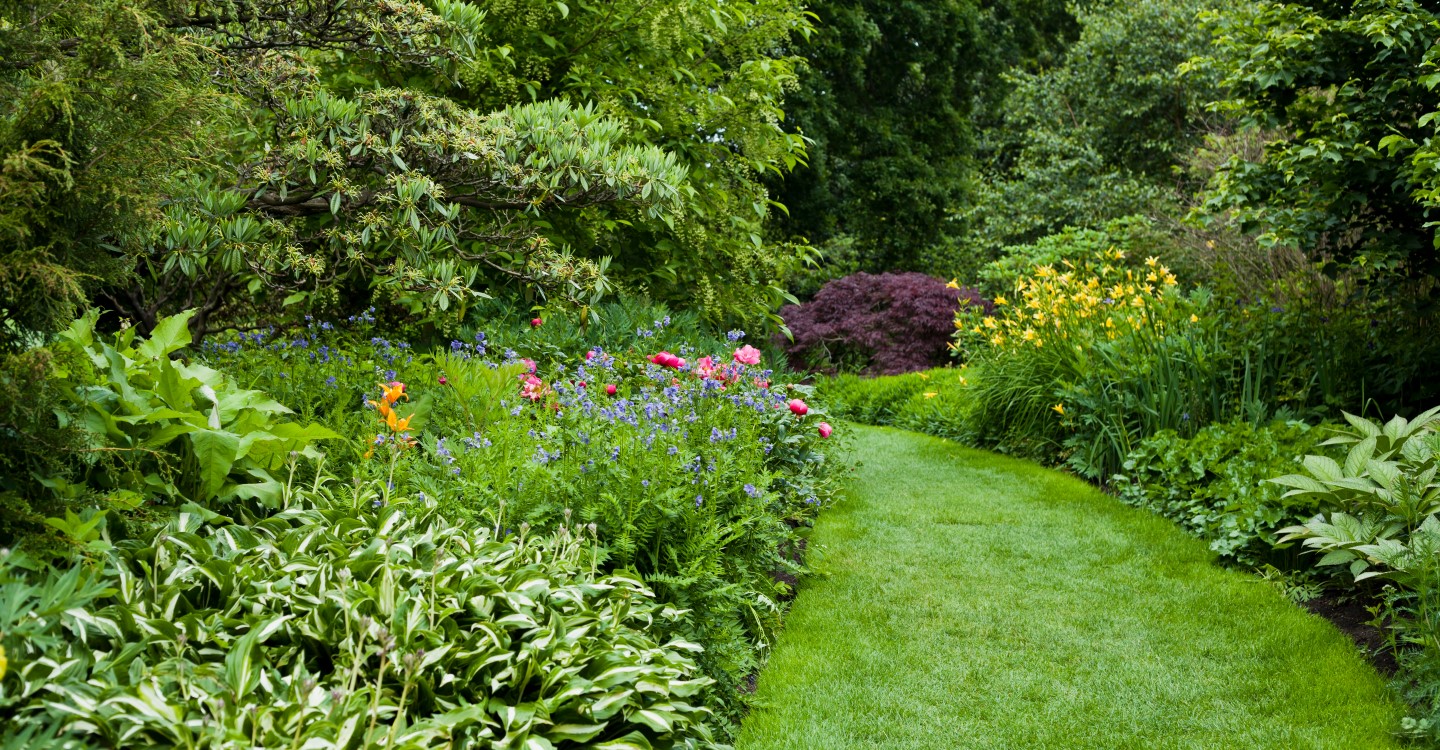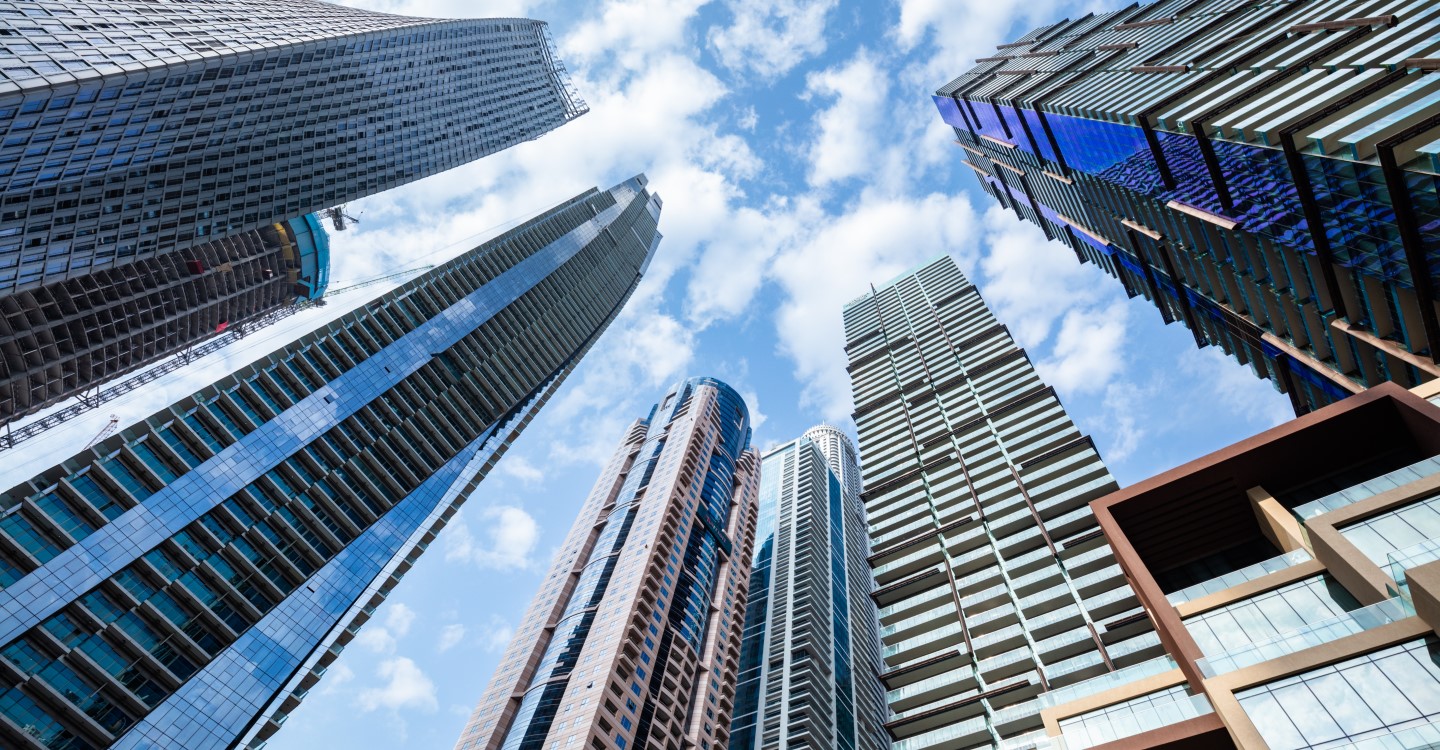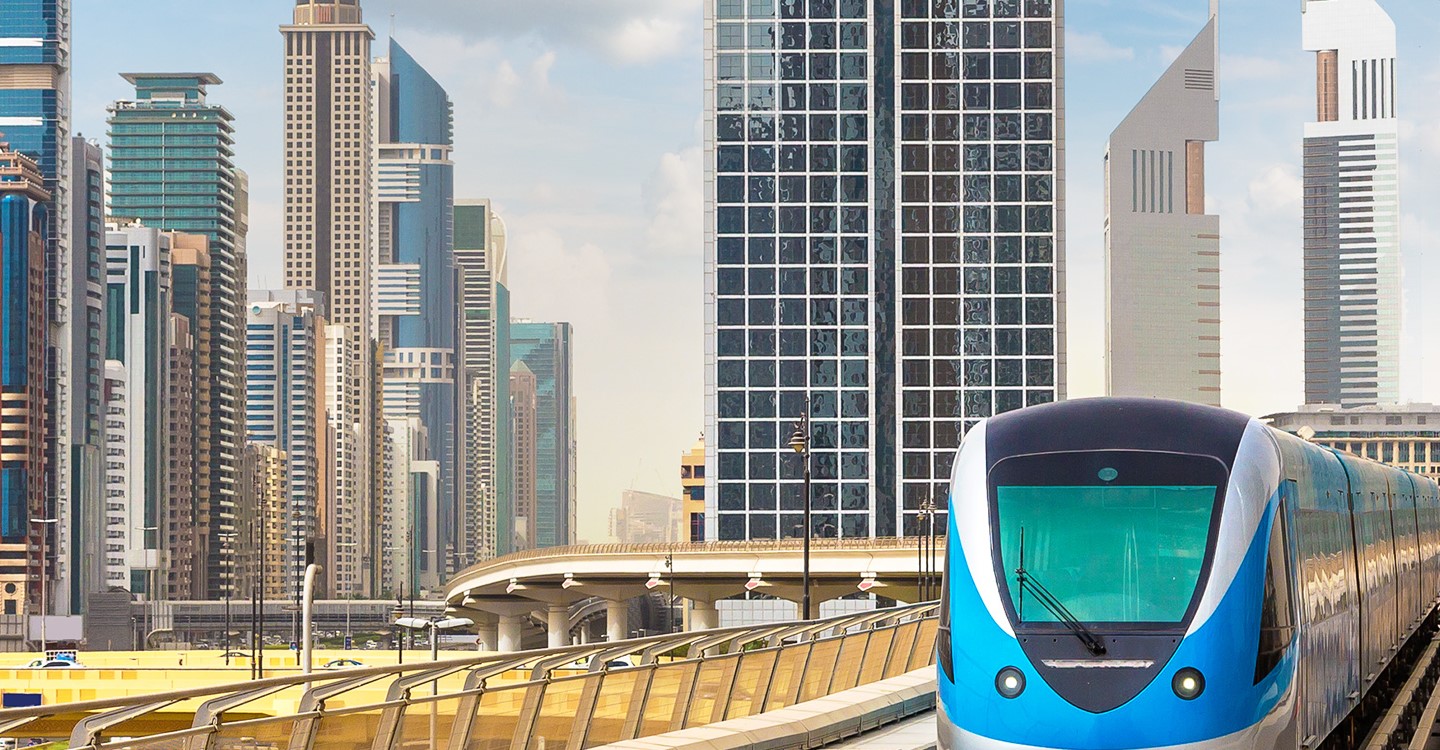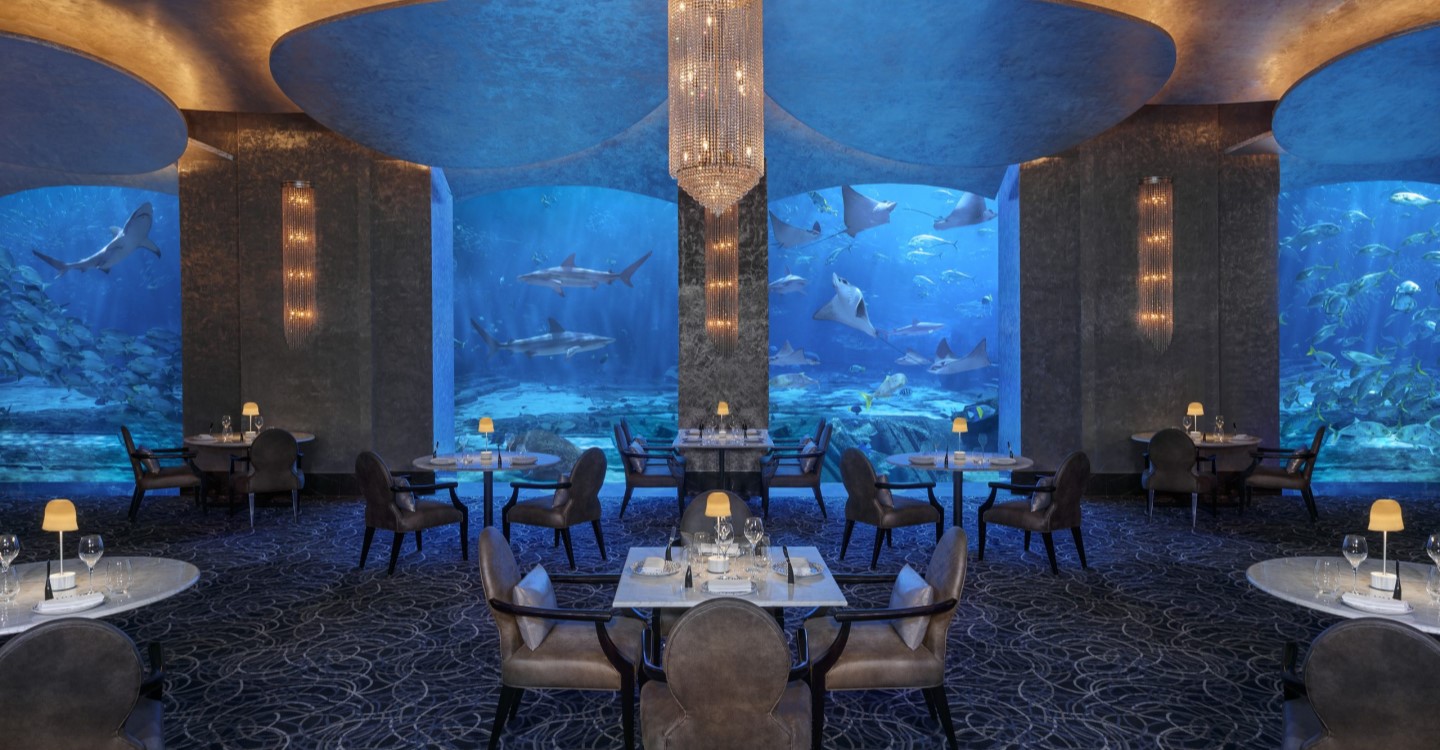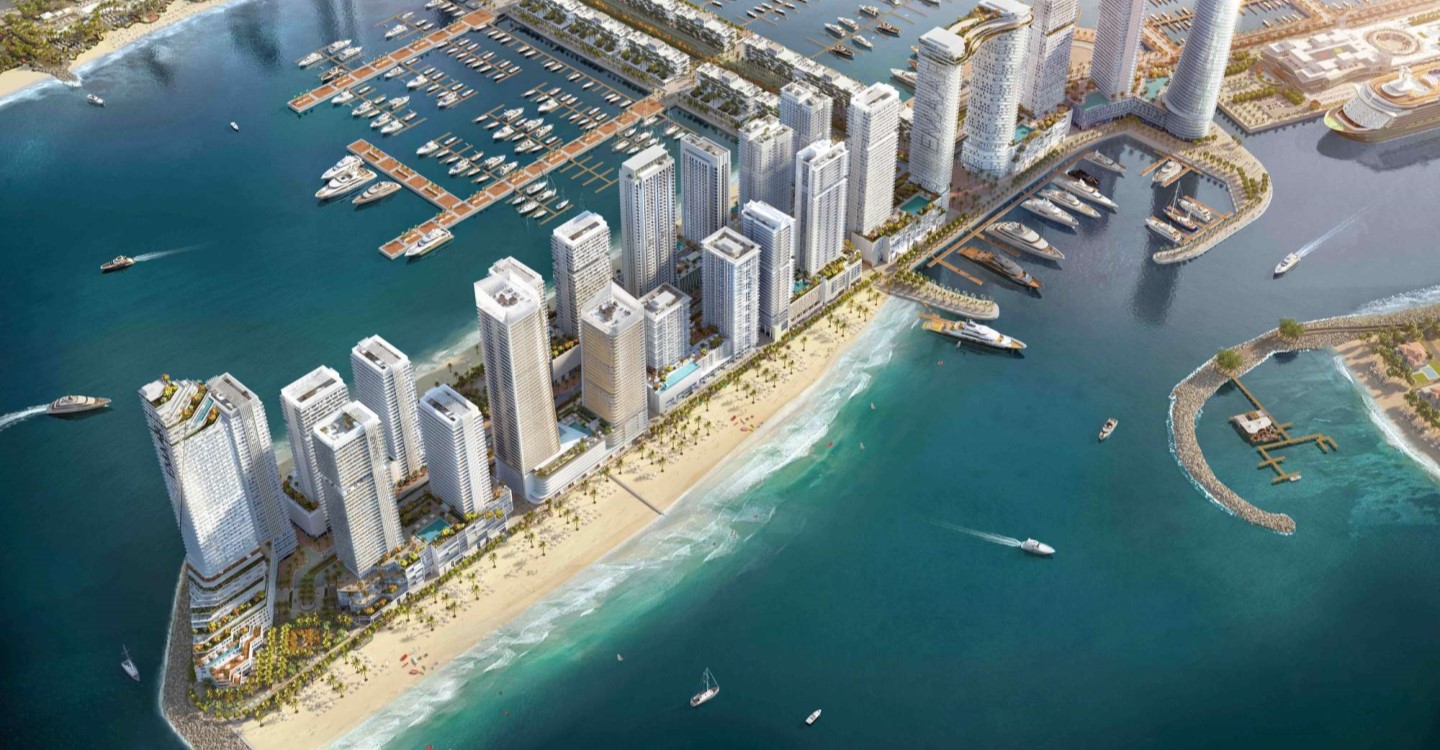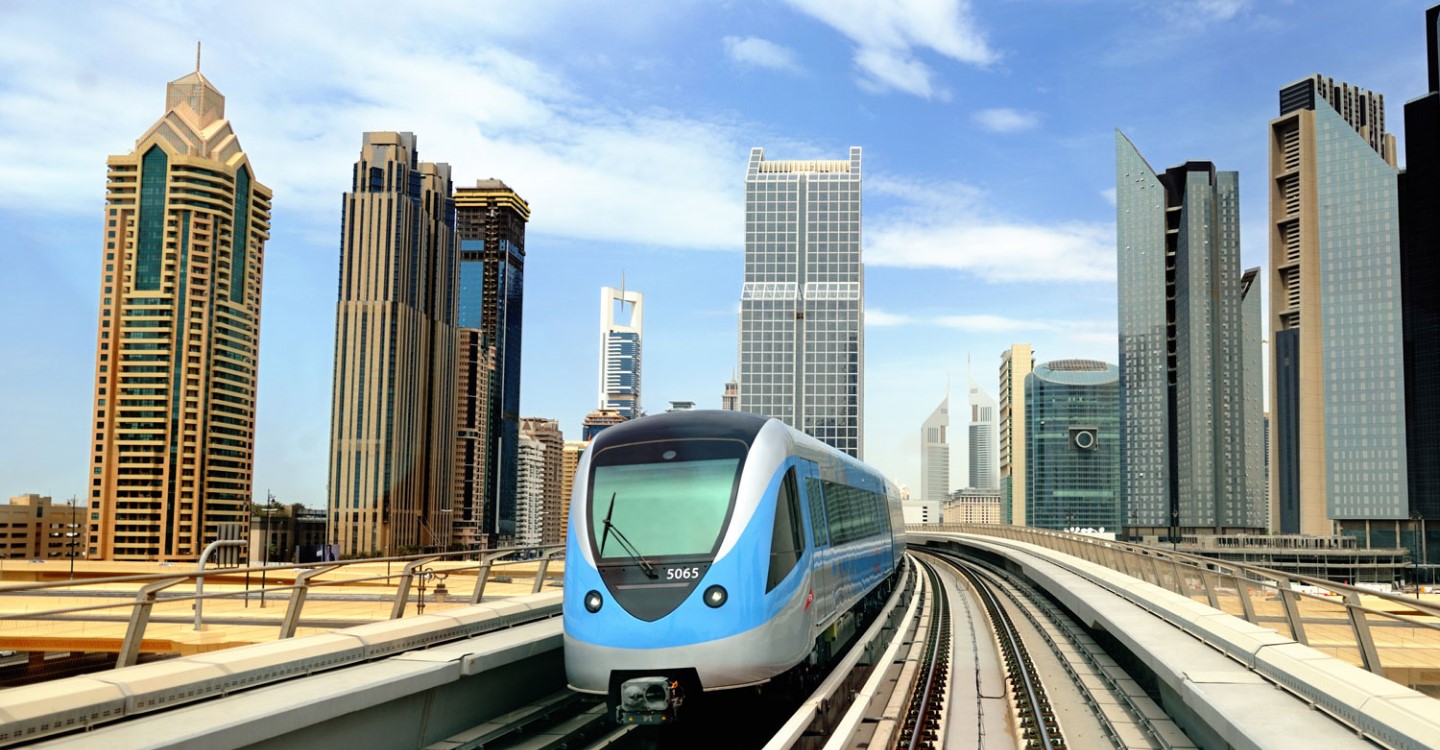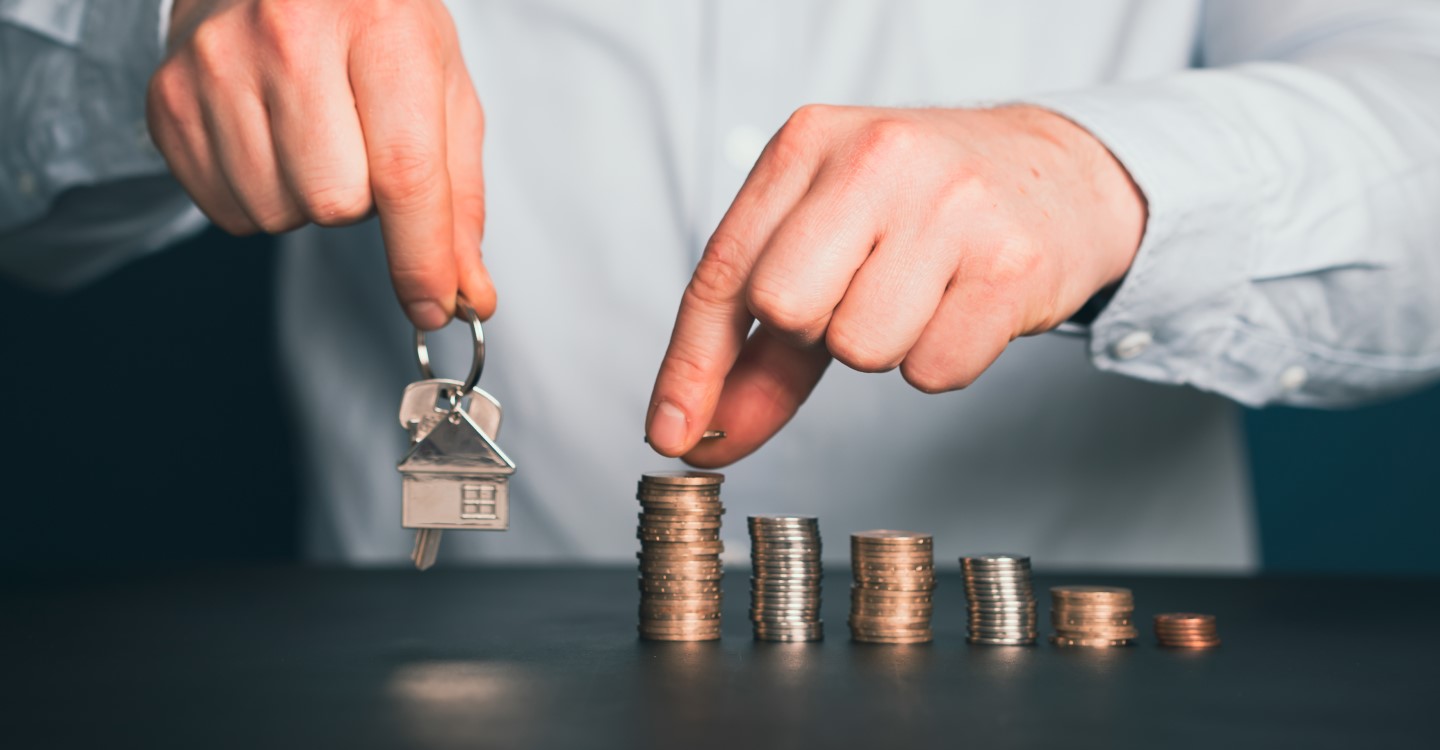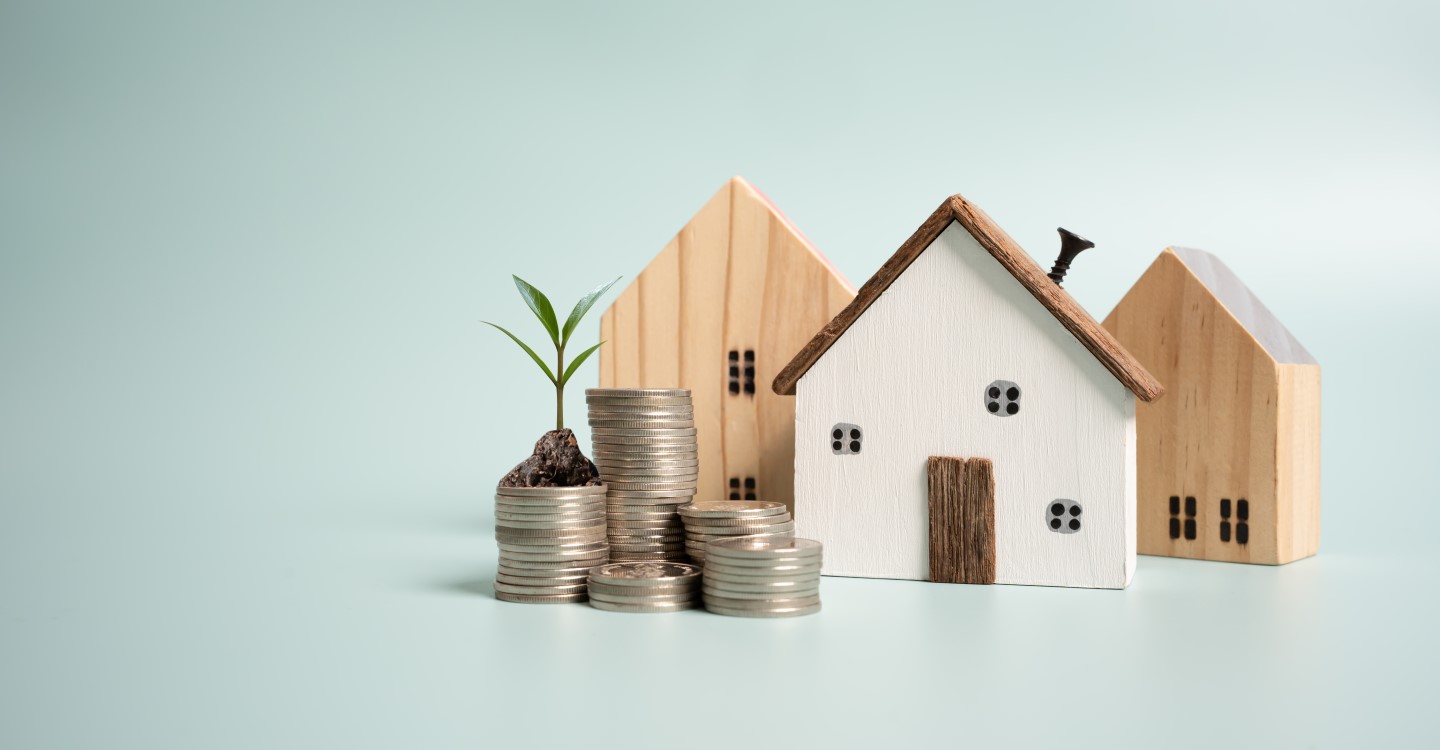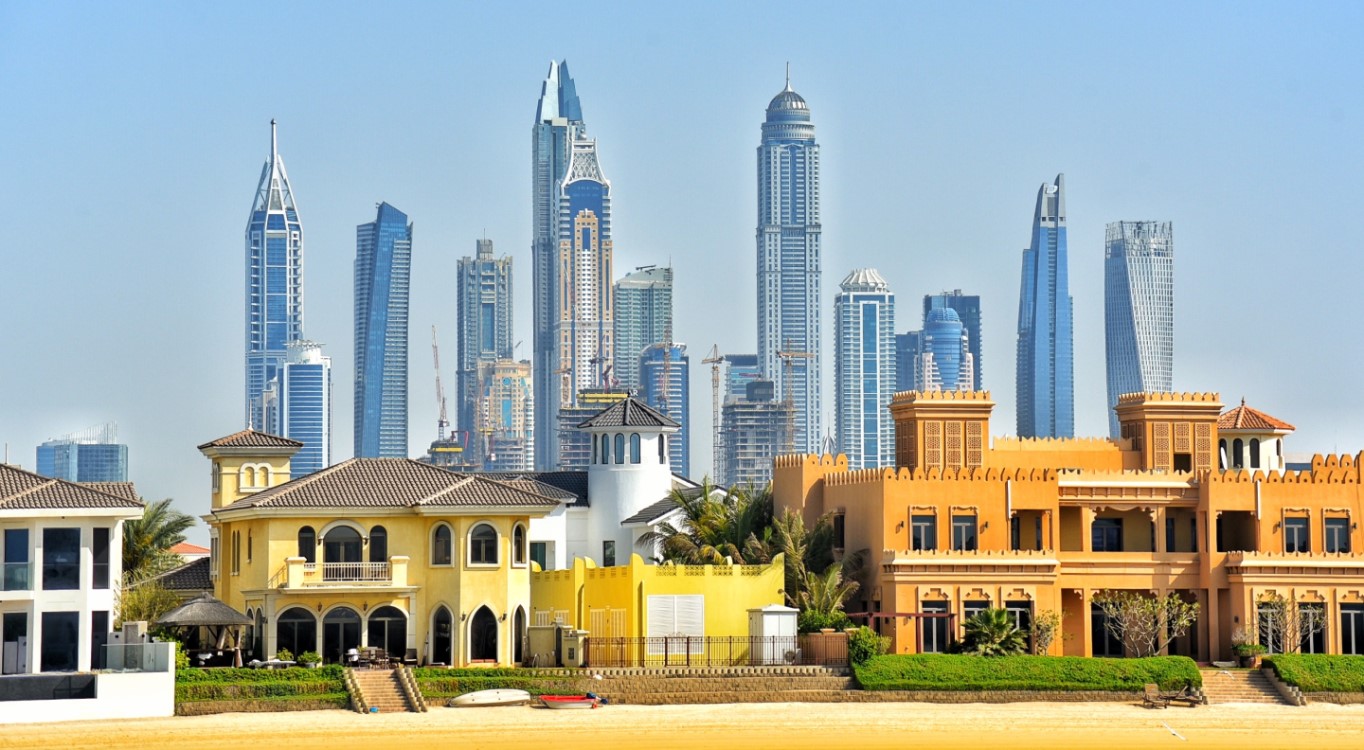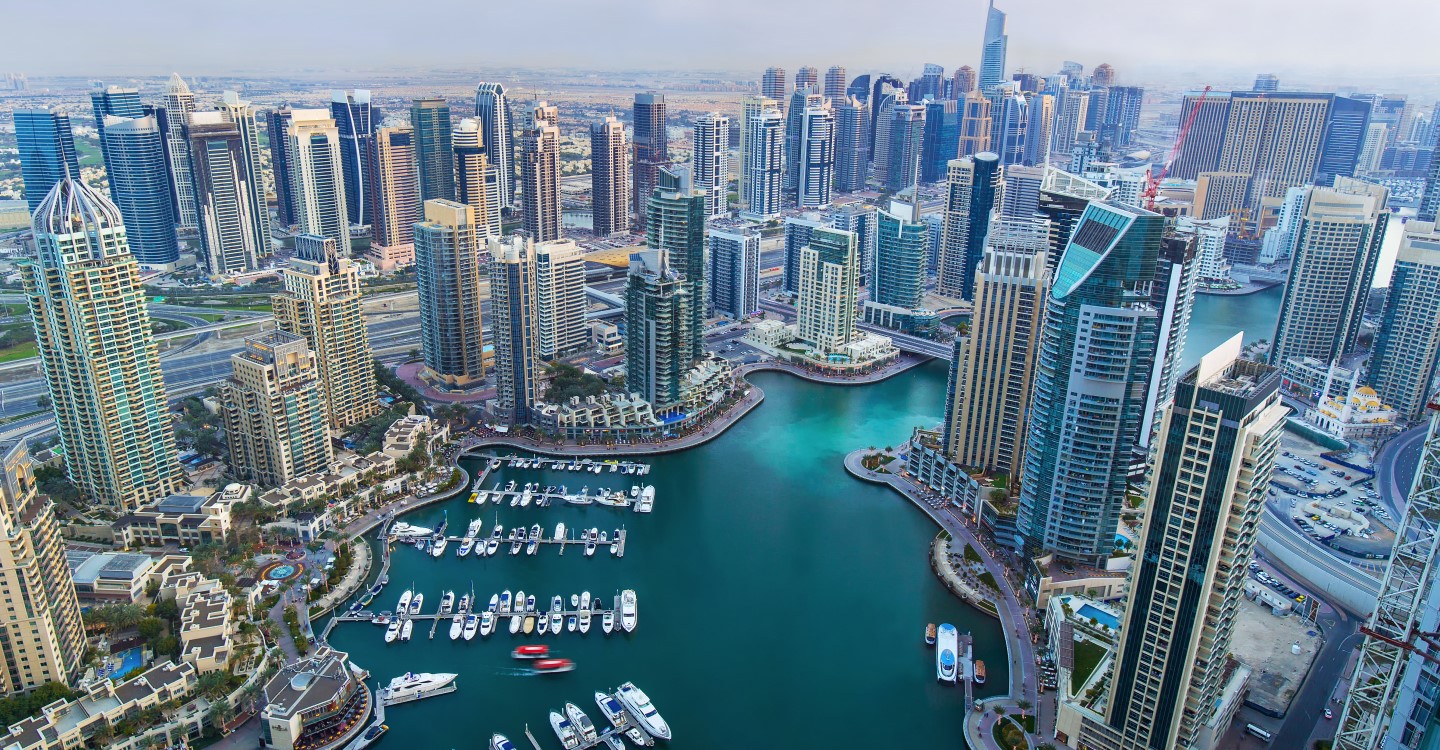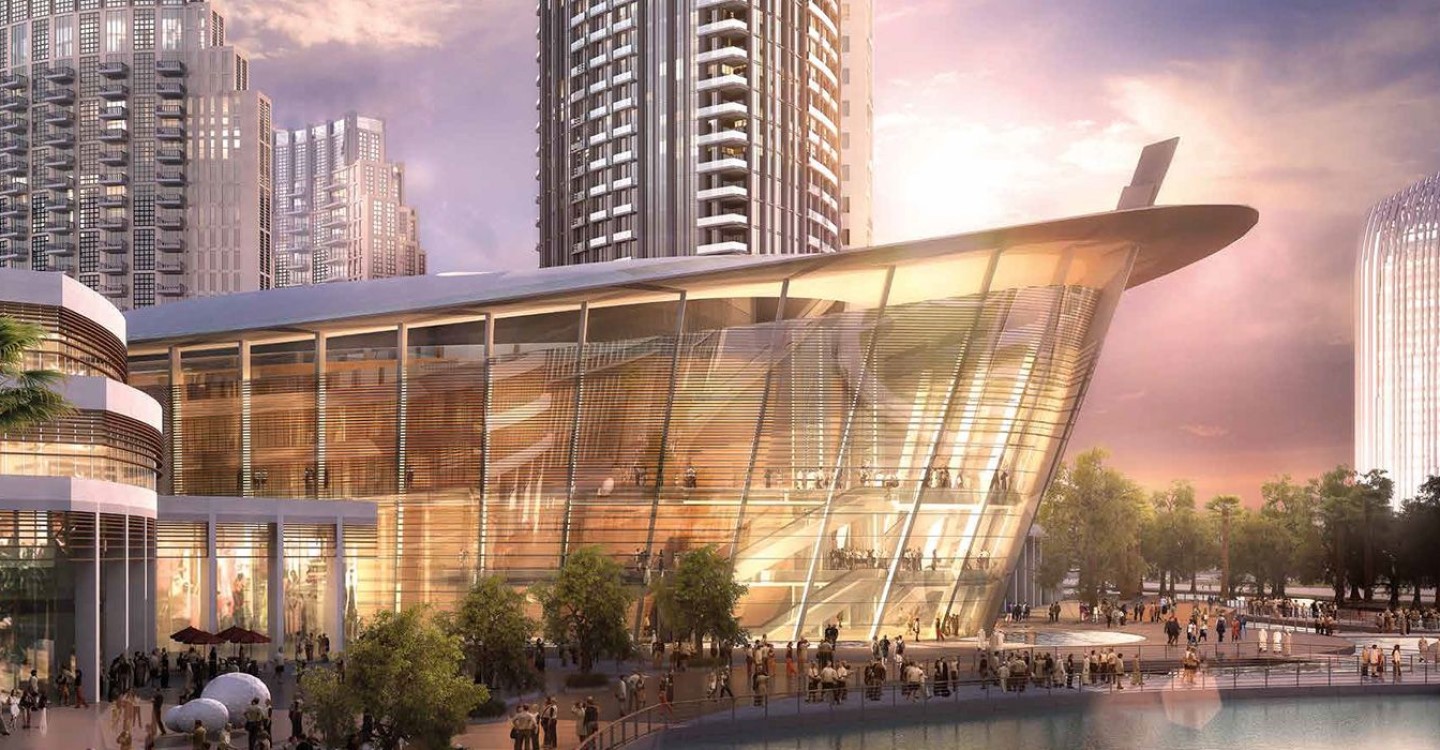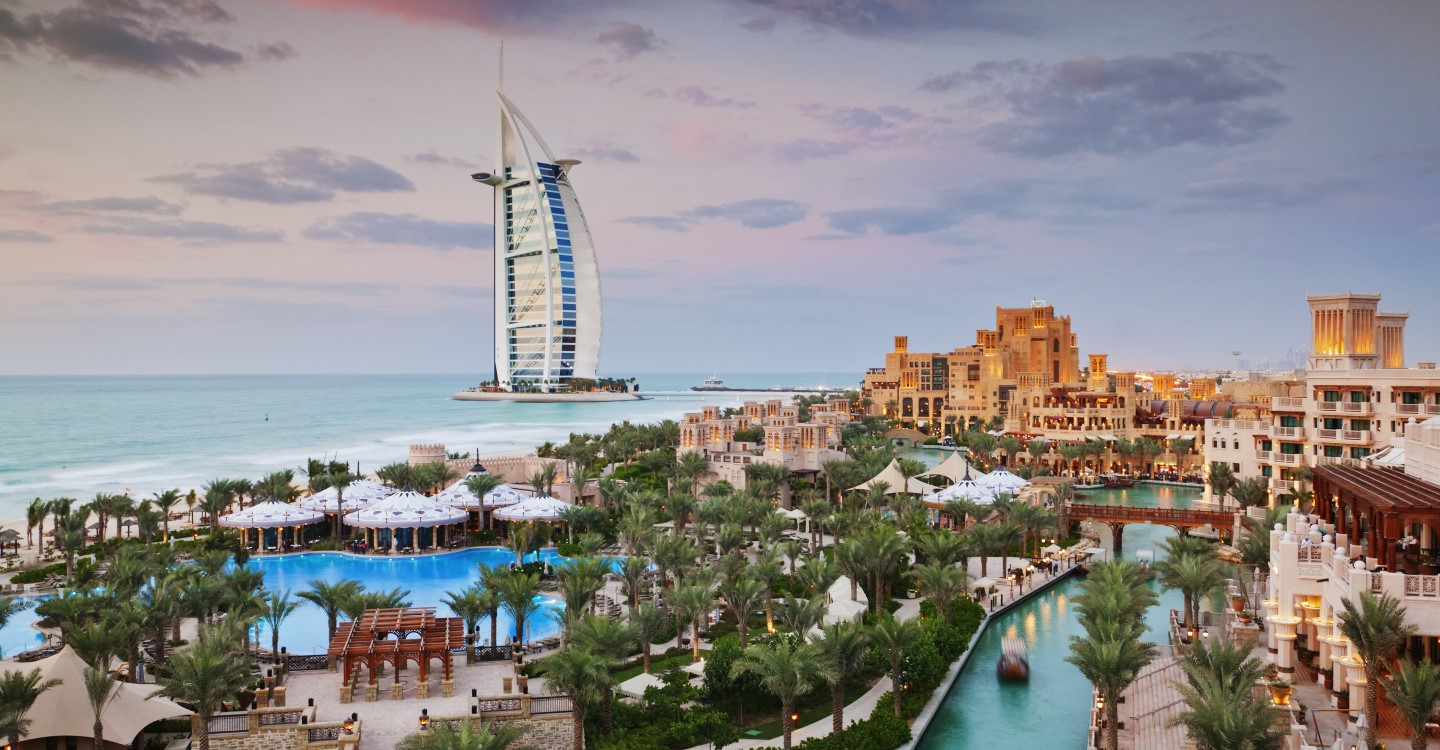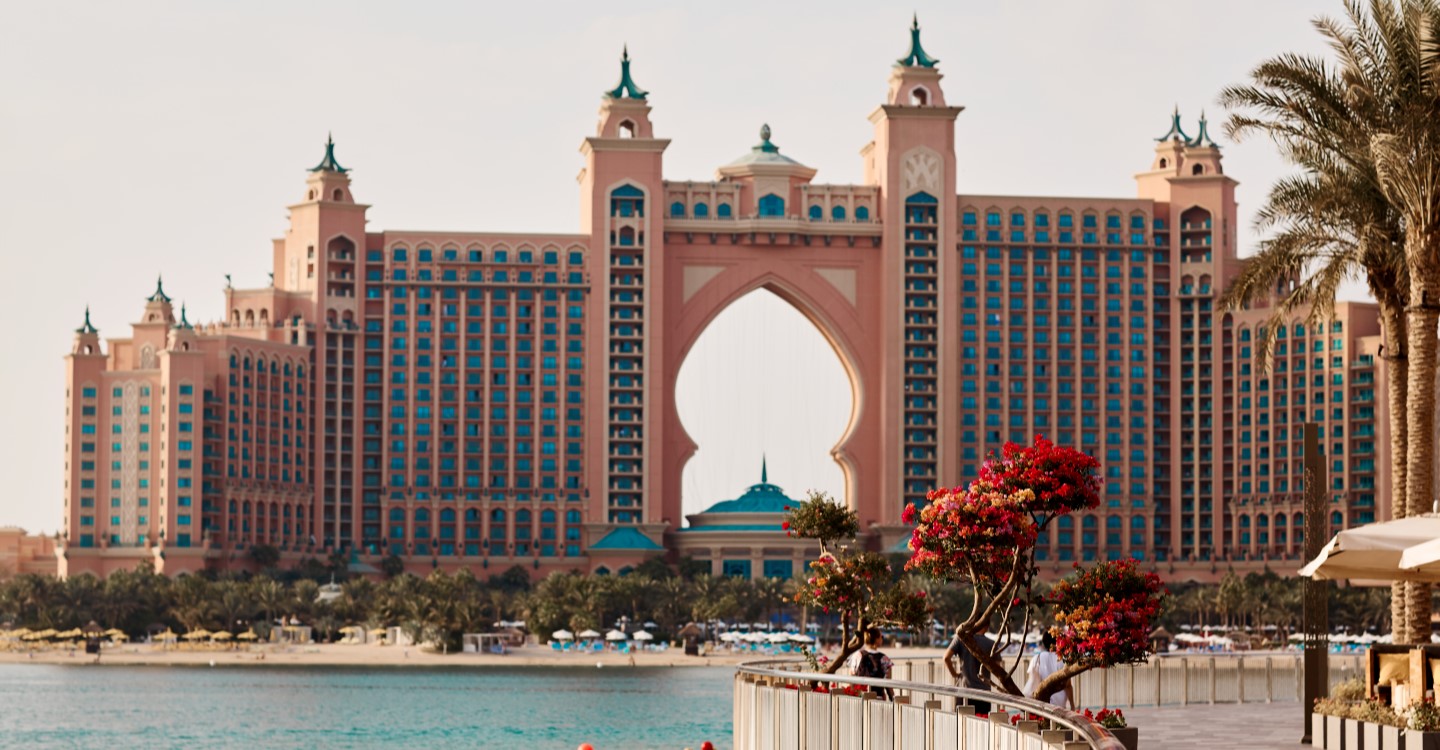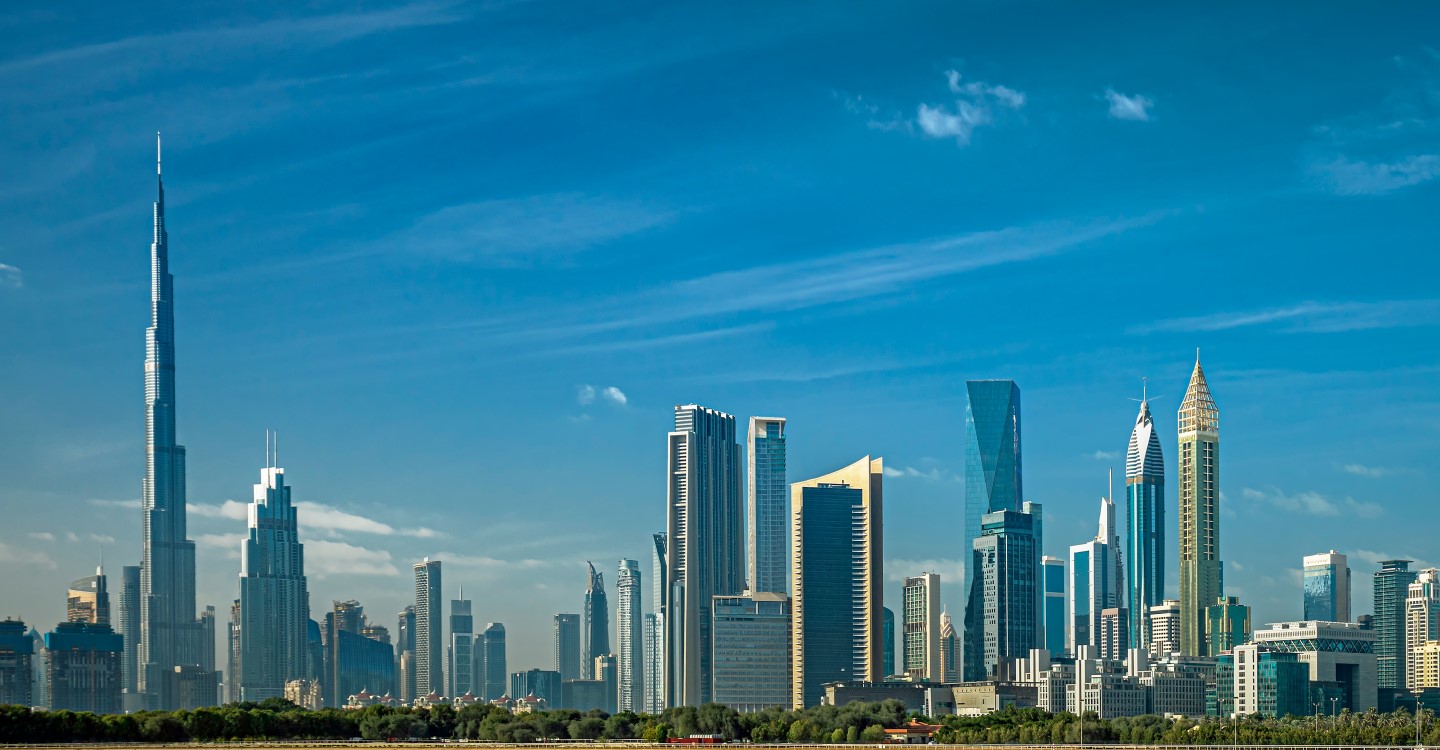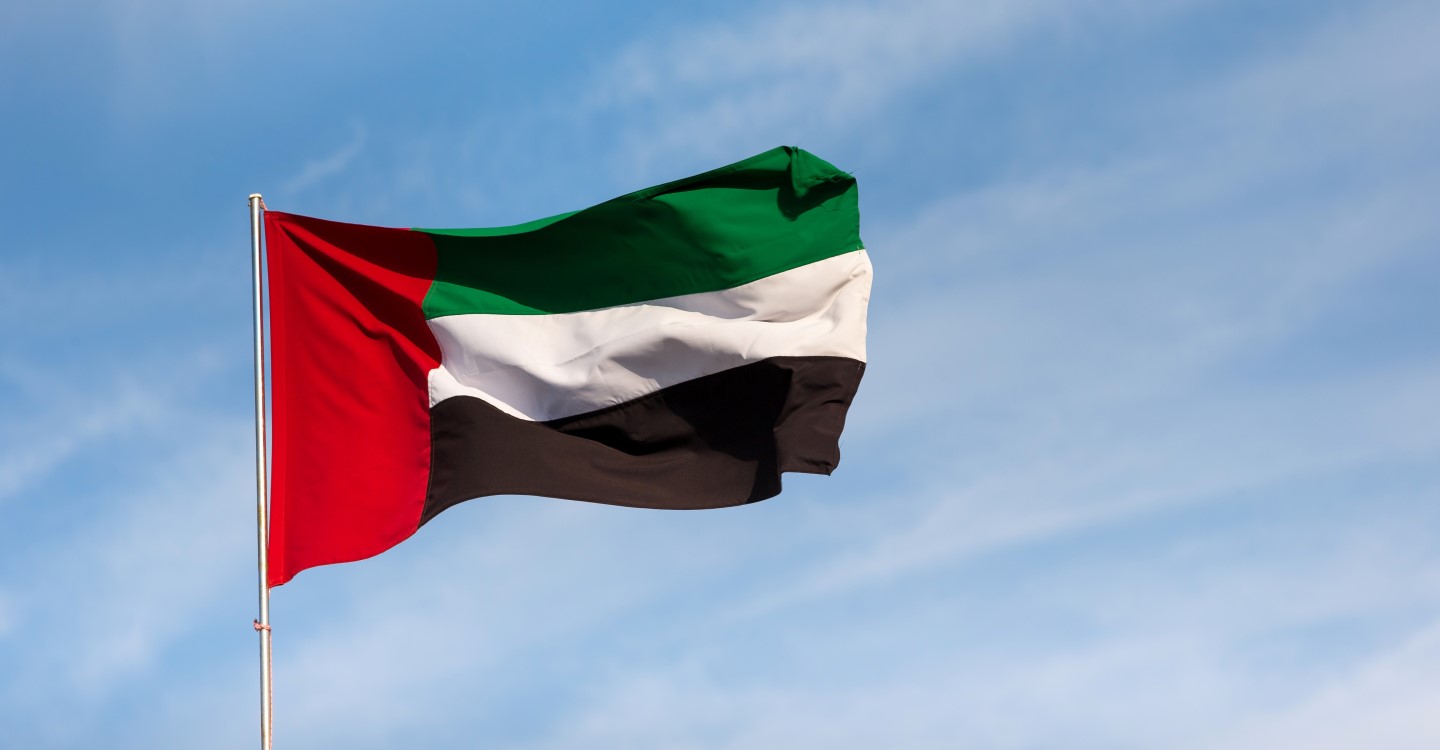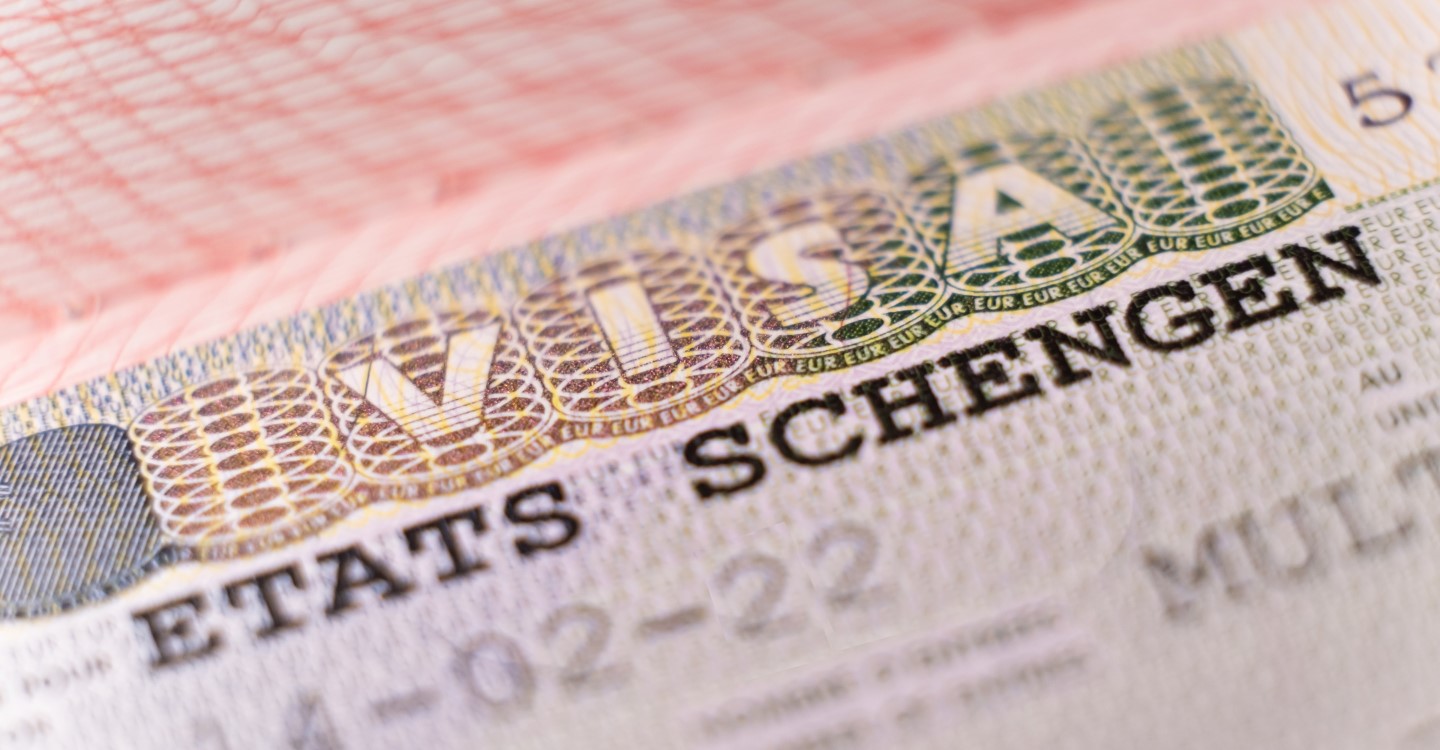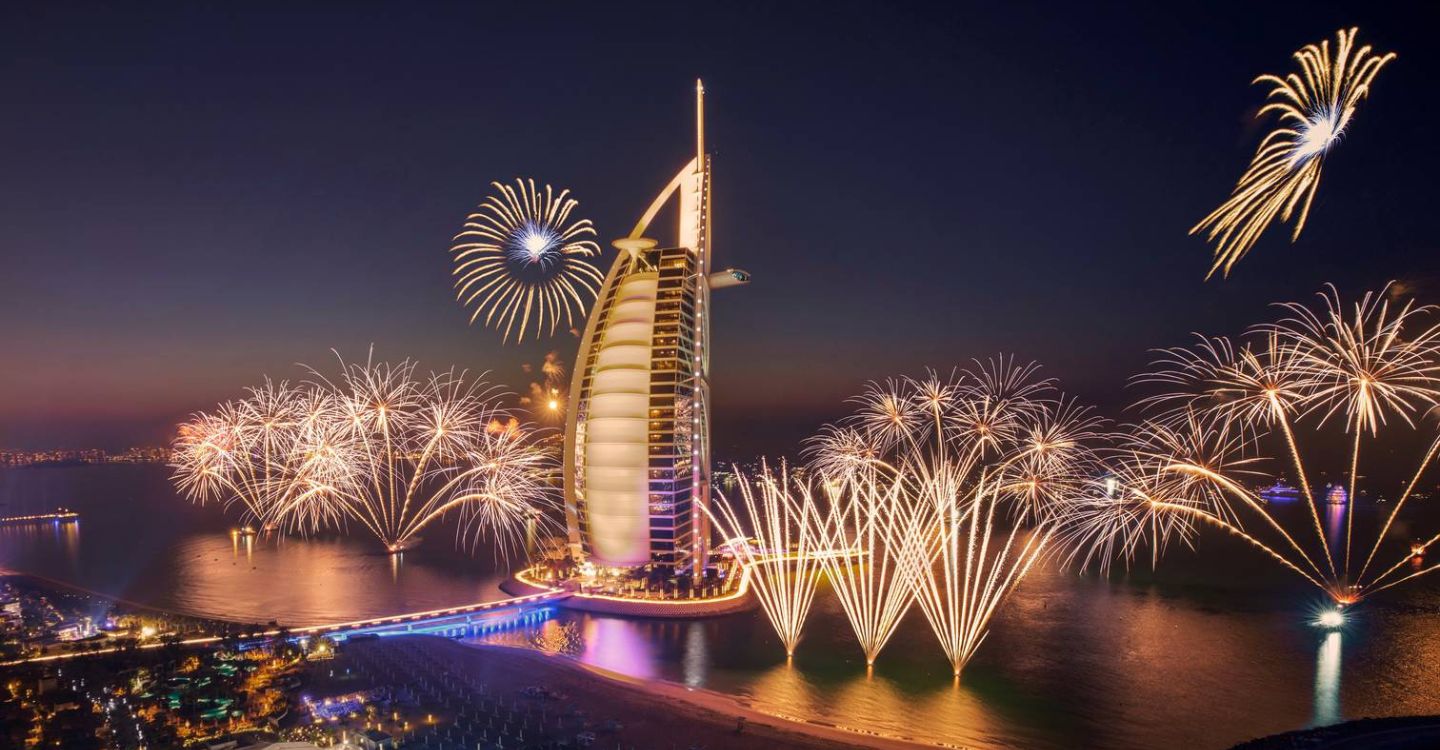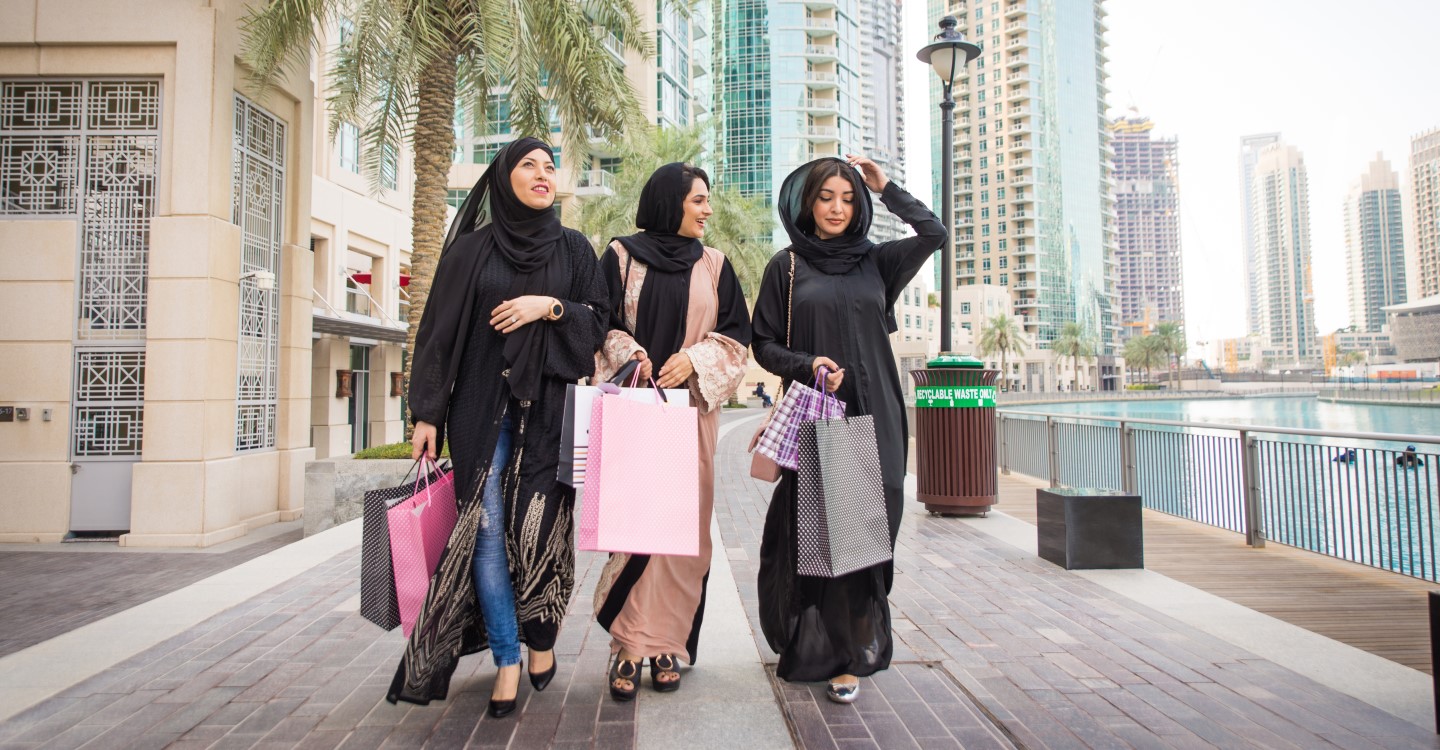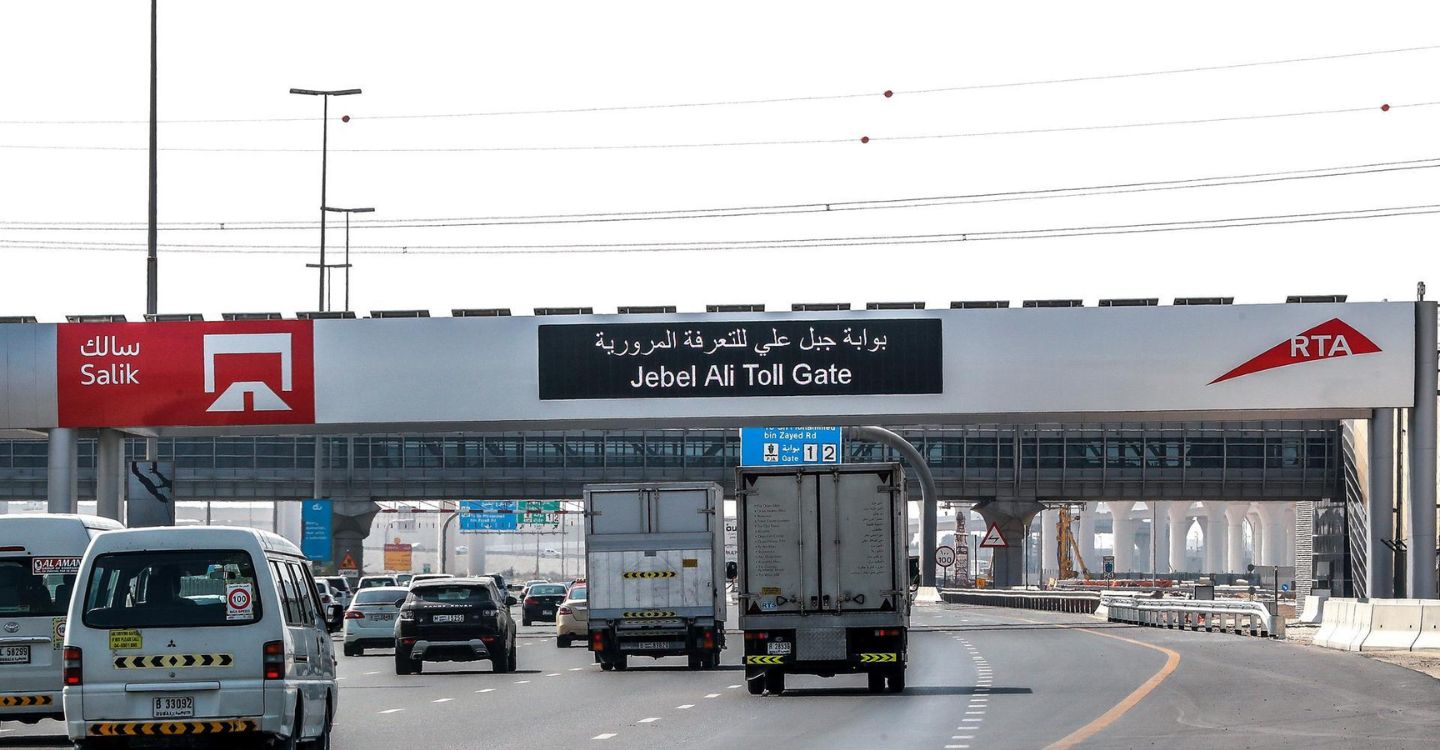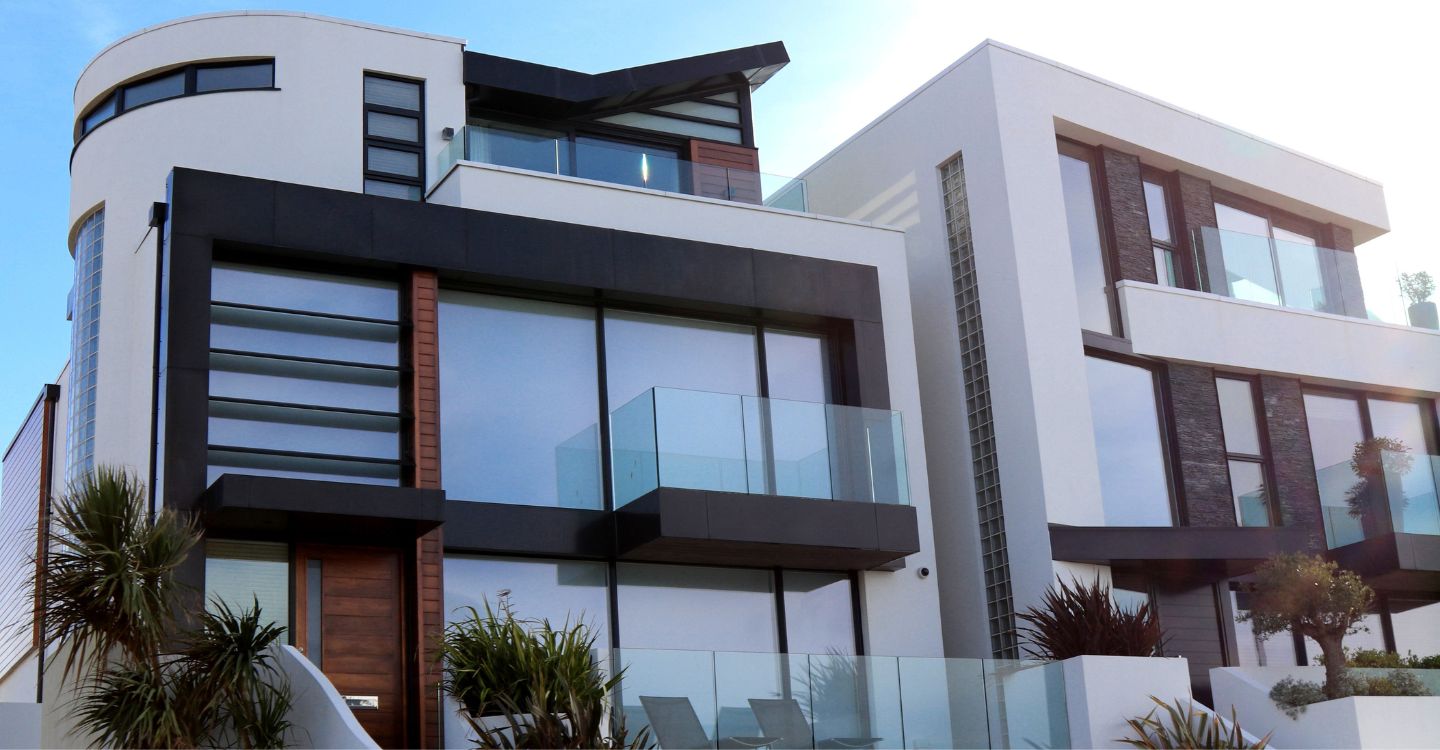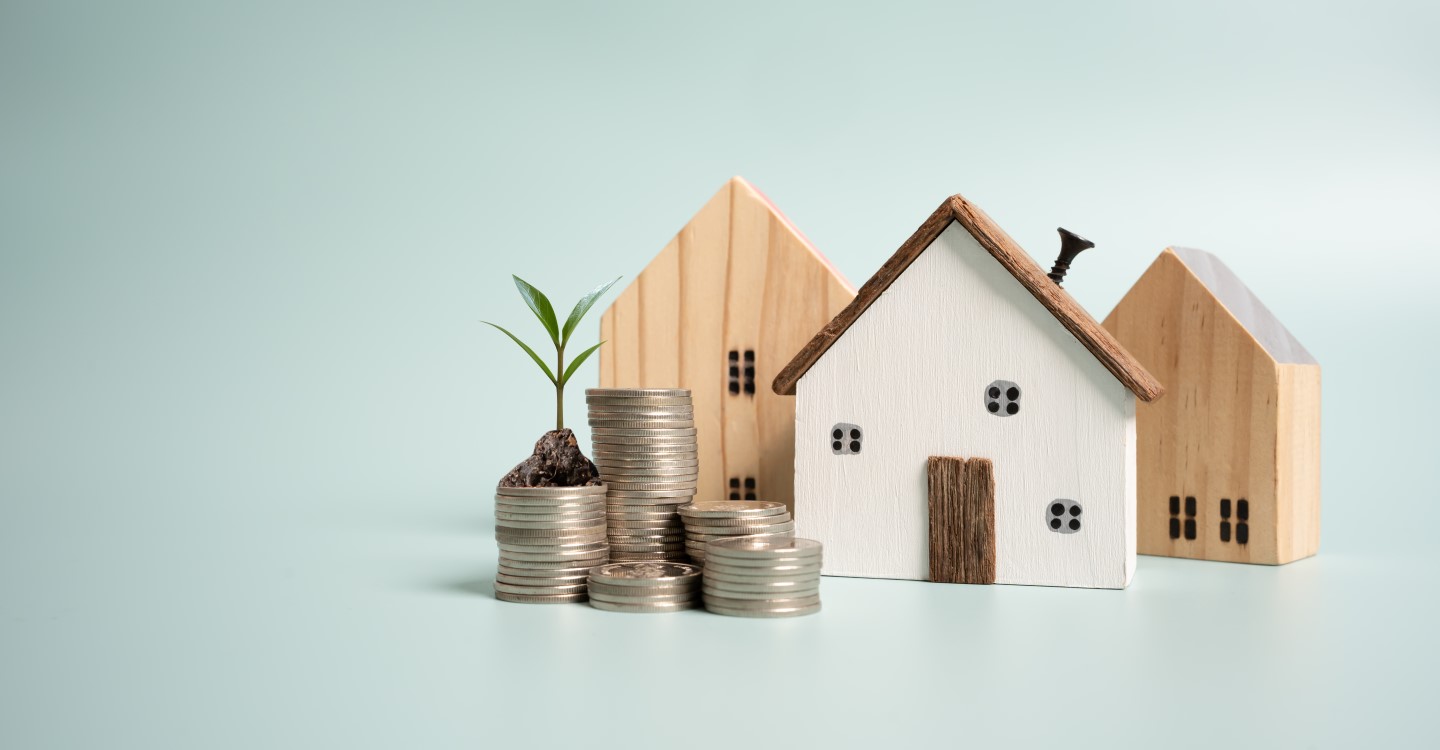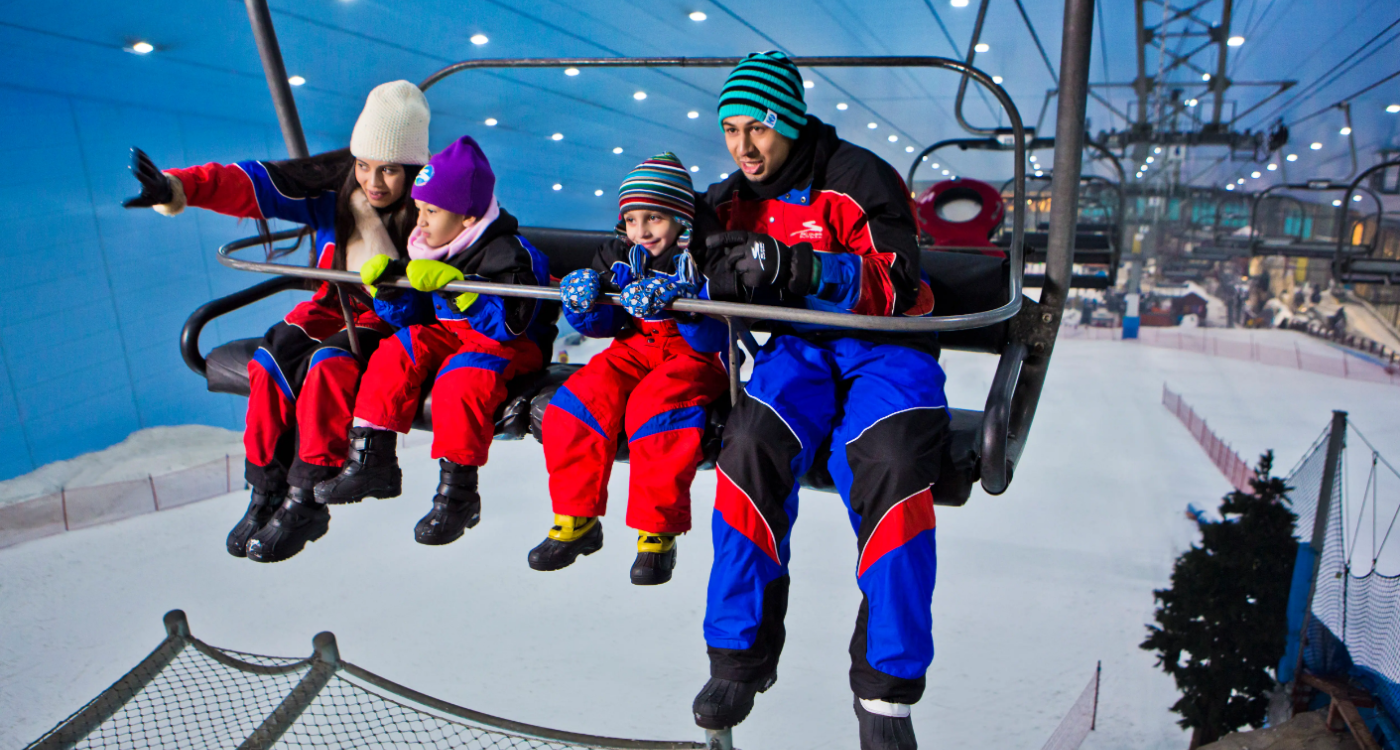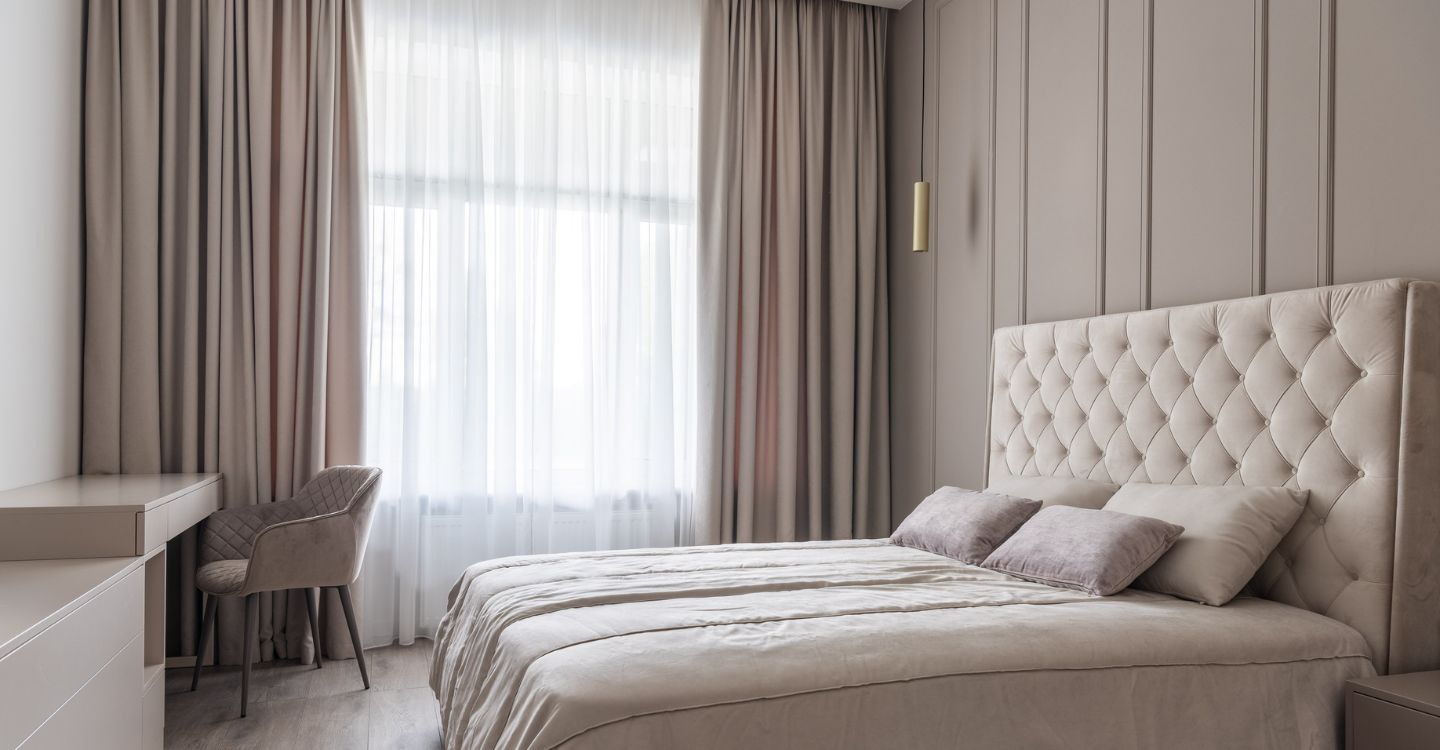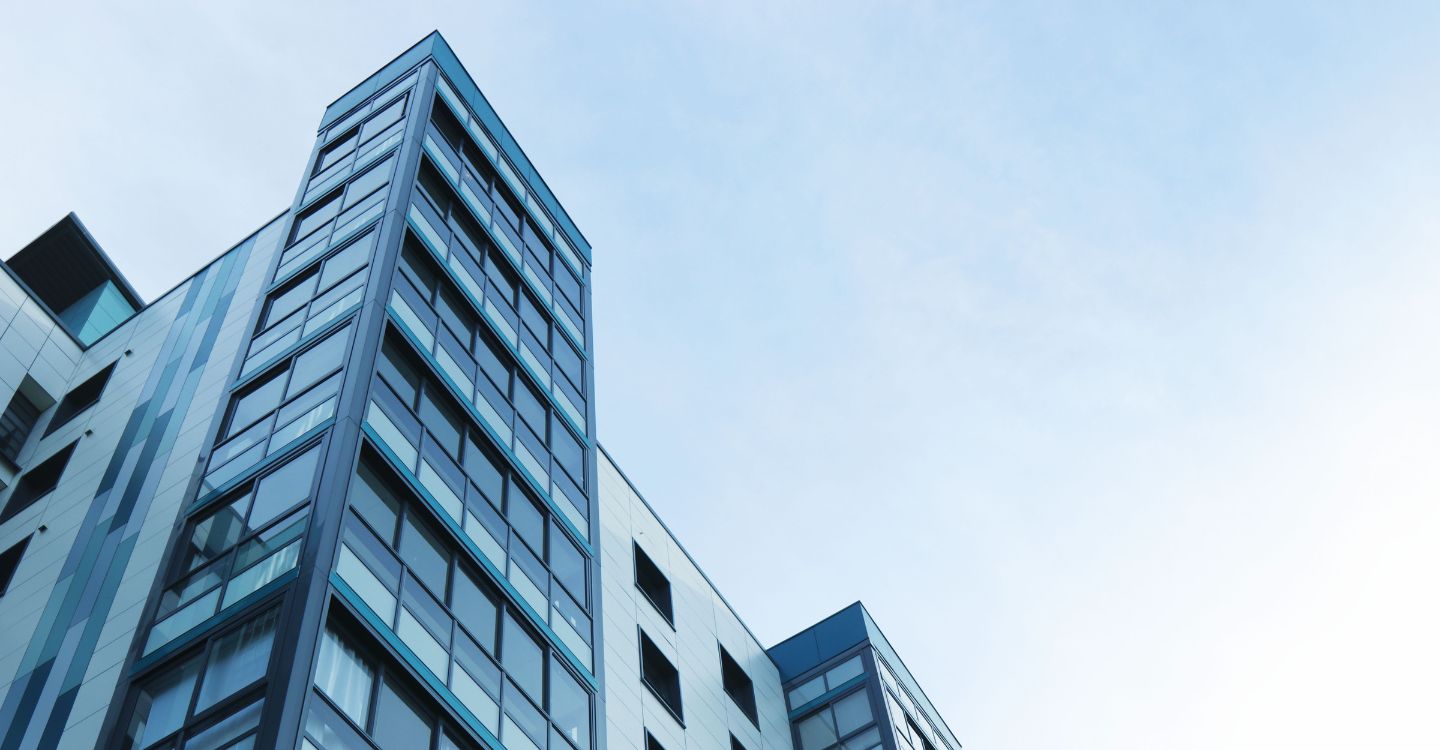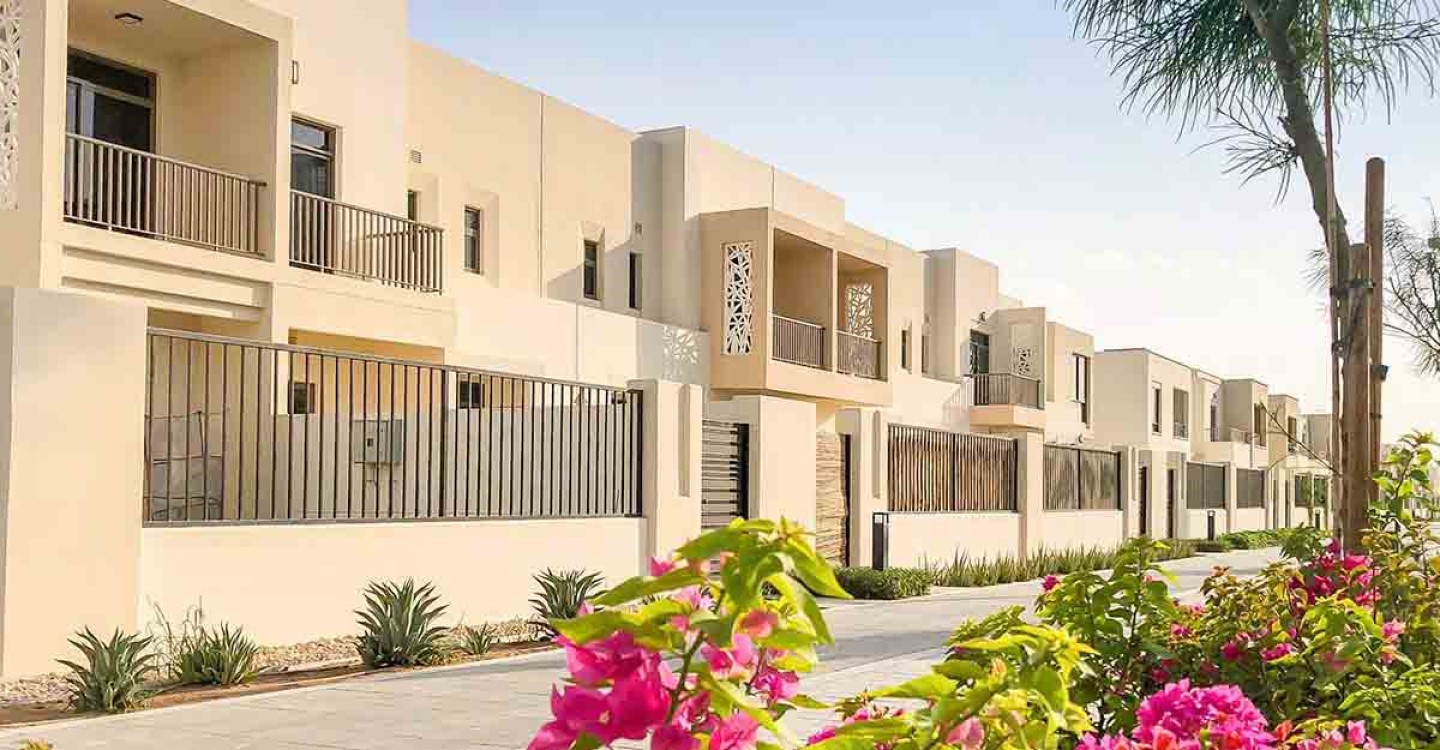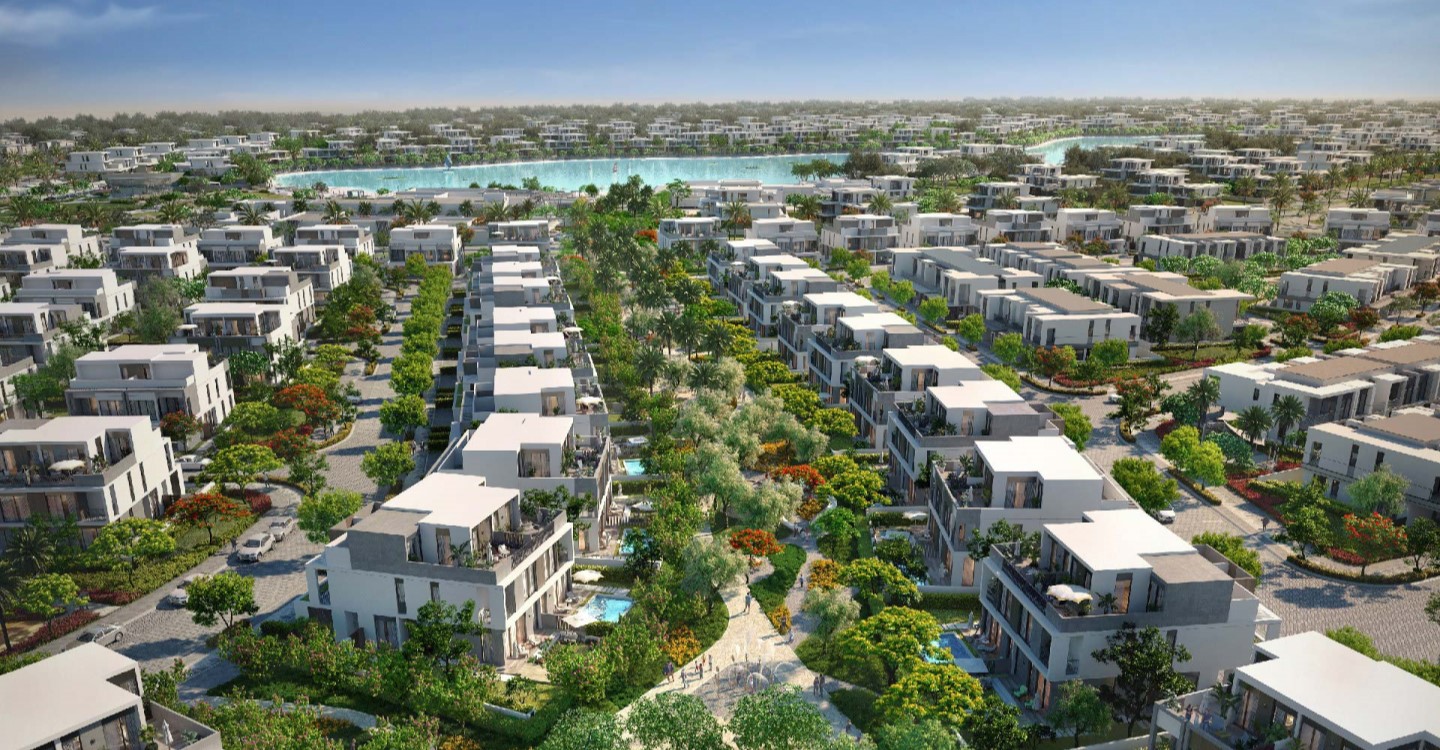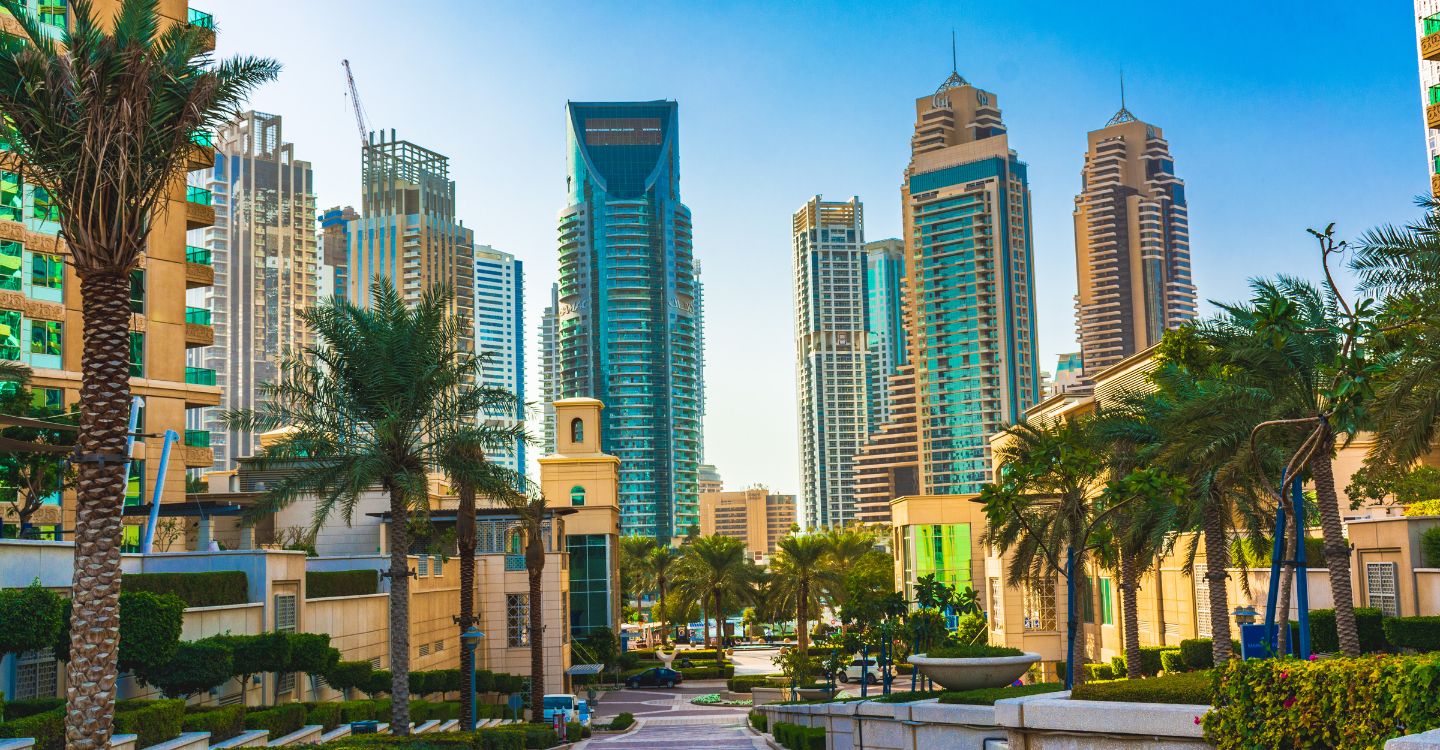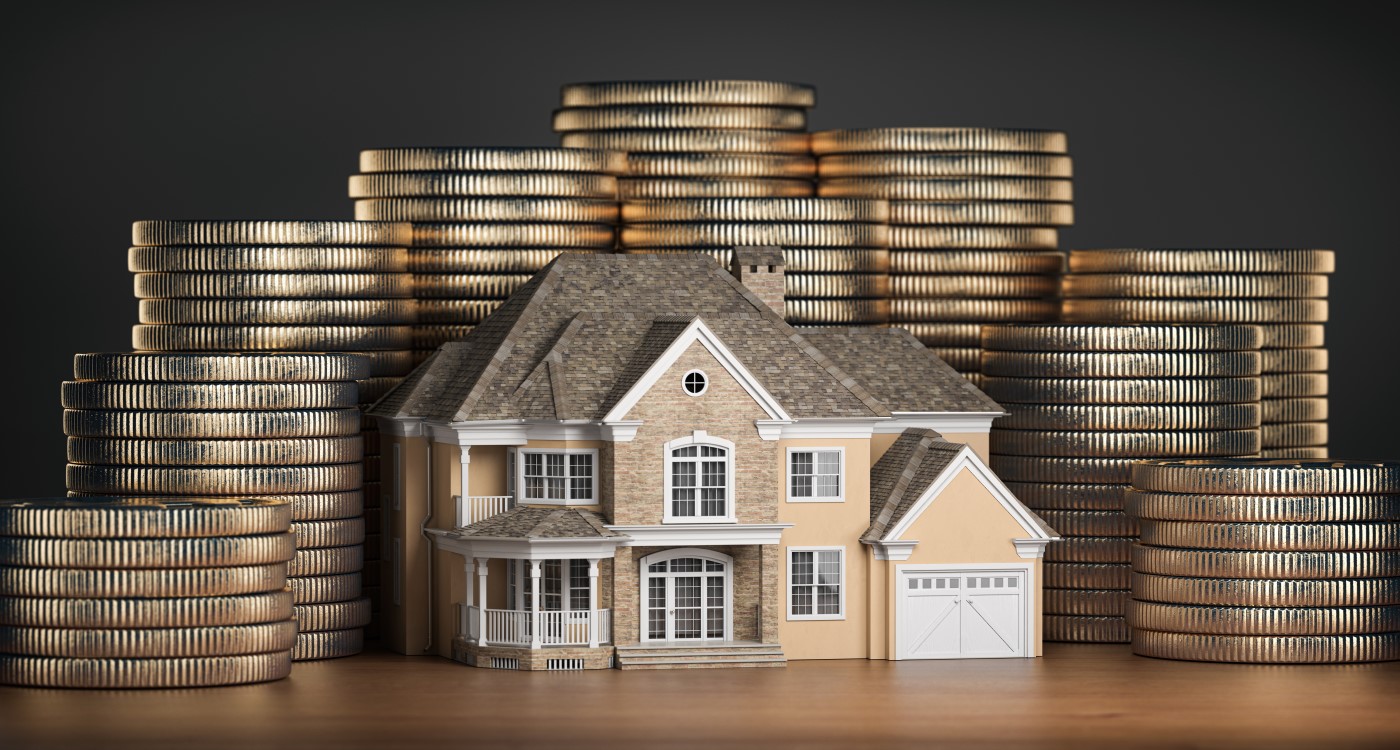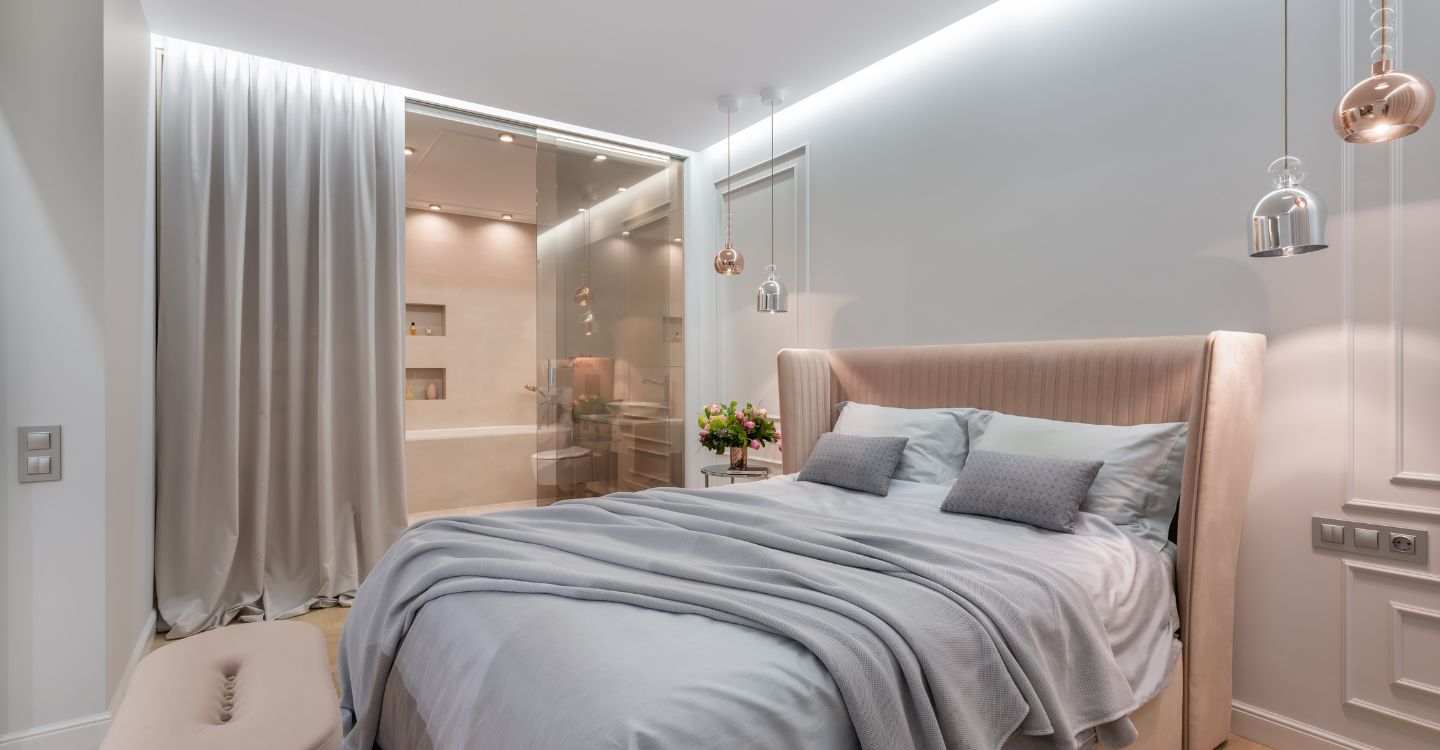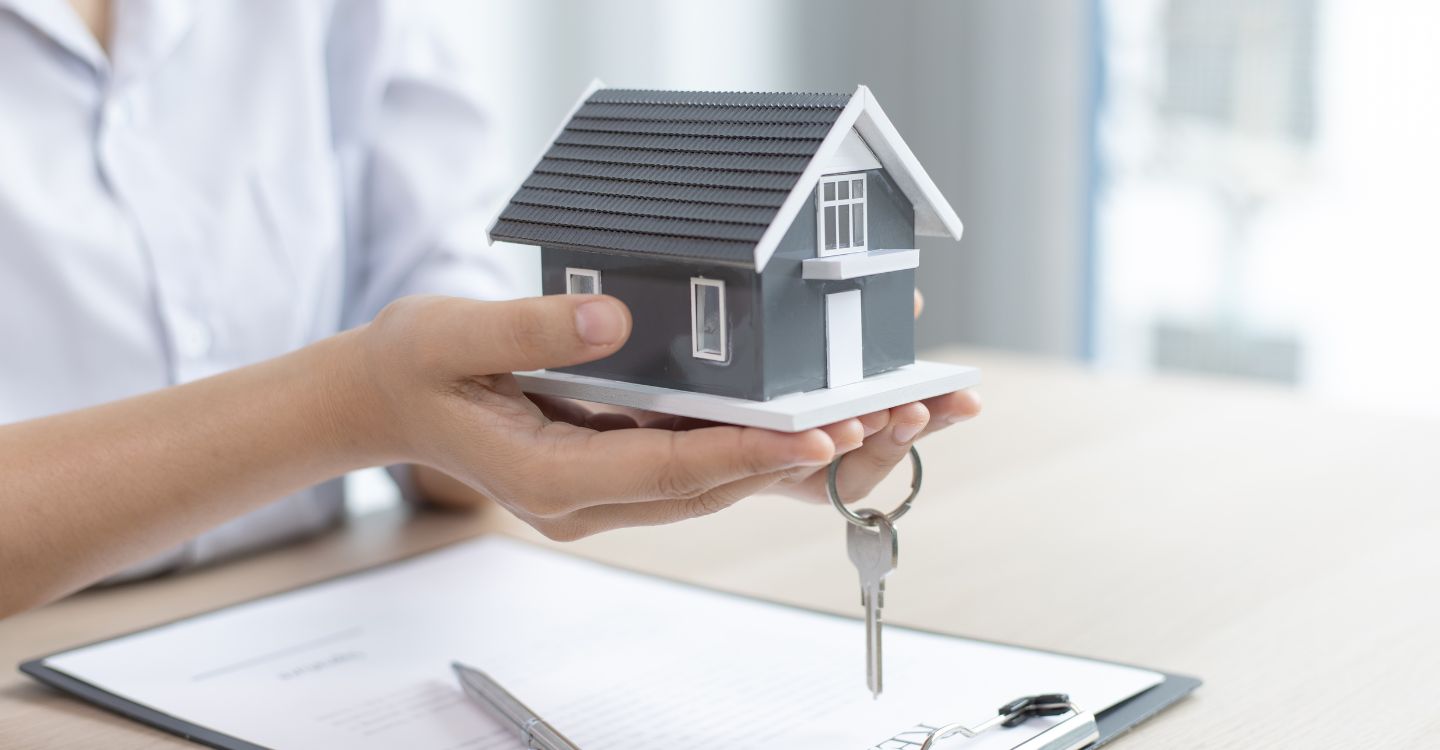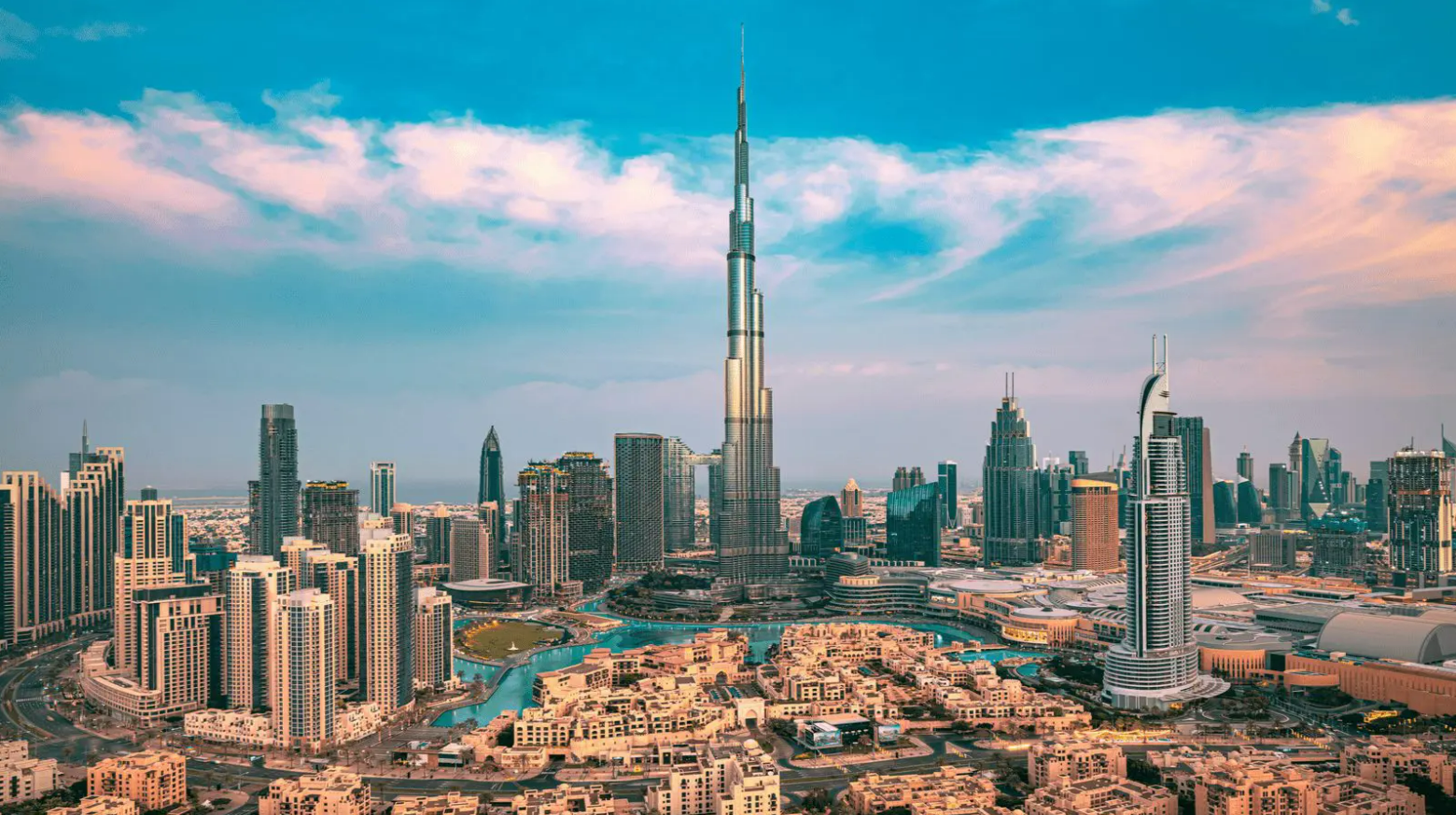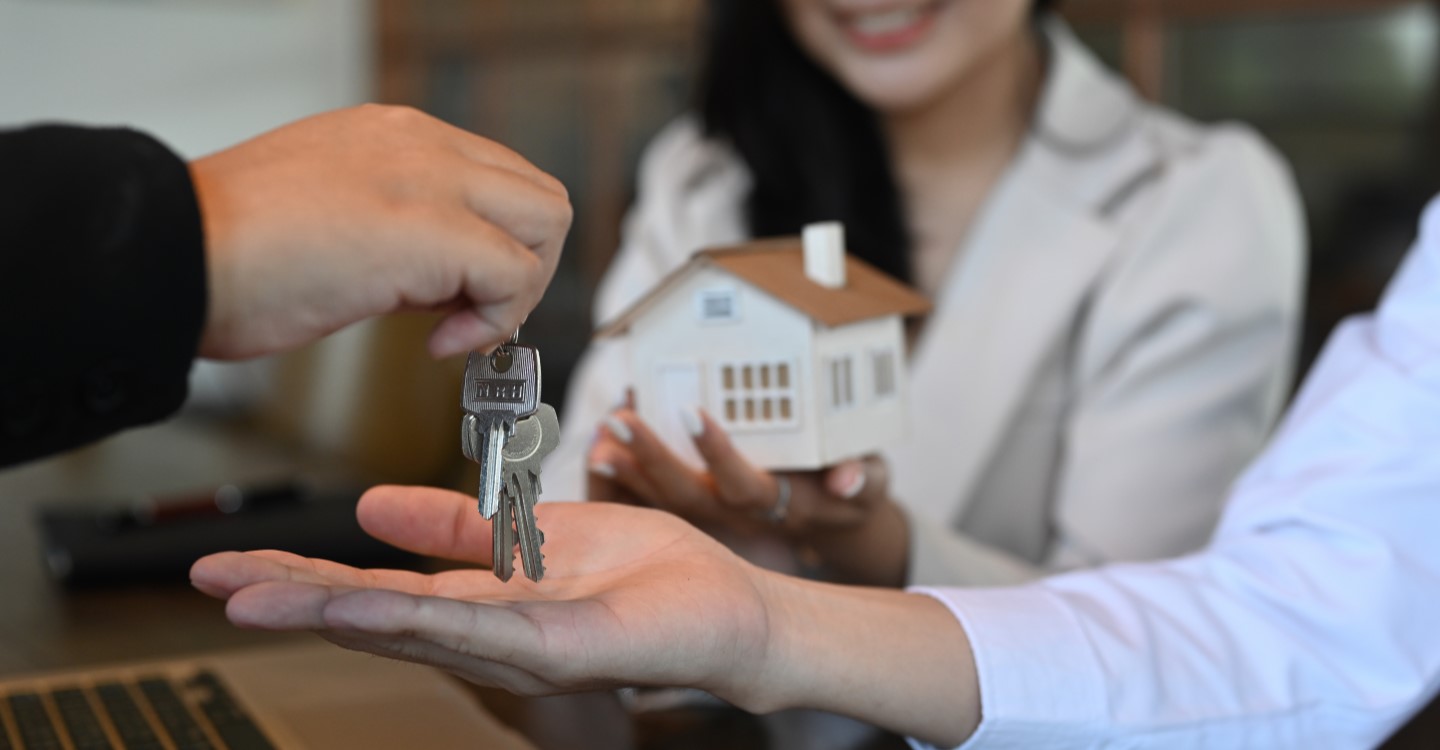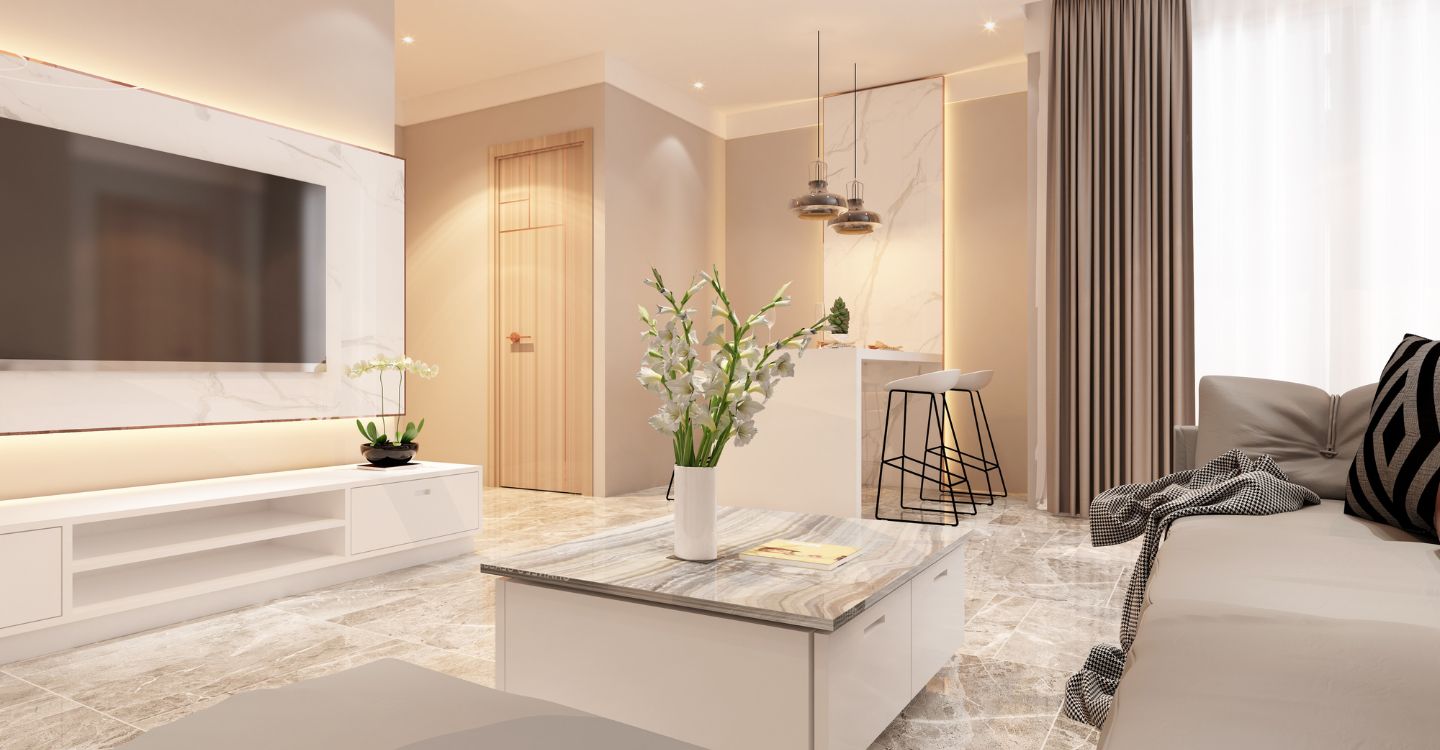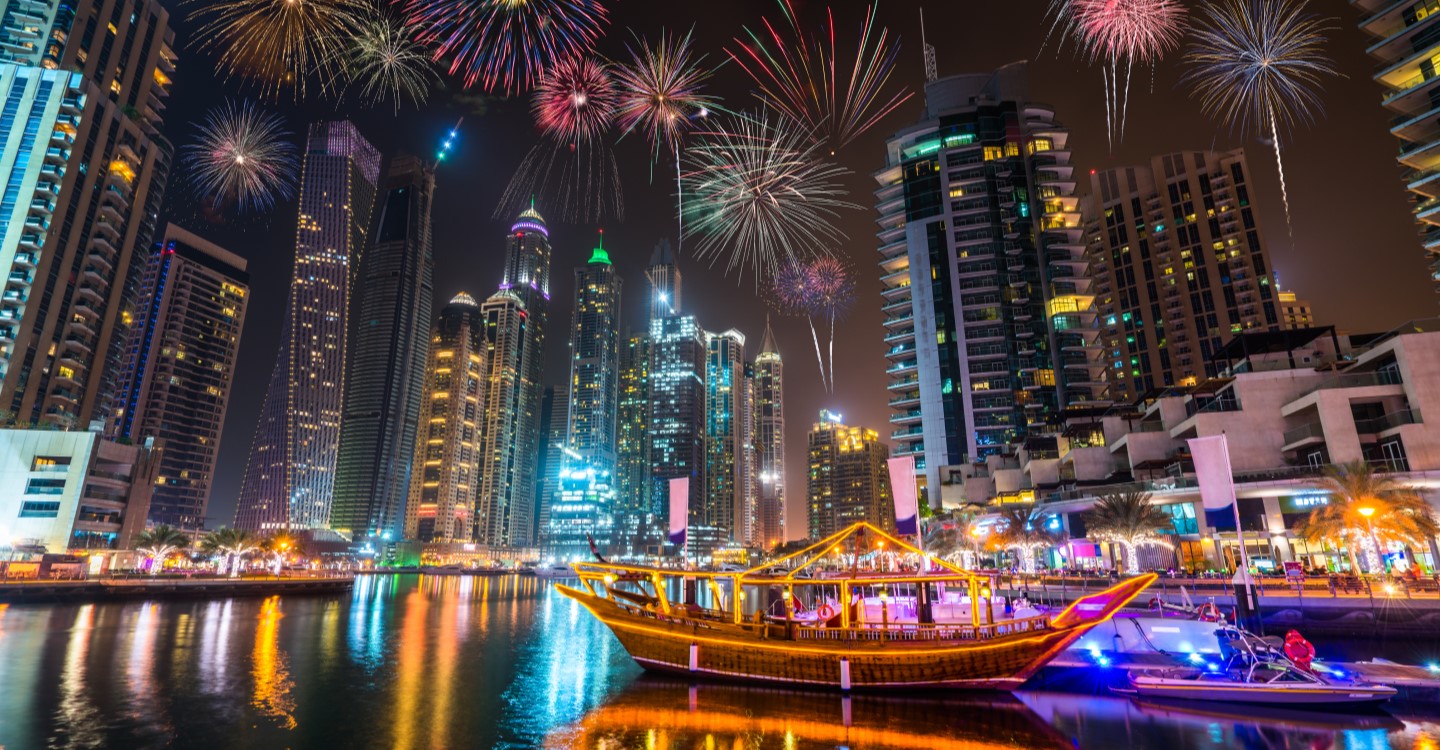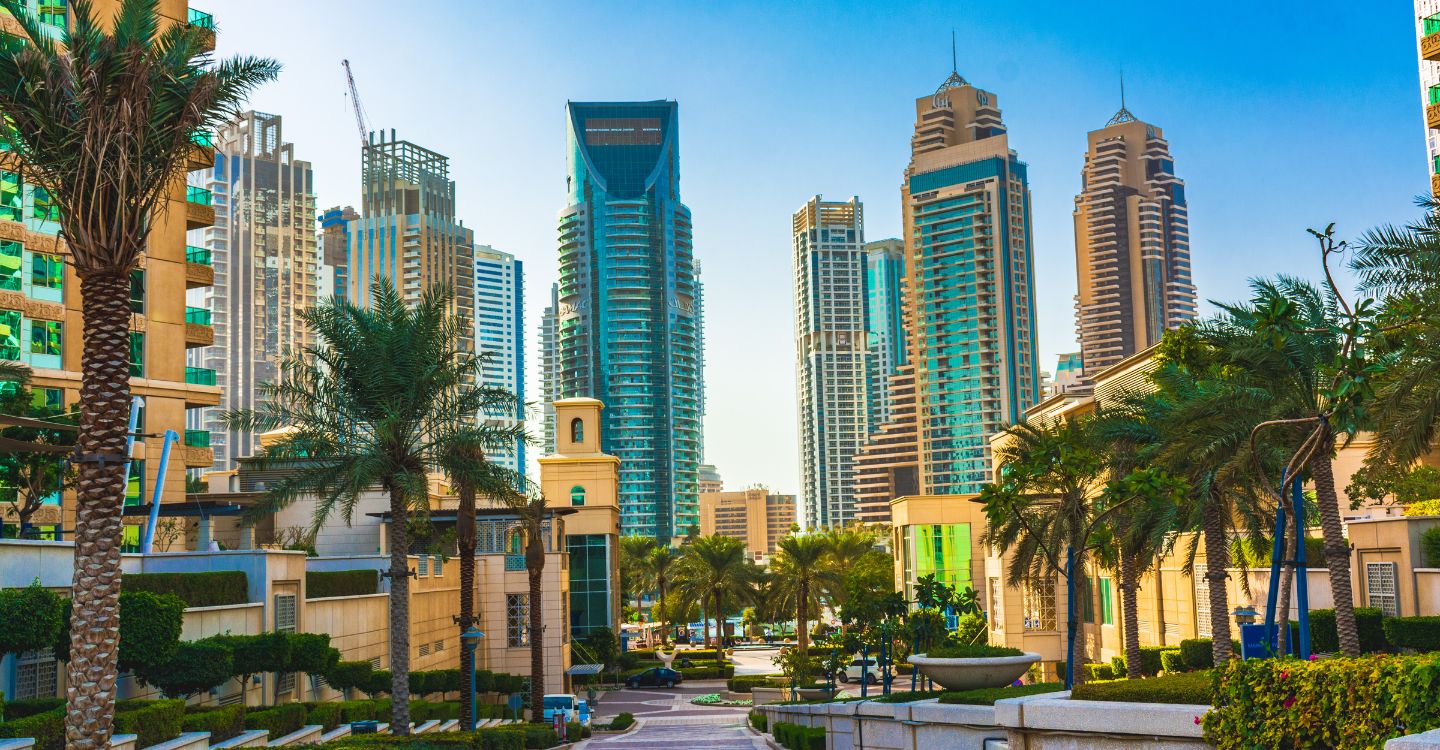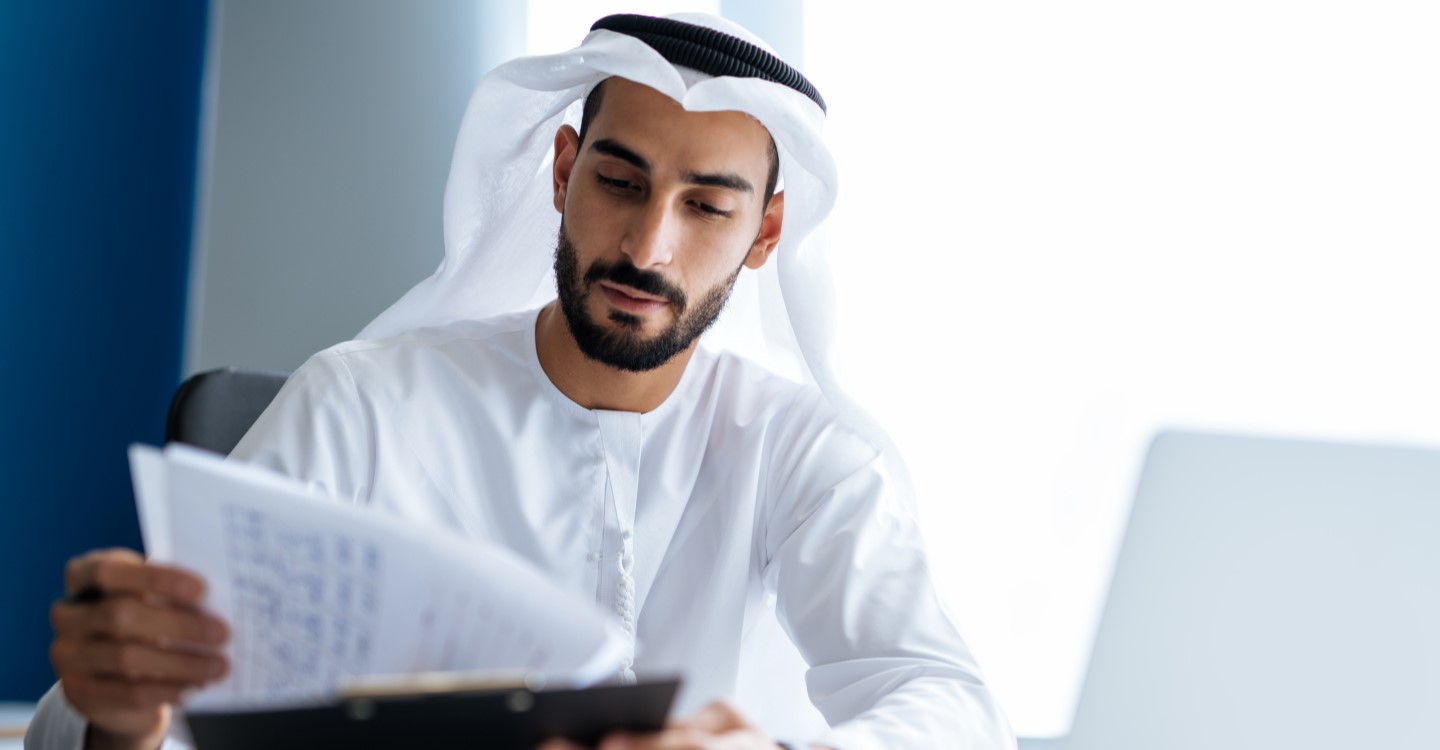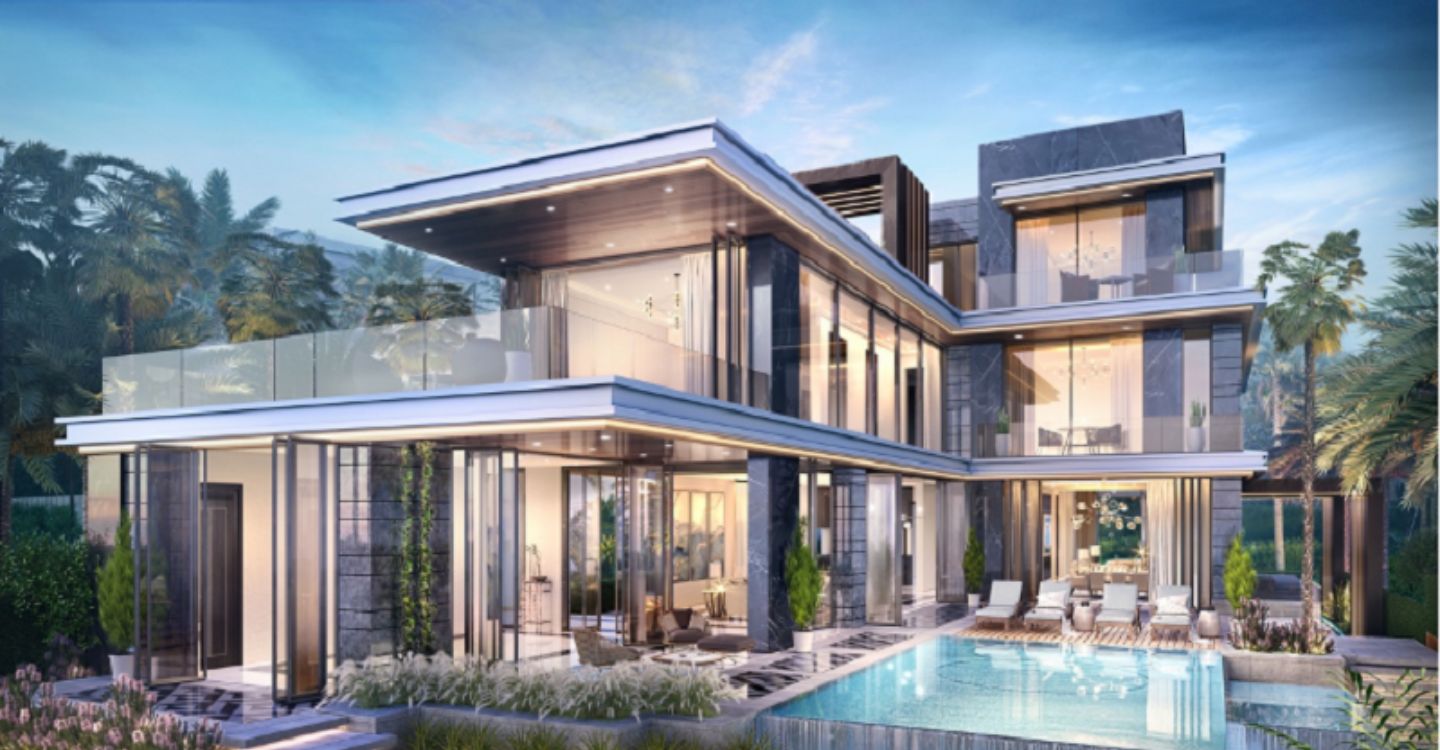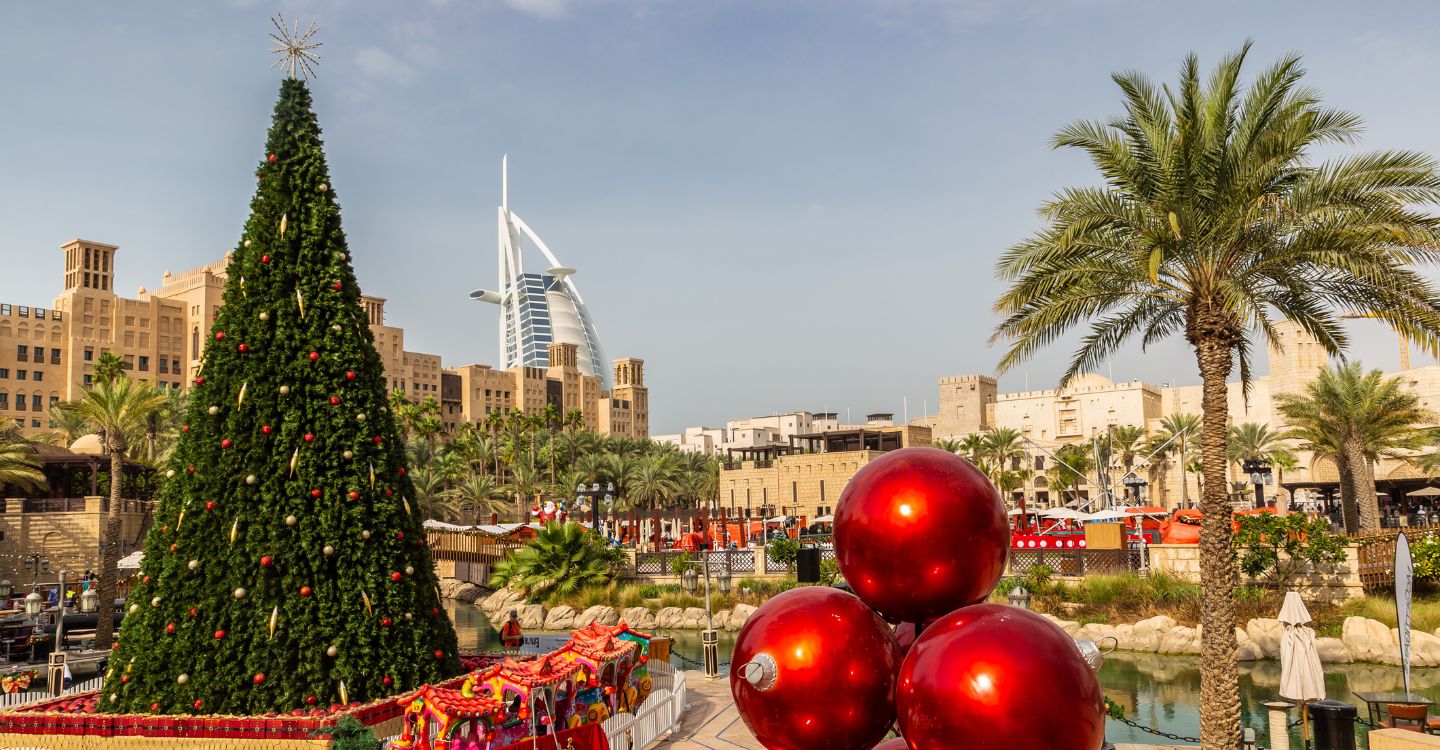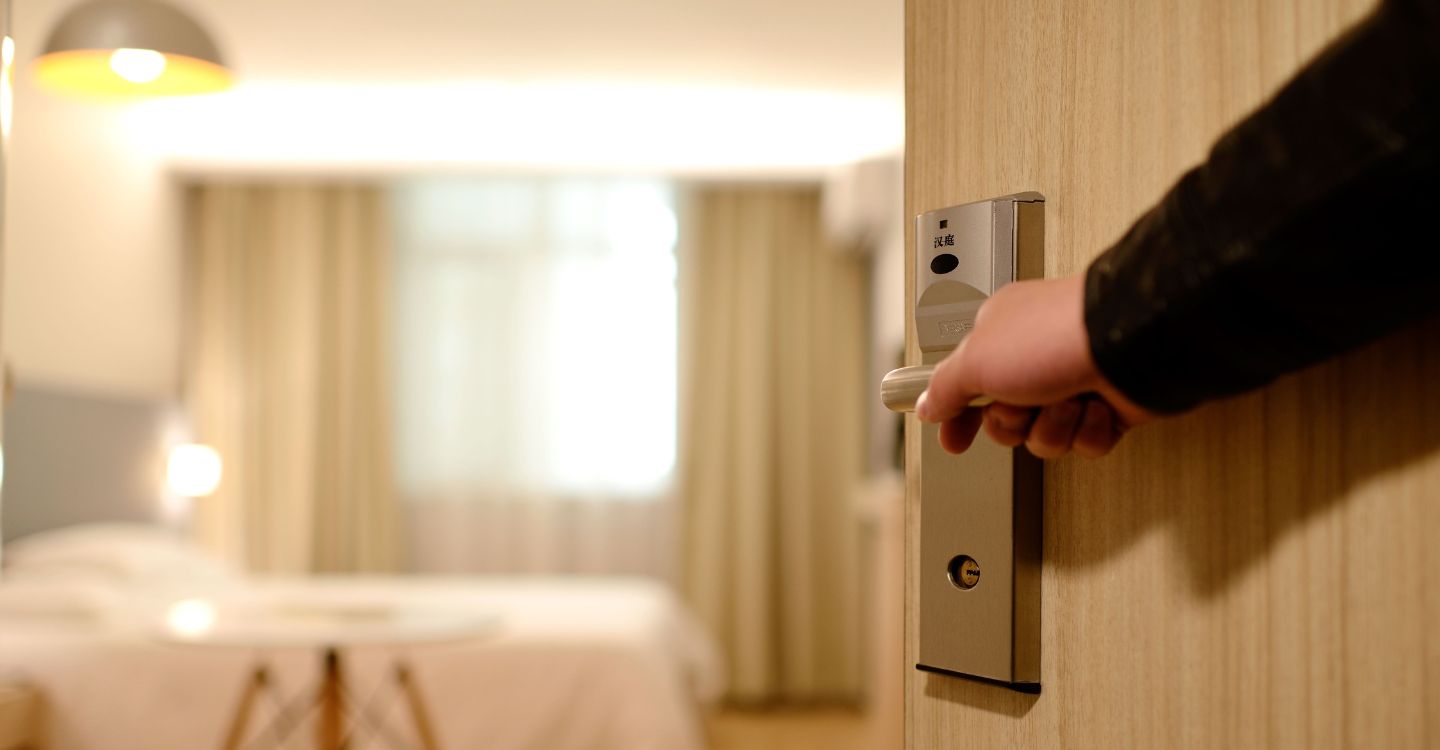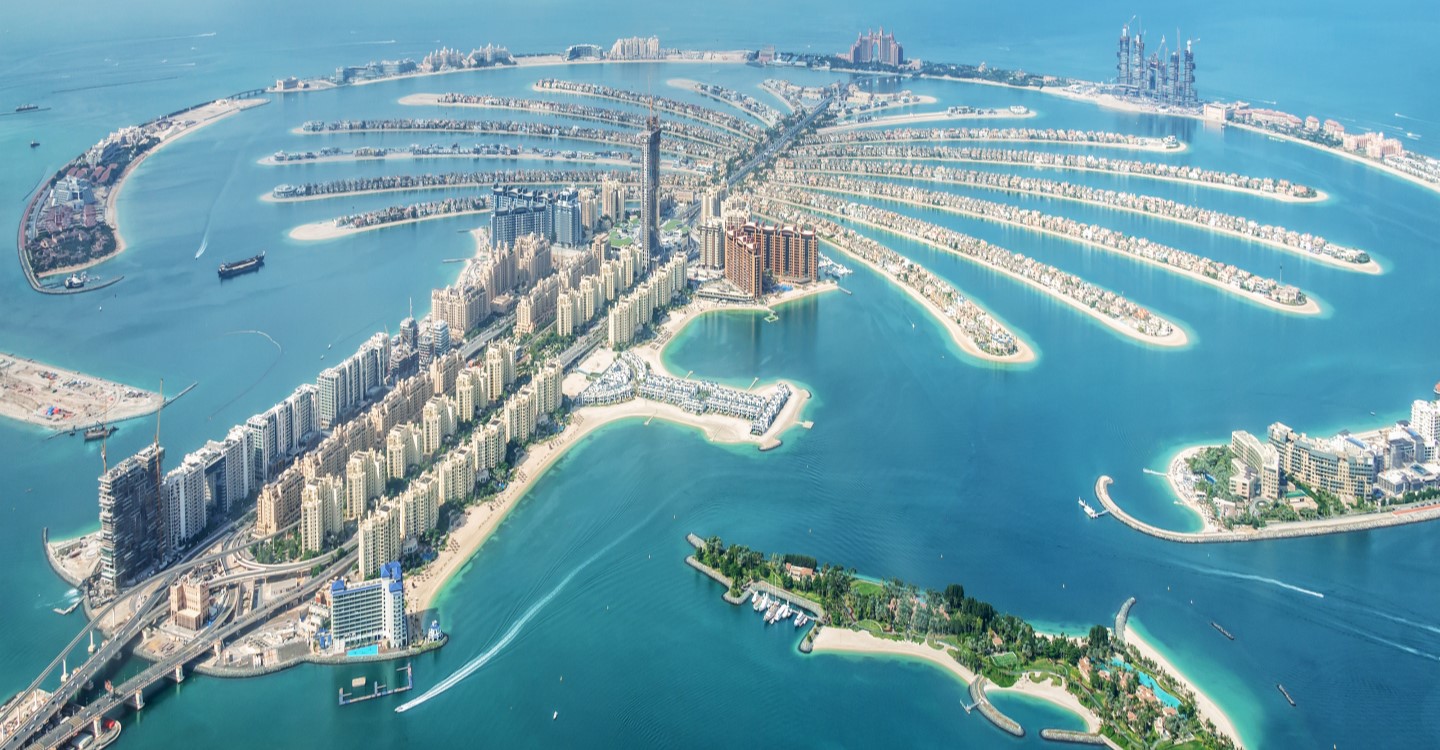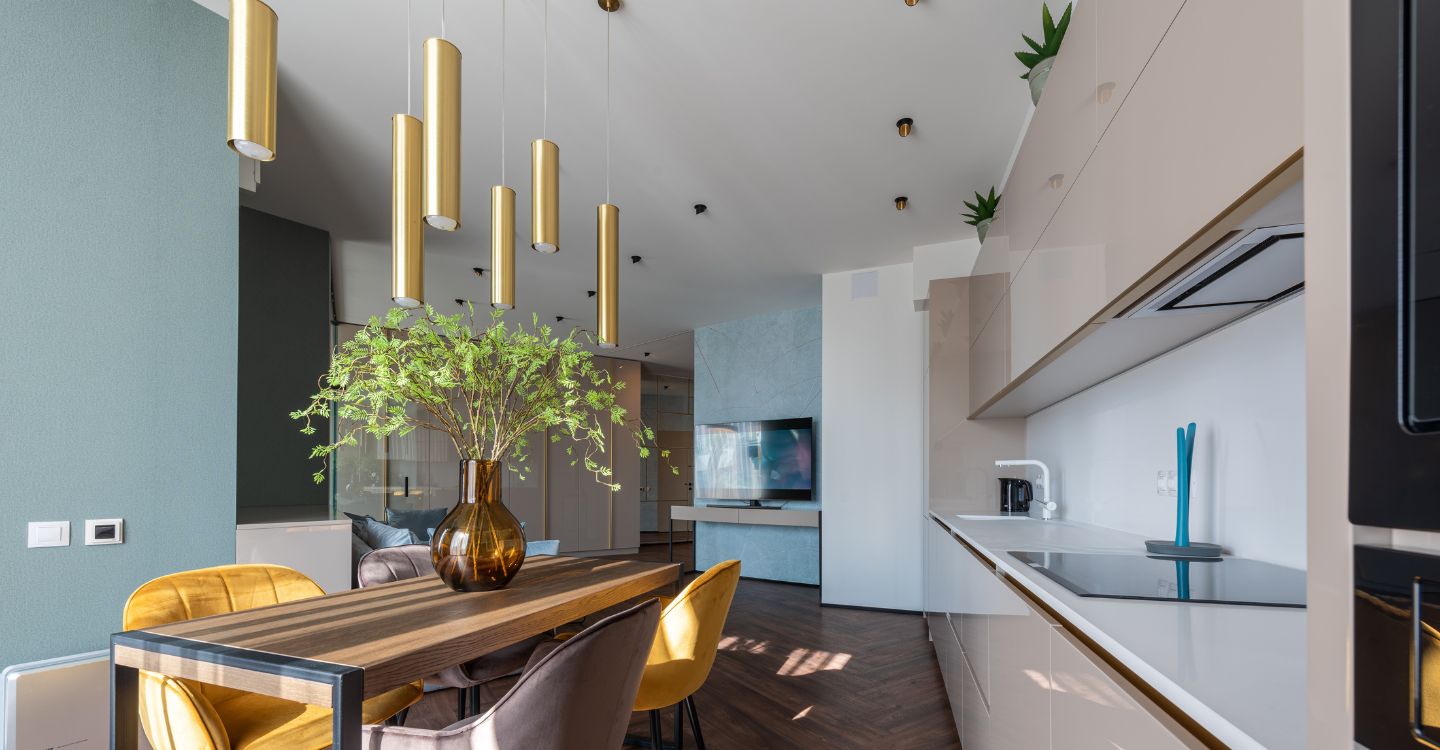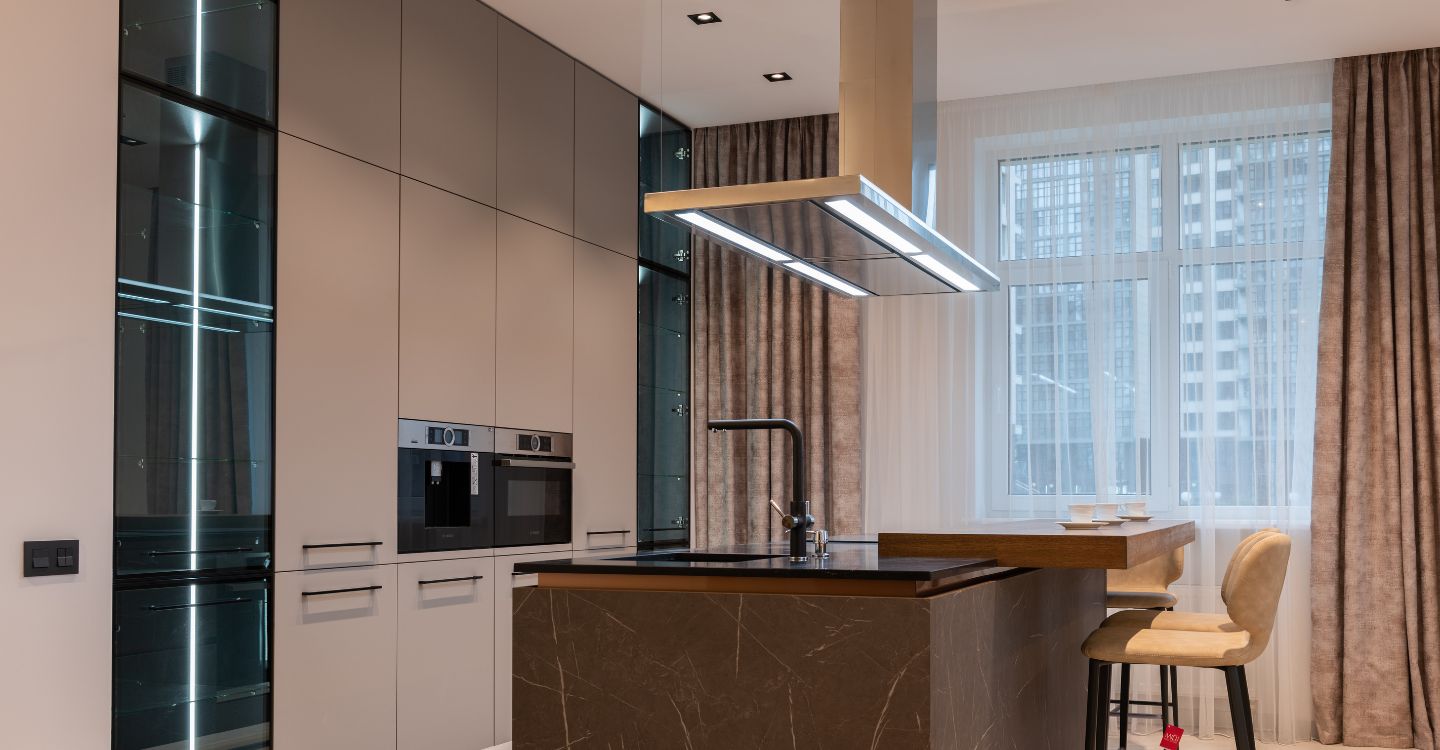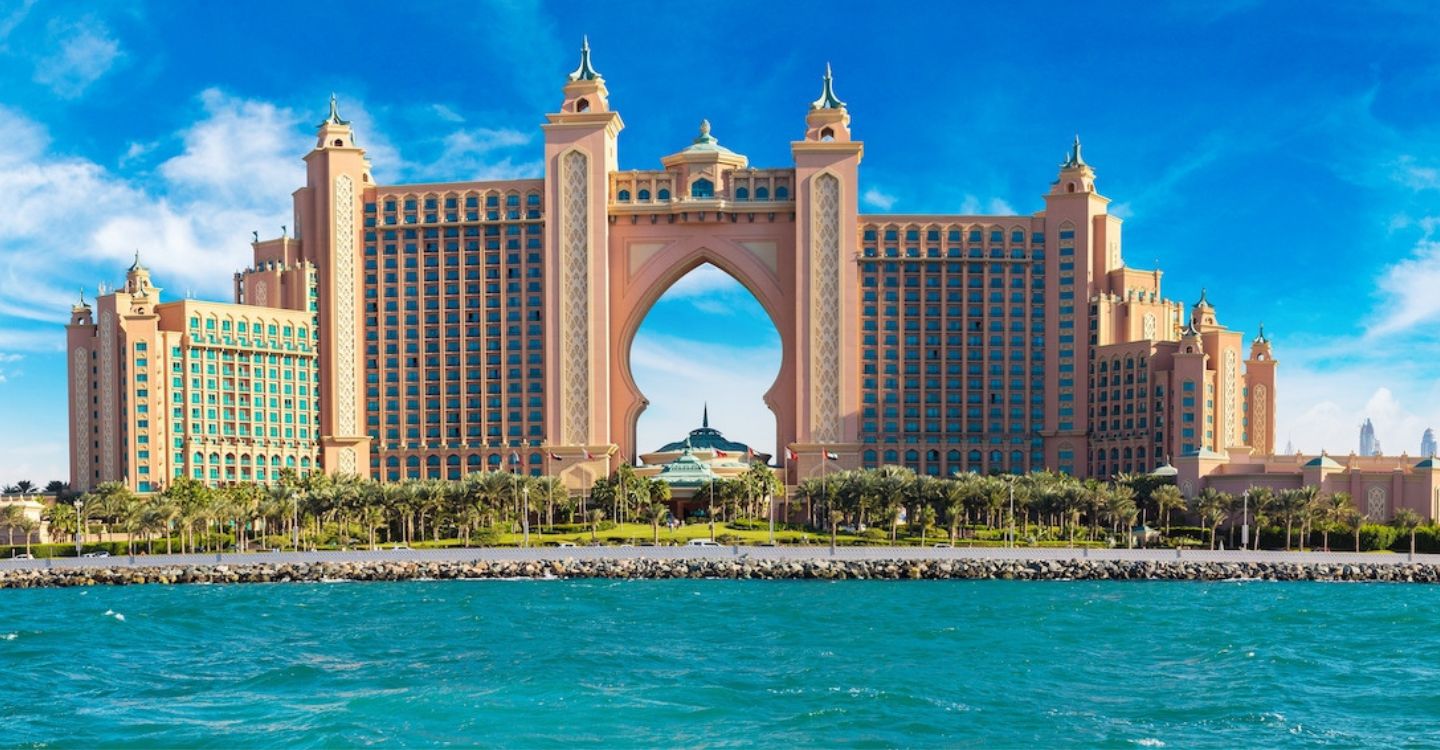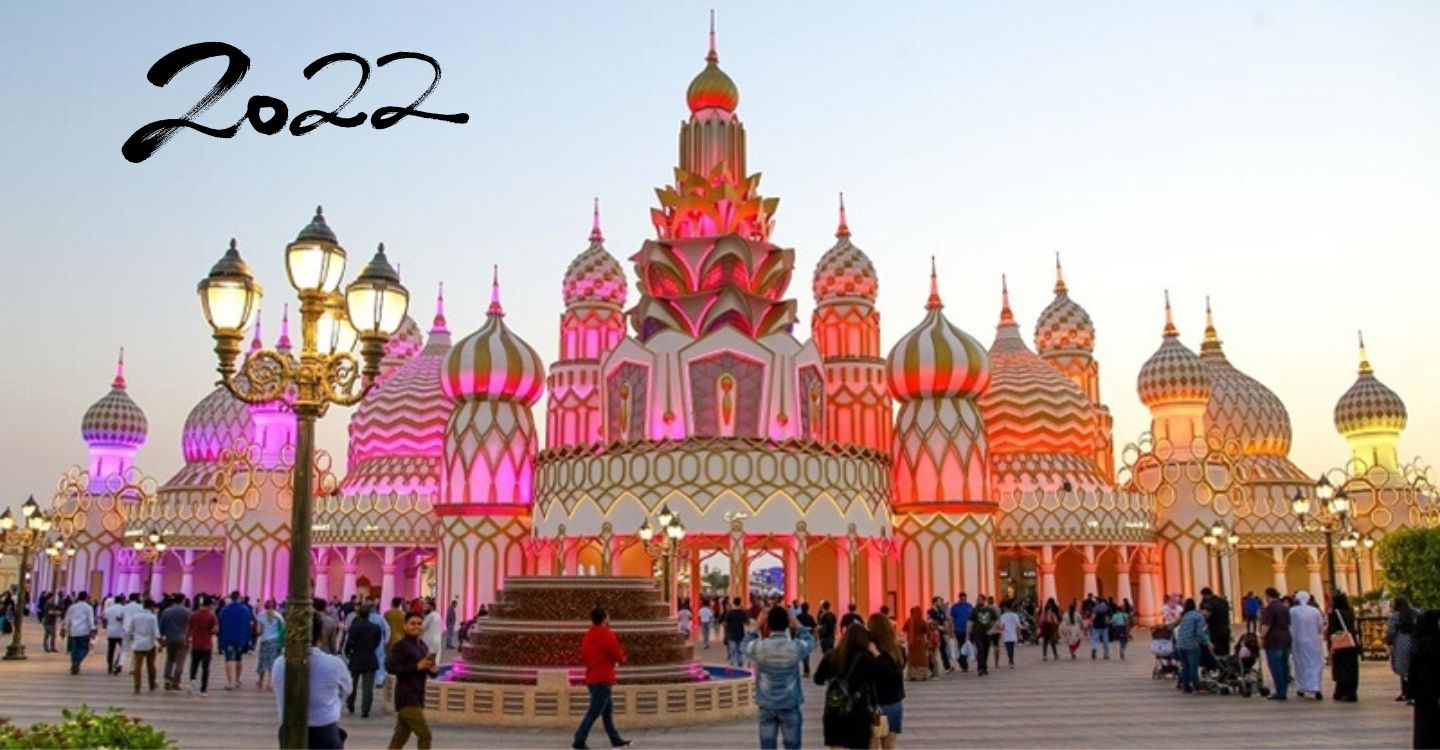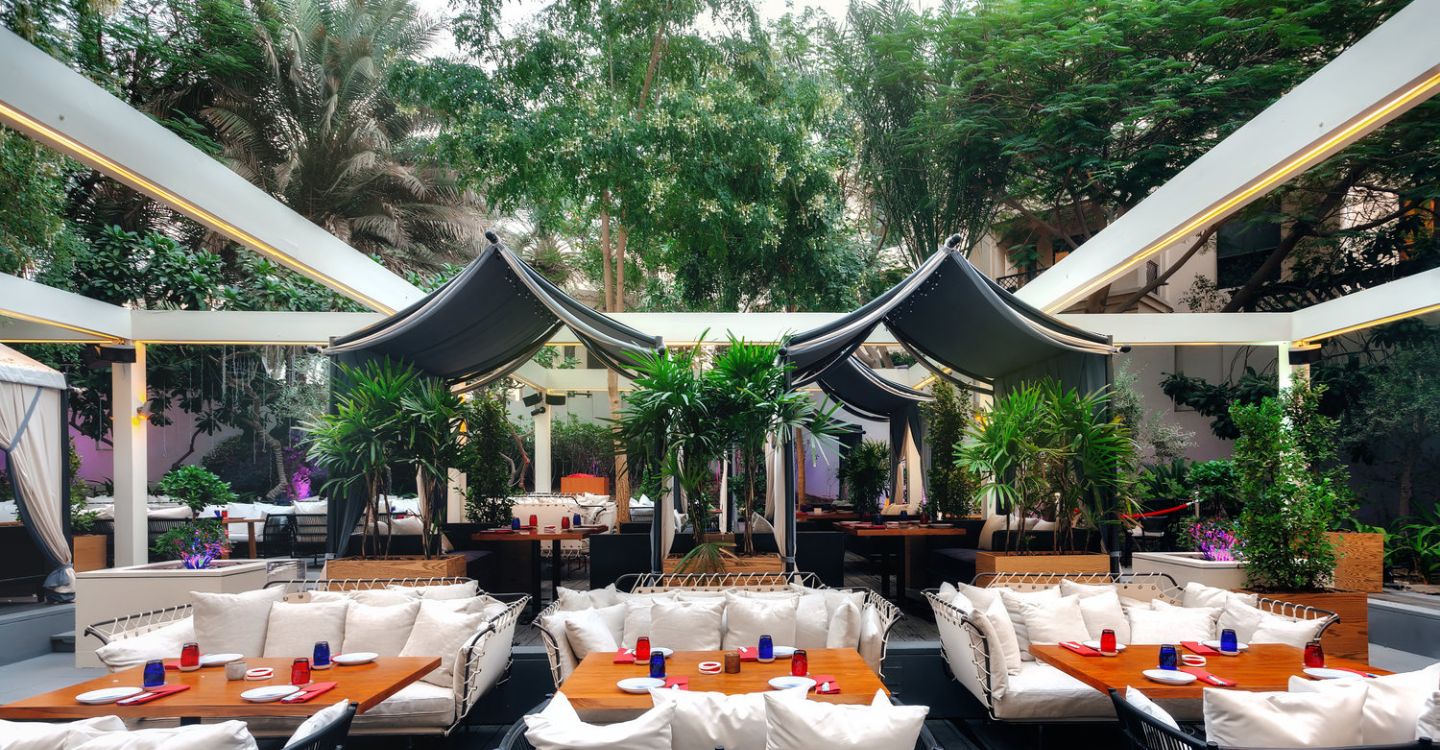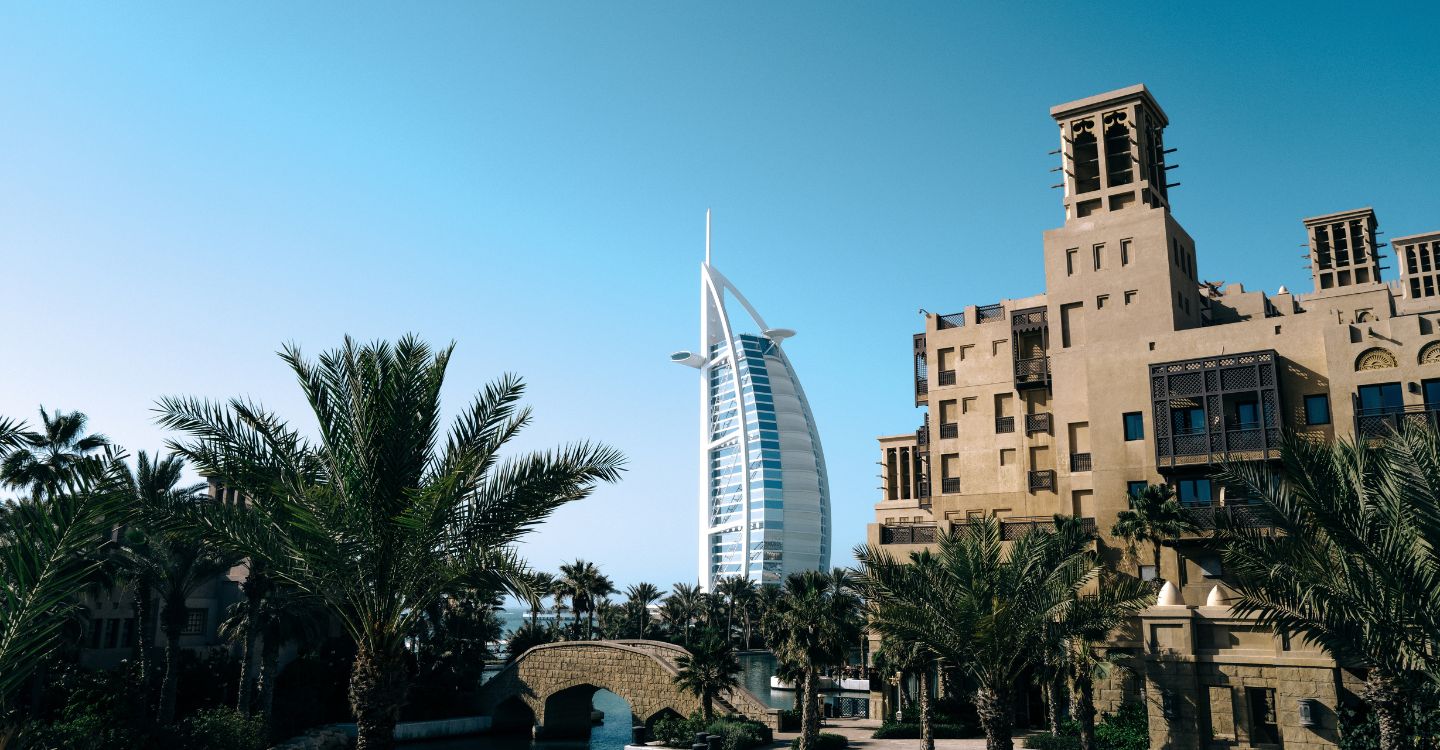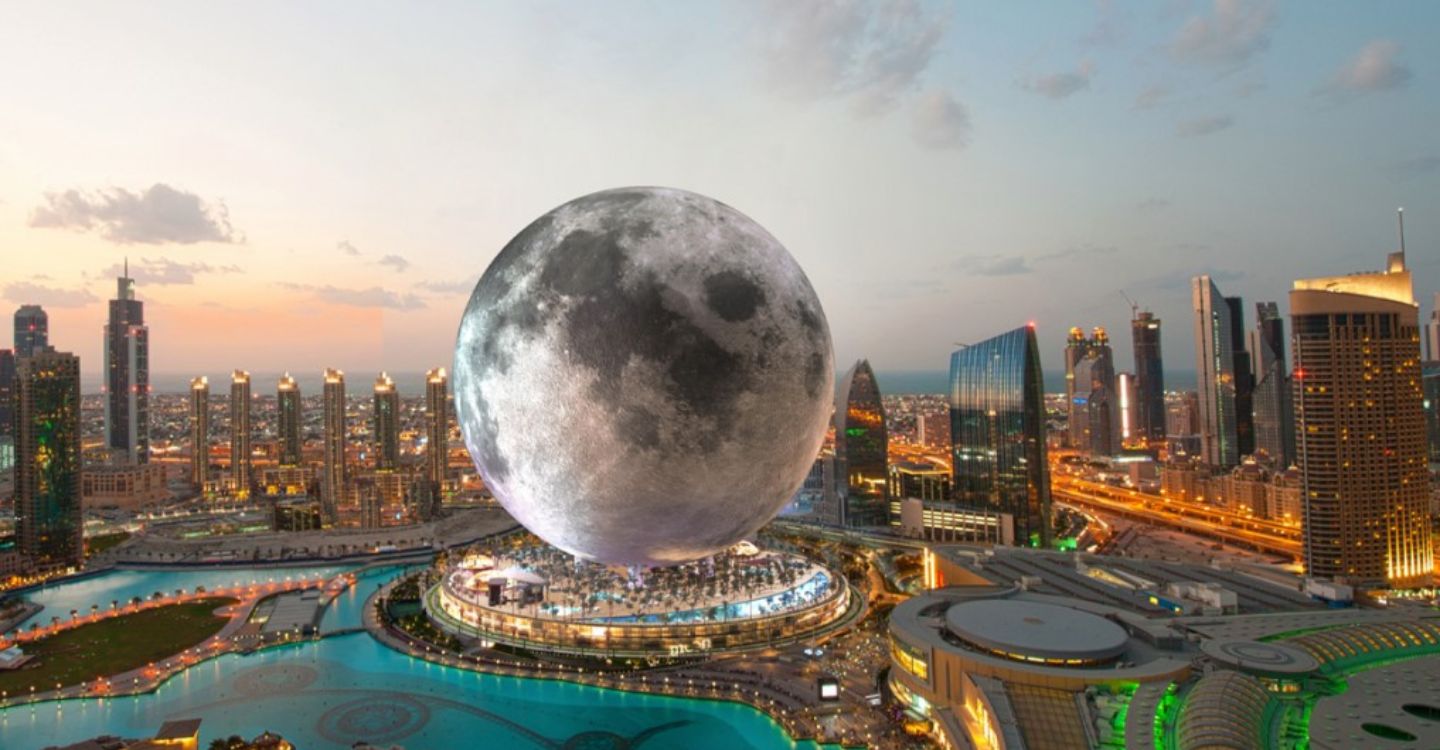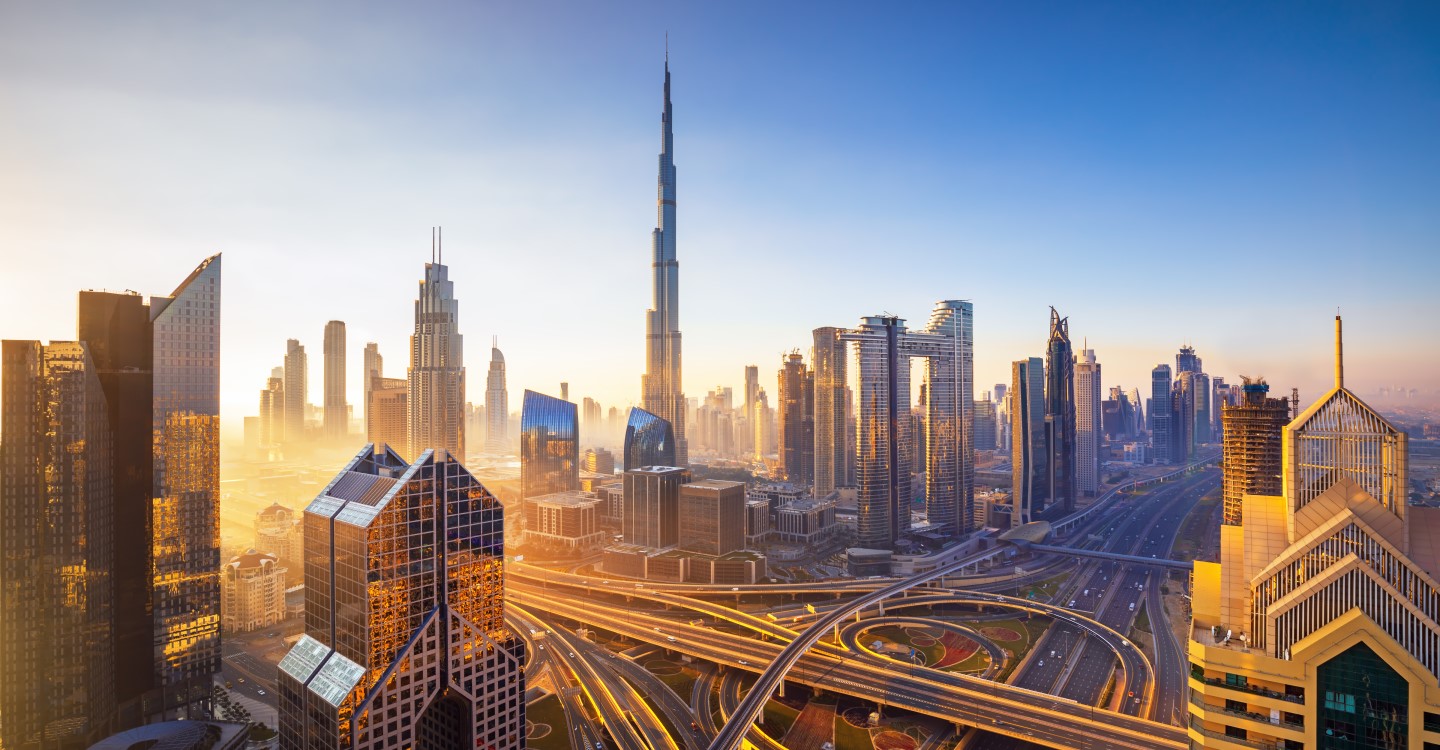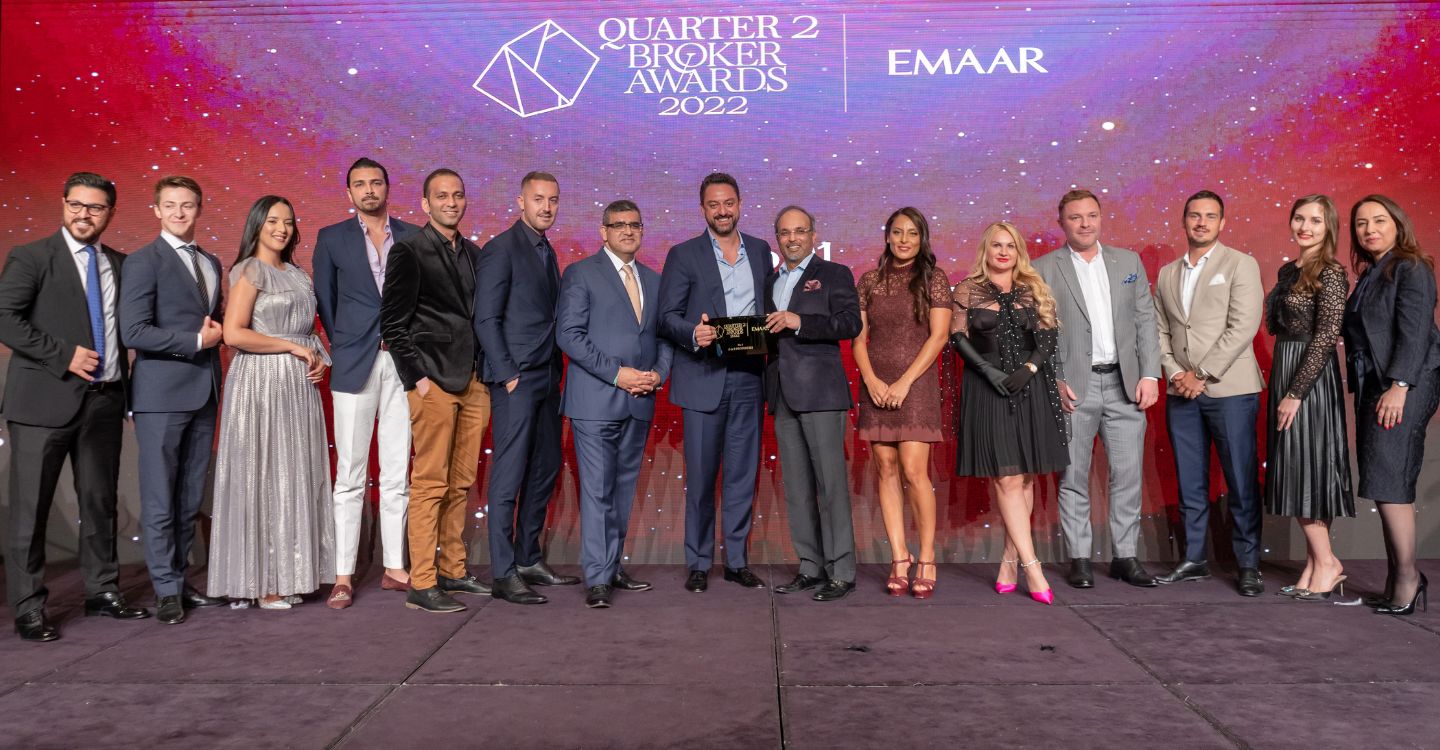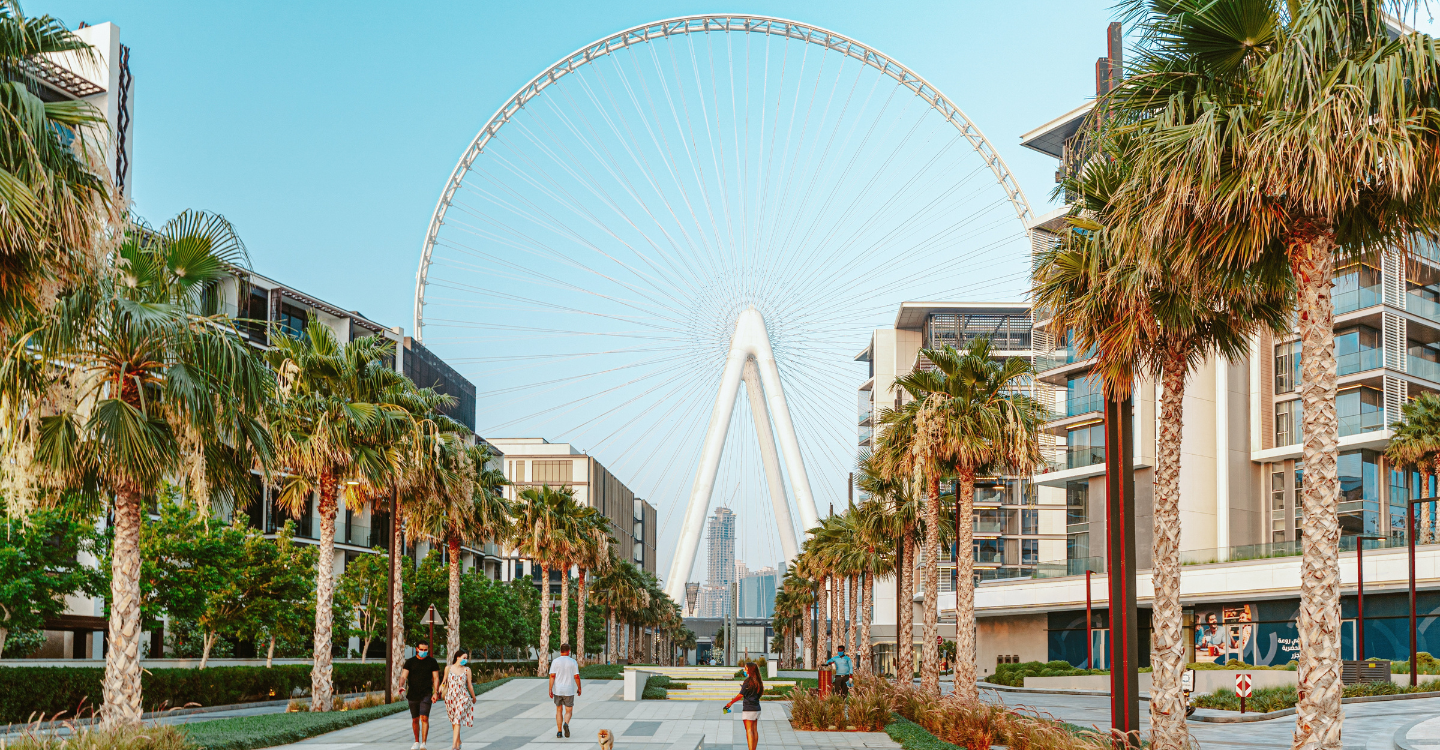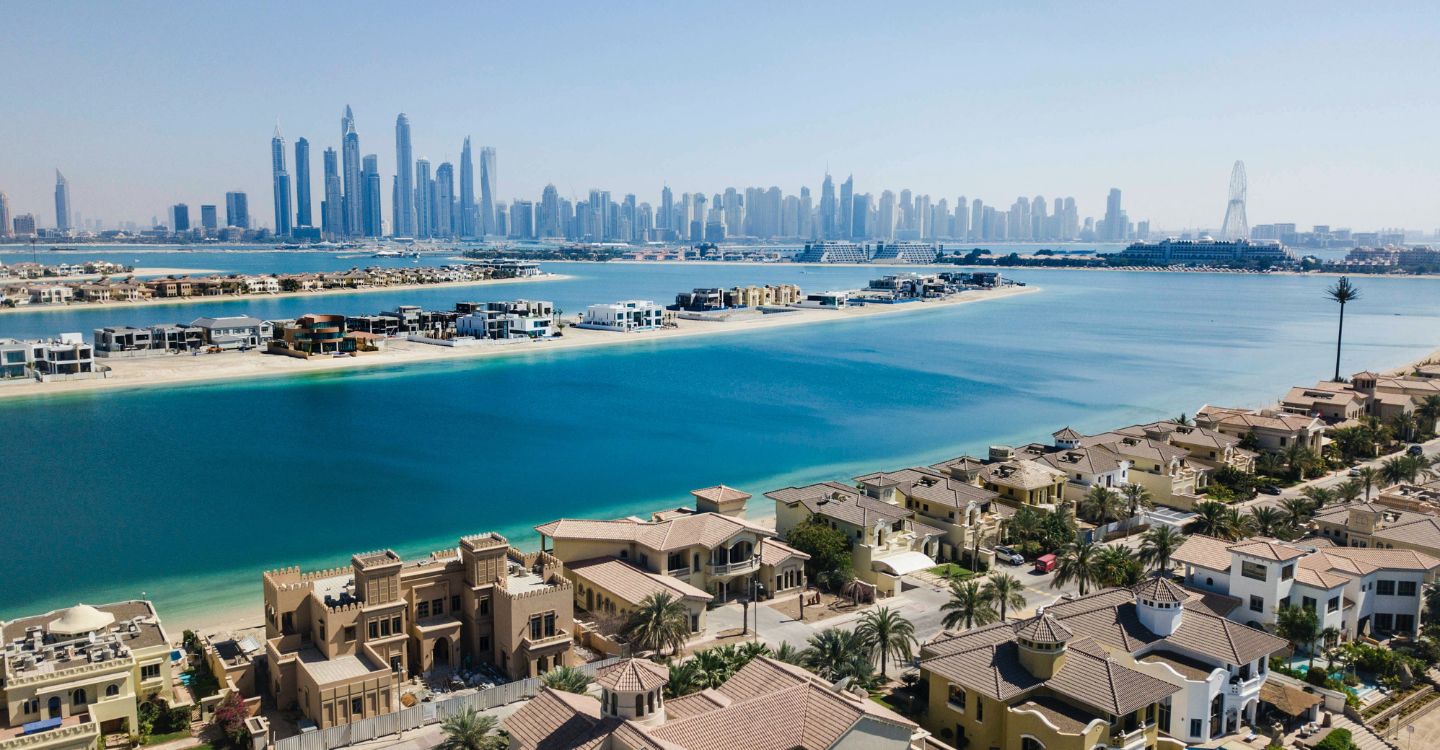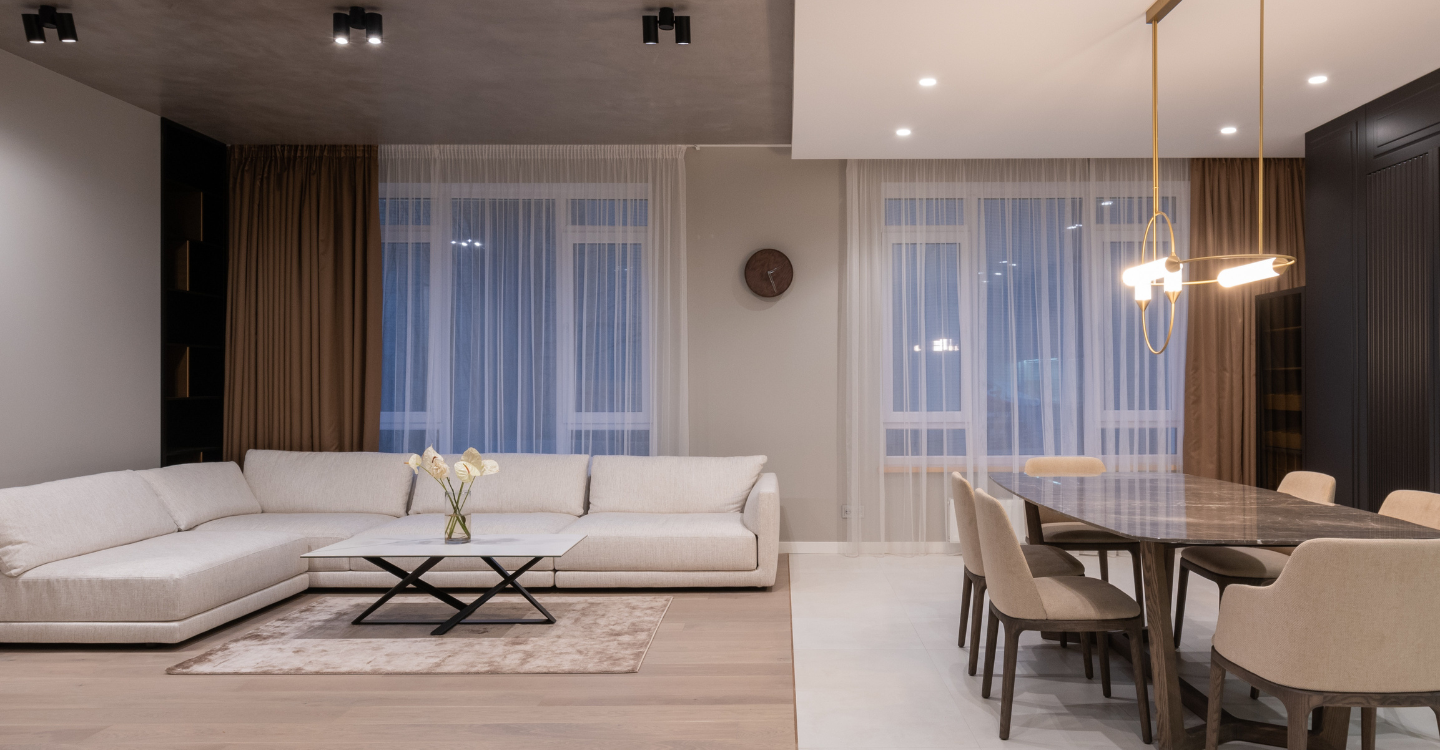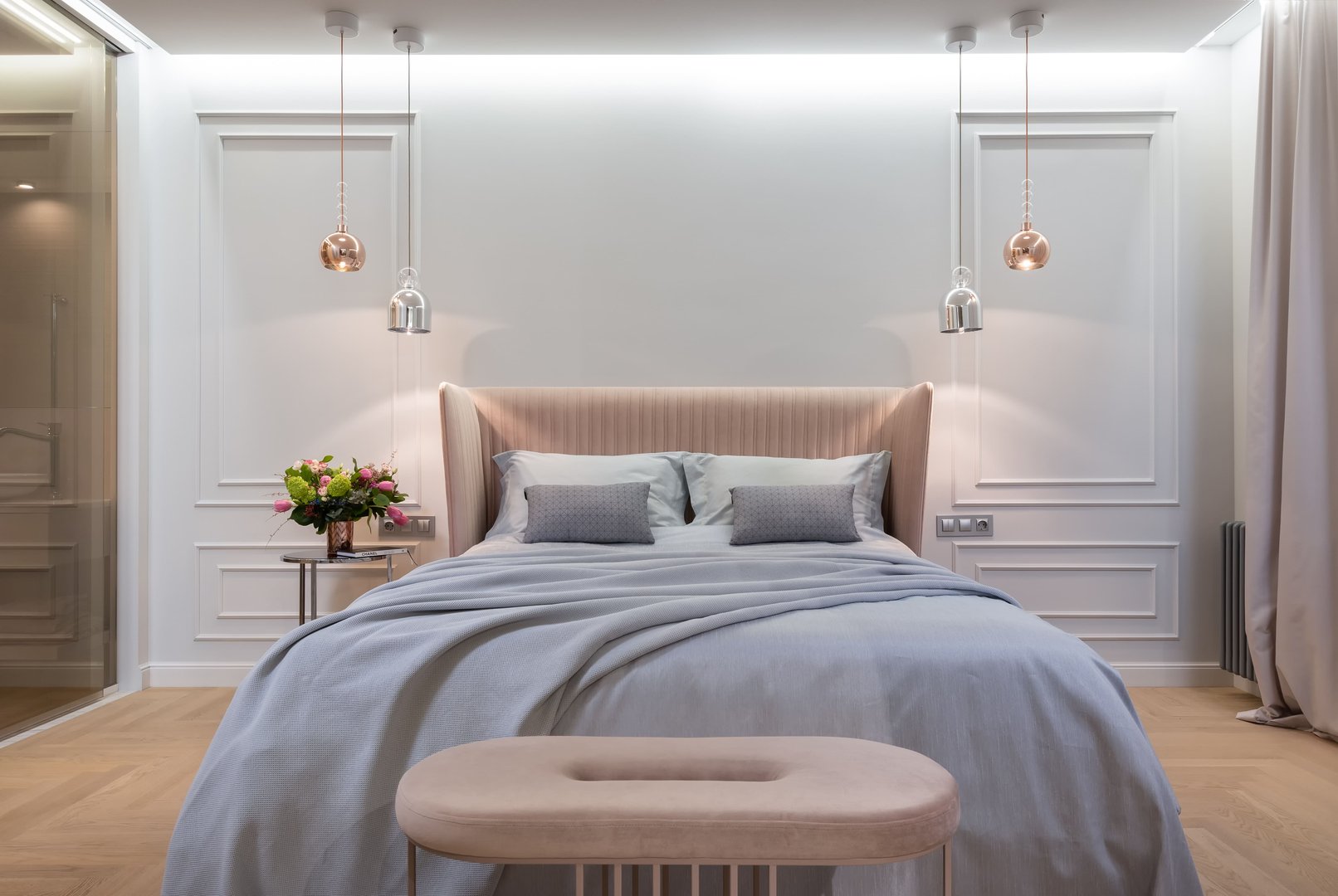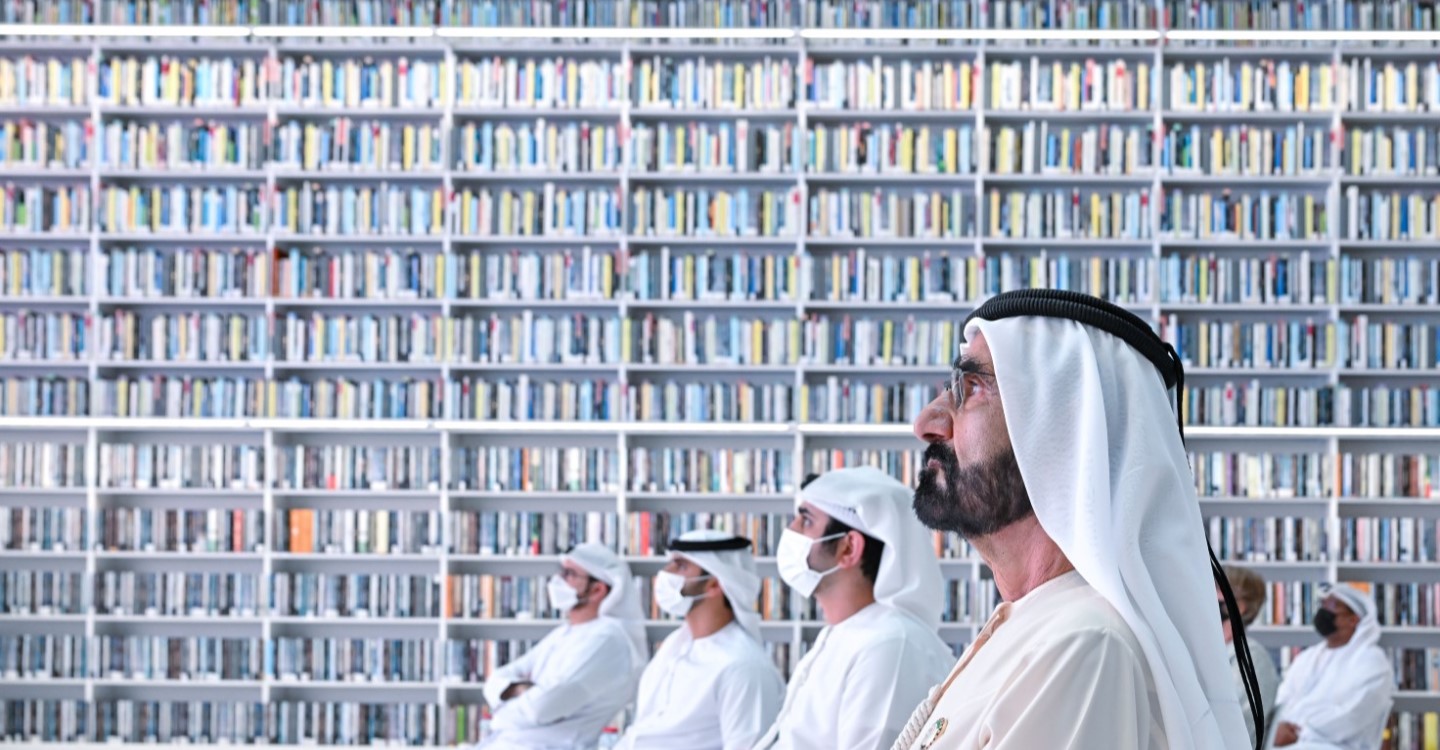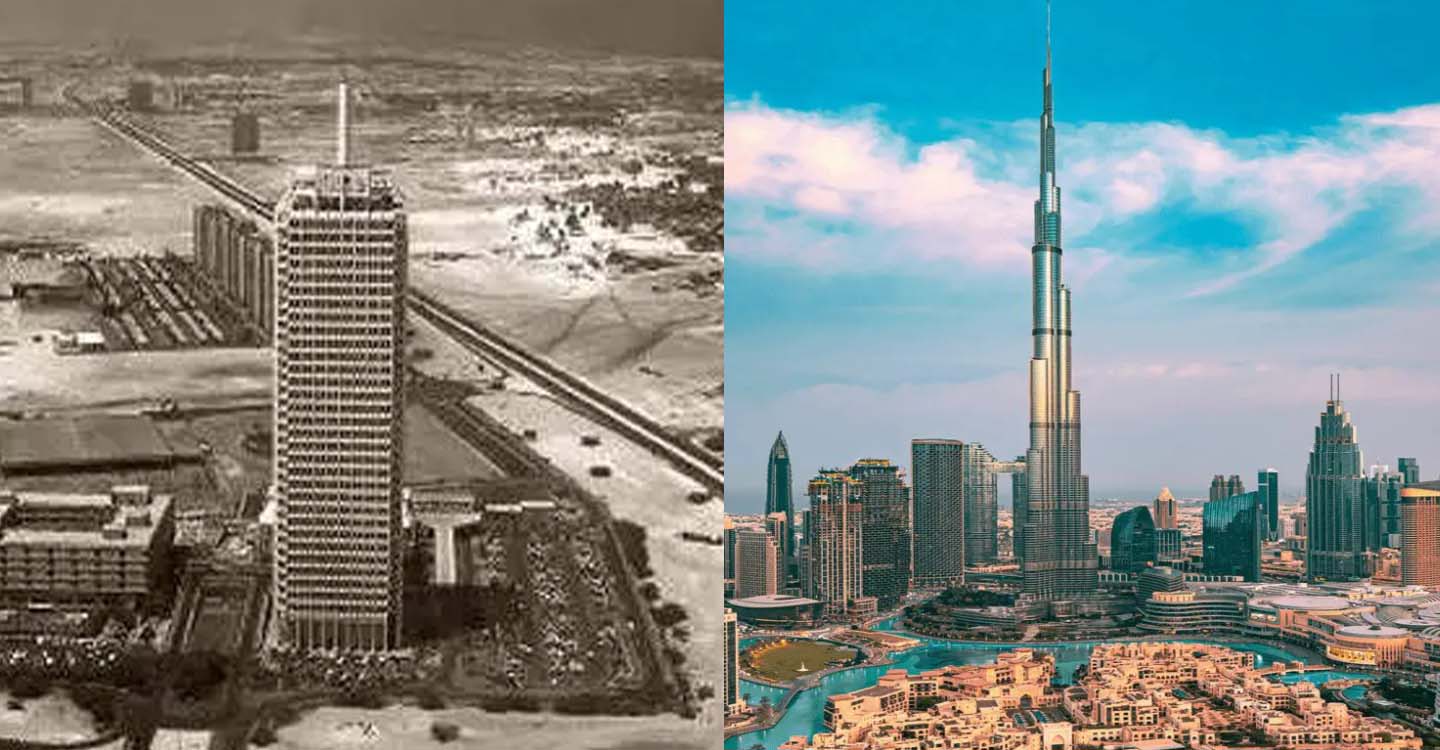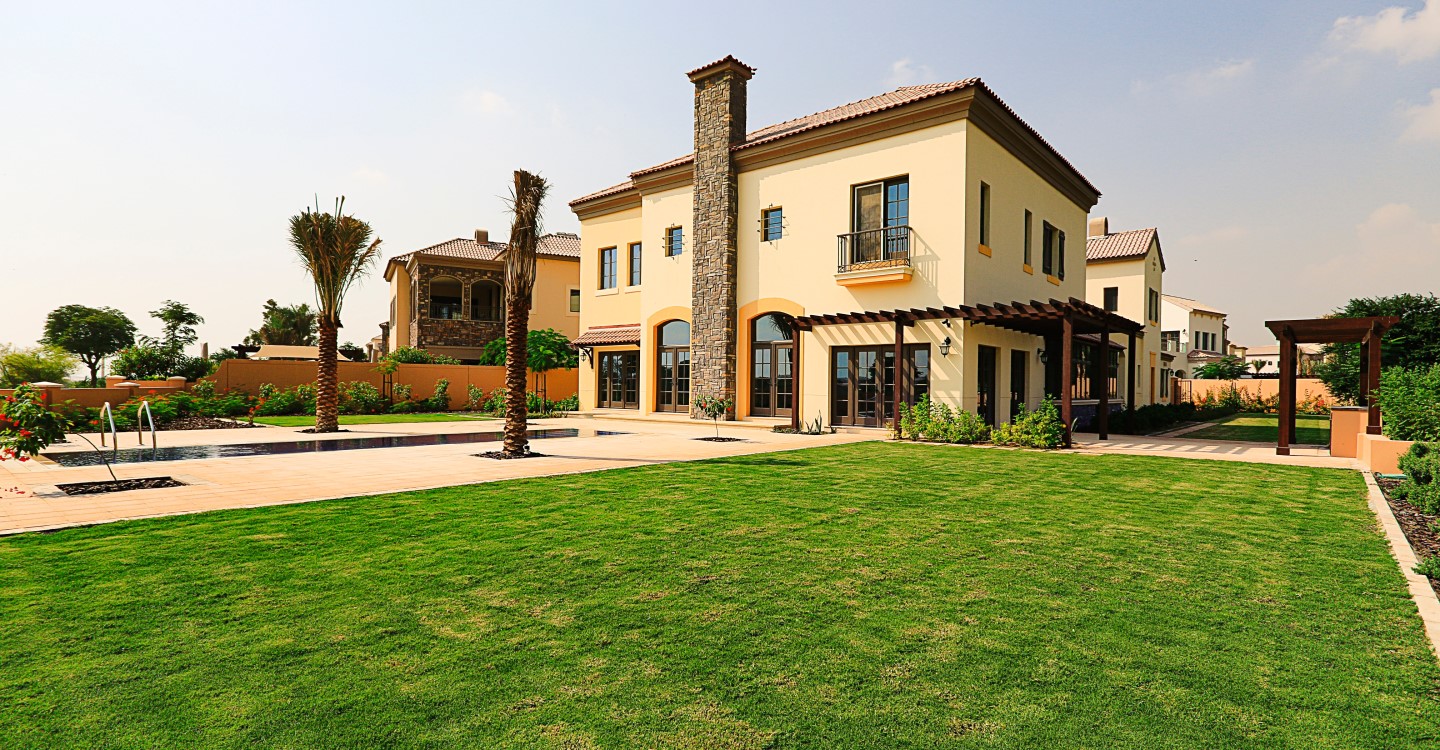As Dubai solidifies its position as one of the world’s most dynamic real estate hubs, its property market offers a diverse range of investment opportunities that cater to a broad spectrum of investors. The city's skyline is constantly evolving, with iconic developments that attract global attention. While freehold areas—where international investors can purchase properties—are widely recognized and popularized, there exists another realm of real estate investment that is often less discussed but holds immense significance: non-freehold areas.
Non-freehold areas in Dubai are not just geographical zones; they represent a deeper, more intricate part of the city’s fabric, tied to its cultural, historical, and social identity. These areas, reserved exclusively for UAE nationals and GCC investors, provide access to some of the most culturally rich neighborhoods that have been integral to Dubai’s growth over the decades.
Investing in these zones isn’t simply a financial transaction—it’s a step towards preserving and participating in the city's legacy. While the concept of exclusivity often comes to mind when discussing non-freehold areas, the significance goes beyond that. These regions offer a different kind of investment appeal—one that speaks to those who value long-term stability, cultural connection, and heritage preservation. In these areas, investors aren't just acquiring property; they're becoming stewards of Dubai's past while positioning themselves to benefit from its future growth.
In this article, I will explore the importance of non-freehold areas in Dubai’s real estate landscape. We’ll dive into the unique opportunities they present for Emirati and GCC investors, highlighting why these regions offer a more strategic, long-term investment approach compared to their freehold counterparts. Whether you’re an experienced investor looking for diversification or a first-time buyer seeking to make a meaningful investment, non-freehold areas provide distinct advantages that cannot be overlooked.
Understanding Non-Freehold Areas
Non-freehold areas in Dubai are specific zones where property ownership is restricted to UAE nationals and GCC citizens. Unlike freehold areas, where international investors can purchase and fully own properties, non-freehold zones are governed by special regulations that reserve ownership and long-term leases for those with closer ties to the region. These areas are significant in maintaining a sense of cultural identity and preserving the social fabric of the UAE’s local communities.
Some of the prominent non-freehold areas in Dubai include:
• Deira
• Bur Dubai
• Karama
• Al Rashidiya
• Al Barsha (Certain Zones)
• Jumeirah (Certain Zones)
These areas, deeply connected to Dubai’s history and traditions, offer more than just homes—they represent a legacy of the city’s evolution from a small port town to a thriving metropolis.
Benefits of Investing in Non-Freehold Areas
1. Exclusivity and Cultural Connection
For Emirati and GCC investors, non-freehold areas allow them to invest in property that is more in tune with the region’s cultural identity. These areas provide a sense of community that is often rooted in long-standing local traditions. As an investor, owning property in such zones means you are not just buying real estate; you are investing in a piece of Dubai’s heritage.
2. Government Support and Stability
Investing in non-freehold areas also comes with government-backed advantages. The UAE government consistently implements policies to ensure the prosperity of these areas, including infrastructure development and maintenance, as well as cultural preservation. The result is a stable investment environment that encourages long-term growth and secure returns.
3. Favorable Leasing Terms
While non-GCC nationals may not be able to buy property in non-freehold areas, they are permitted to lease properties. This creates a dynamic rental market, where Emirati and GCC investors can lease their properties to a wide range of tenants, creating a steady income stream. Long-term leases in these areas are particularly attractive to tenants looking for affordable housing options in central and culturally significant areas of the city.
4. Long-Term Capital Appreciation
Non-freehold areas in Dubai often see consistent appreciation due to their prime locations and limited ownership opportunities. Many of these areas are situated in well-established parts of the city, with close proximity to business districts, government offices, and other vital urban infrastructure. Over time, property values in non-freehold zones tend to increase steadily, providing GCC investors with a reliable asset that grows in value.
Why Now is the Right Time for Non-Freehold Investment
Dubai’s real estate market is experiencing an unprecedented boom, drawing international investors from across the globe, with many gravitating toward freehold properties. These freehold areas offer foreign buyers the allure of complete ownership, making them an attractive option for individuals looking to invest in Dubai’s vibrant and expanding economy. However, amidst this wave of international interest, there lies a sector that remains somewhat under the radar but holds immense potential for Emirati and GCC investors—the non-freehold market.
Non-freehold areas have long been considered hidden gems within Dubai’s vast real estate landscape. These zones, which are reserved for UAE nationals and their GCC counterparts, offer a rare opportunity to invest in some of the city’s most historically and culturally significant areas. As global attention continues to focus on freehold properties, the non-freehold sector quietly provides exclusive opportunities that many seasoned local investors are beginning to recognize as a strategic advantage.
Favorable Market Conditions
The current market conditions in Dubai are ripe for investment, especially for Emirati and GCC nationals who are in a unique position to capitalize on the non-freehold market. With property prices rising steadily across the city and demand surging in prime locations, non-freehold areas are poised for significant growth. These zones, often in well-established parts of the city, offer stability and long-term value appreciation, making them a wise investment choice for those looking to secure assets with lasting potential.
Government Backing and Infrastructure Development
One of the key reasons why now is an opportune time to invest in non-freehold areas is the UAE government’s continued commitment to developing infrastructure and creating a favorable business environment. The government is heavily invested in enhancing the country’s urban landscape, and non-freehold areas, many of which are steeped in history, are receiving special attention in terms of infrastructure upgrades and development.
Significant improvements in transportation, healthcare, and education are planned or already underway, particularly in these historical zones. Major transportation networks are being expanded, making these areas more accessible than ever before, while healthcare and education facilities are being modernized to meet the growing needs of residents. This continued development is not just enhancing the quality of life in these areas but is also driving property values upwards, making it an ideal time to invest.
Exclusive Investment Opportunities
The exclusivity of non-freehold zones presents a unique opportunity for those who qualify. As international investors flood the freehold market, non-freehold properties offer a more controlled and less saturated investment environment. For Emirati and GCC nationals, this means access to properties in prime locations without the intense competition seen in freehold areas.
Additionally, with the UAE’s ambitious vision for economic diversification and urban development, these non-freehold areas are expected to see steady growth in demand, as they offer a more localized and culturally significant living experience. The ability to invest in such zones, especially at a time when the broader real estate market is booming, positions investors for potentially high returns in the future.
Future Prospects for Growth
Looking ahead, the future of non-freehold investment in Dubai is bright. As the city continues to expand and evolve, demand for centrally located, culturally rich, and historically significant properties will likely increase. The upcoming years promise not only enhancements in infrastructure but also increased government incentives aimed at fostering homeownership among UAE nationals and GCC investors.
The anticipated growth in these areas is further supported by Dubai’s broader economic vision, which includes substantial investment in sectors like tourism, commerce, and technology. As these industries thrive, the demand for residential properties in key non-freehold areas is expected to rise, making it an opportune time for investors to secure their stake in the market.
In conclusion, the non-freehold sector in Dubai is more than just an alternative to freehold properties—it’s a strategic investment opportunity that offers long-term benefits. With the current market conditions, government backing, and future infrastructure enhancements, Emirati and GCC investors are in a prime position to capitalize on this underexplored sector.
A Strategic Long-Term Investment
Investing in non-freehold areas in Dubai is not just about financial gains—it’s a strategic decision that ties into the broader picture of the UAE’s social and economic future. These areas are tightly woven into the city’s development narrative, offering not only economic returns but also a chance to be part of Dubai’s ongoing transformation.
As an Emirati or GCC investor, investing in these areas is an opportunity to align with the city’s growth while preserving the cultural heritage that makes Dubai unique. The stability, exclusivity, and long-term potential of non-freehold properties make them an attractive proposition for discerning investors looking beyond the well-known freehold zones.
Final Thoughts
While freehold areas in Dubai attract global attention, non-freehold areas remain a vital part of the city’s real estate ecosystem. For Emirati and GCC investors, these zones offer a unique chance to tap into a stable, culturally rich investment sector. Whether you're looking for long-term capital appreciation, a steady rental income, or a piece of Dubai’s historical charm, non-freehold areas provide an unparalleled opportunity in a growing and dynamic market.
I believe investing in non-freehold properties is a strategic move for those looking to secure assets with both financial and cultural significance. By taking advantage of these exclusive areas, Emirati and GCC investors can enjoy the dual benefits of economic growth and cultural preservation.
